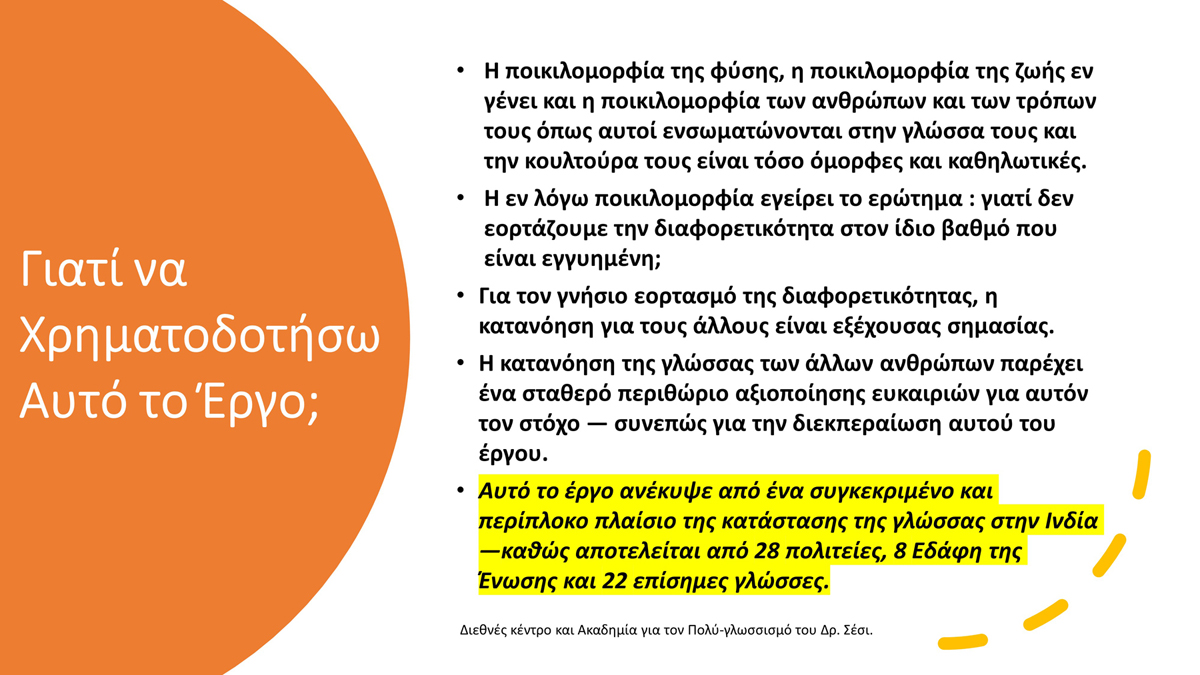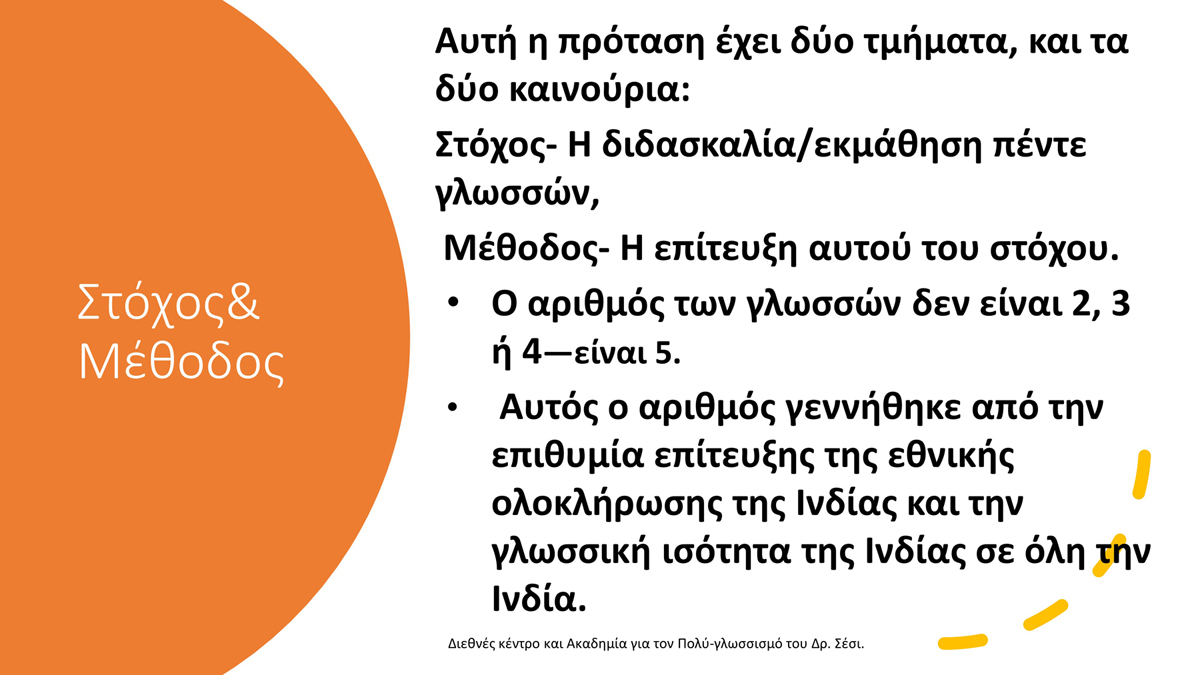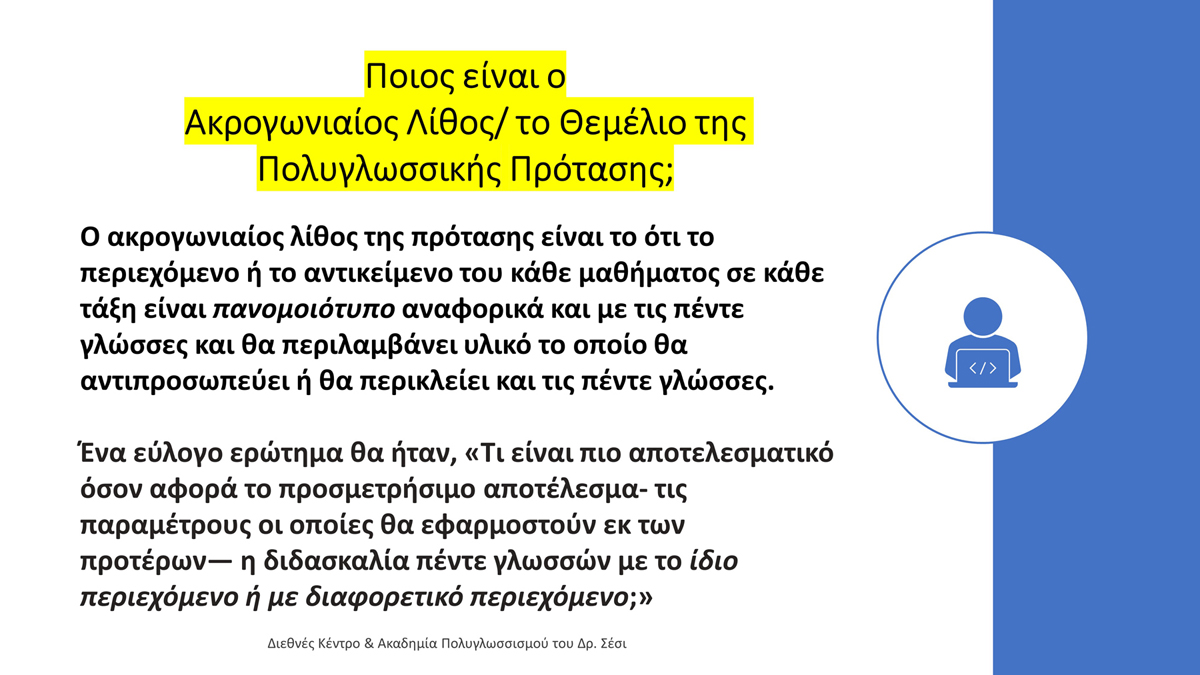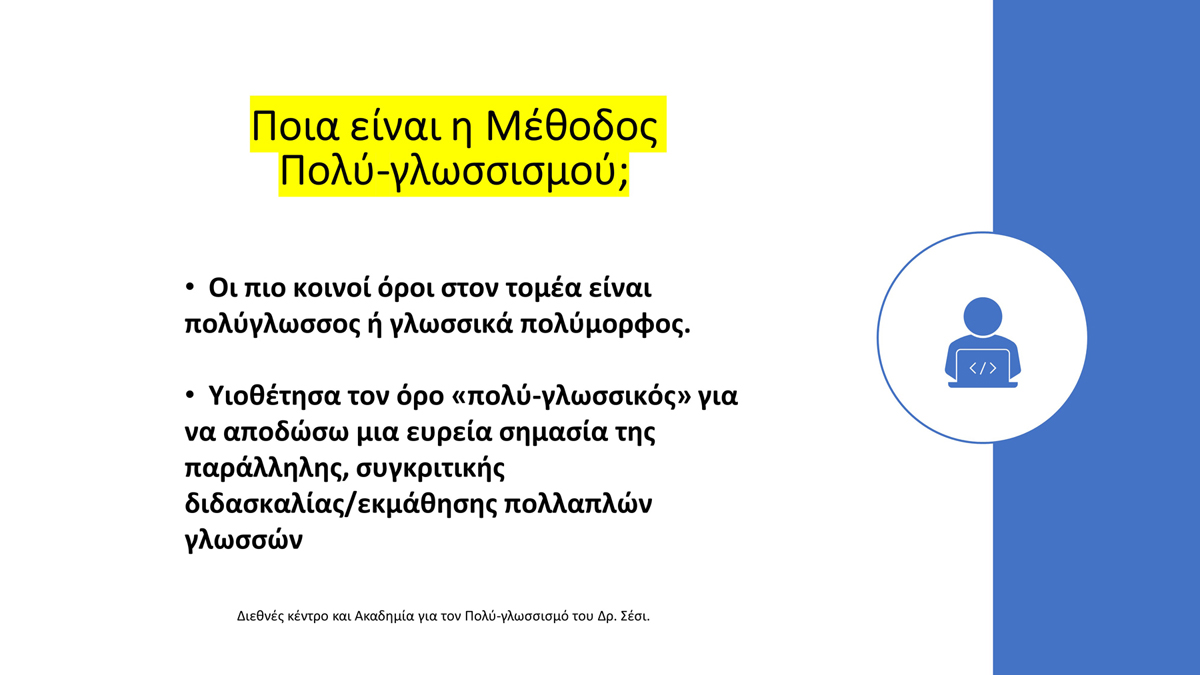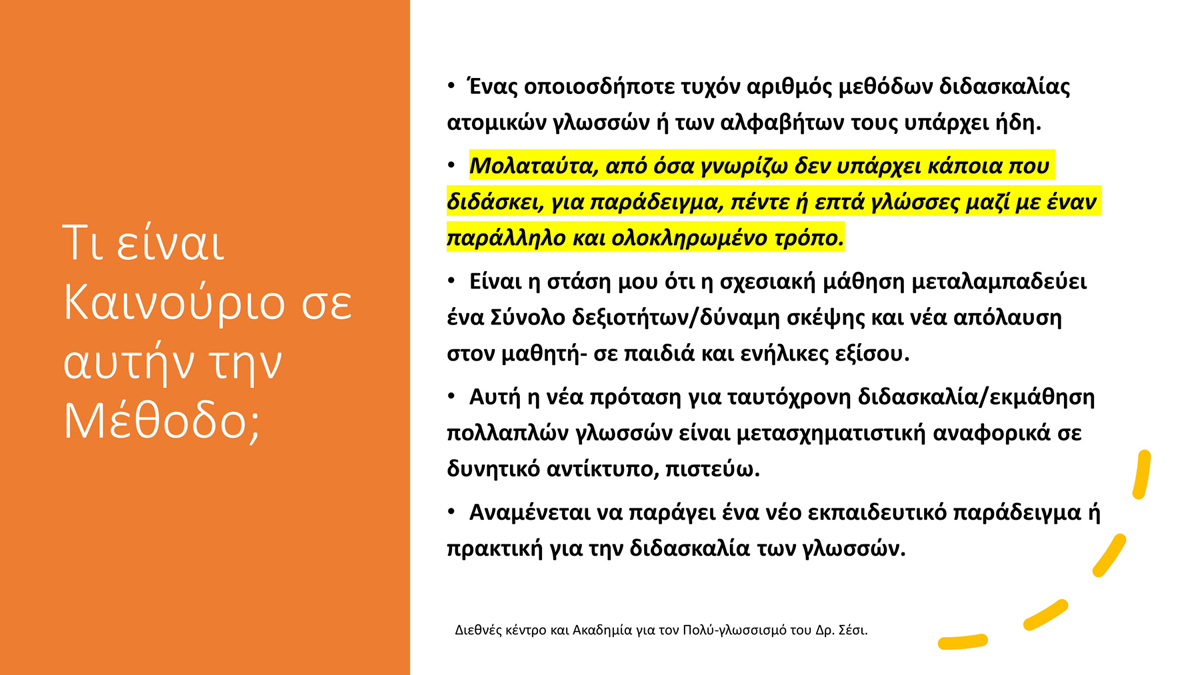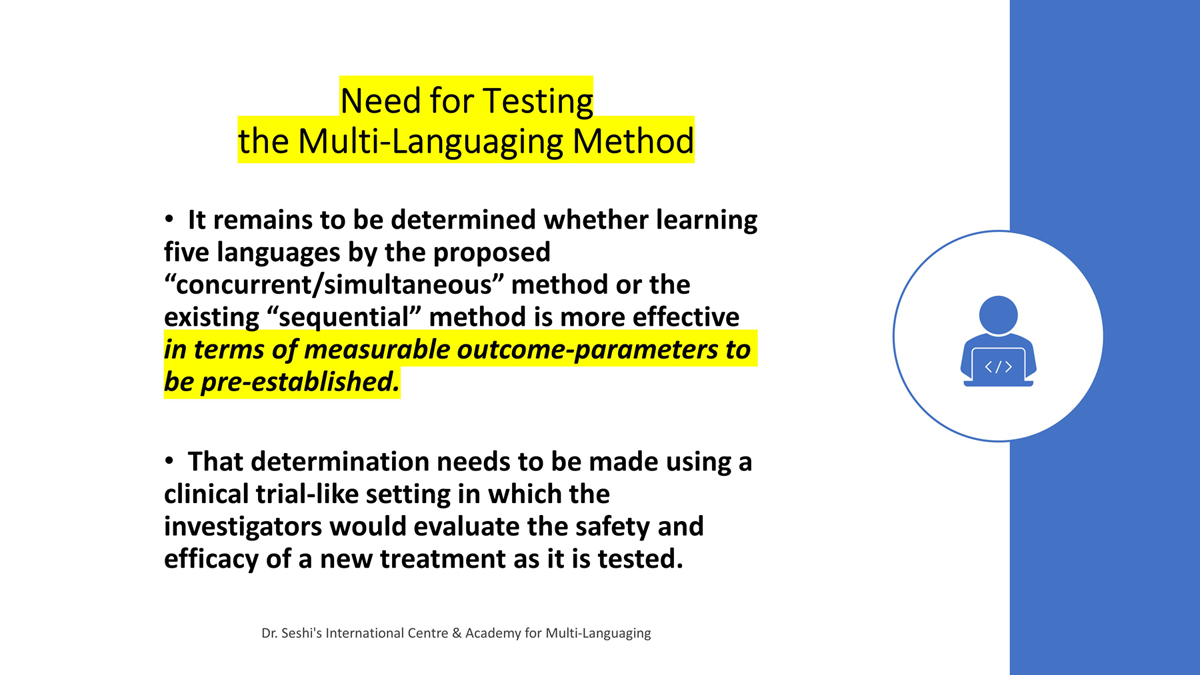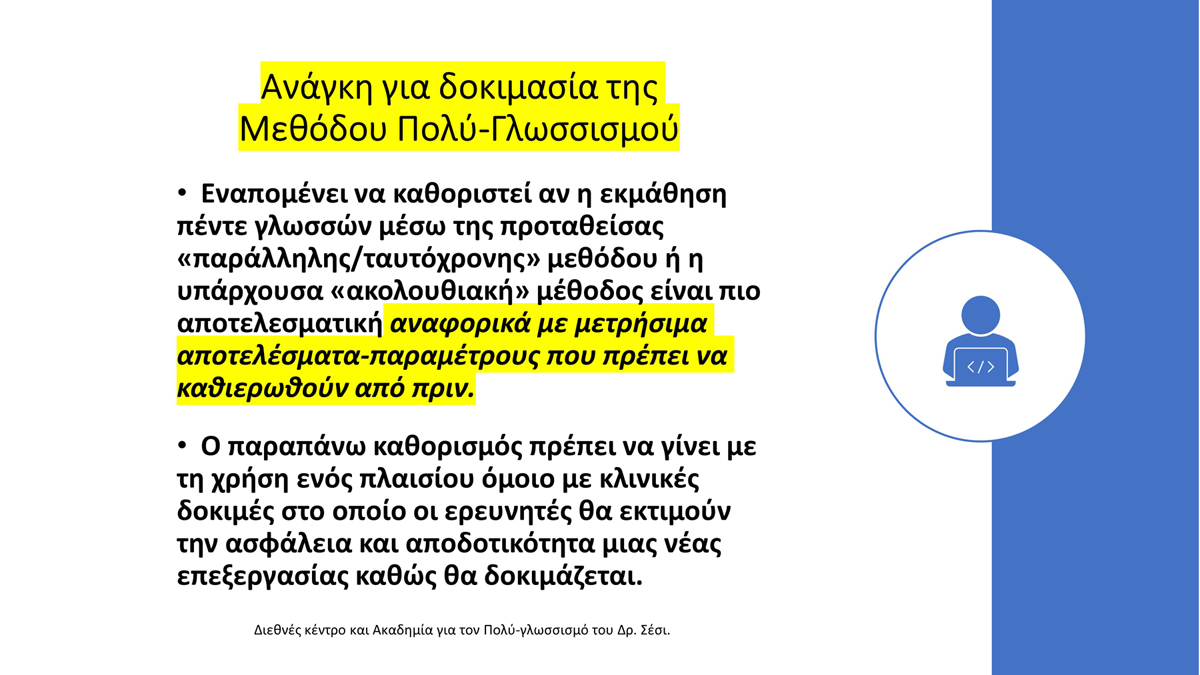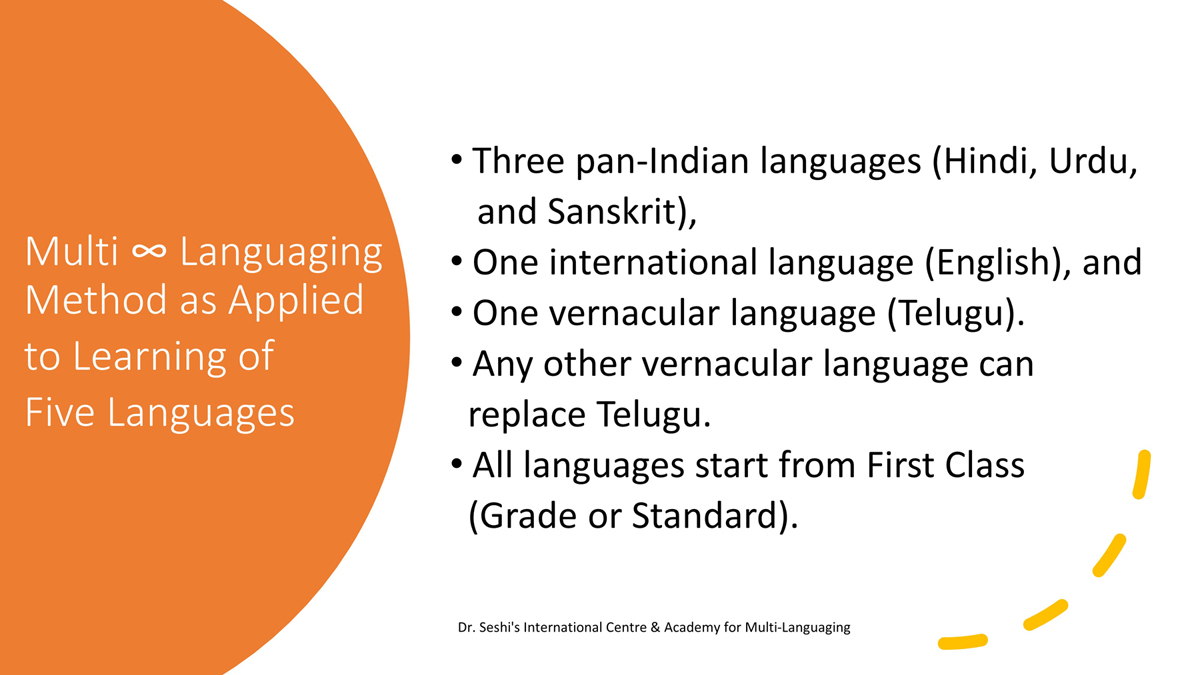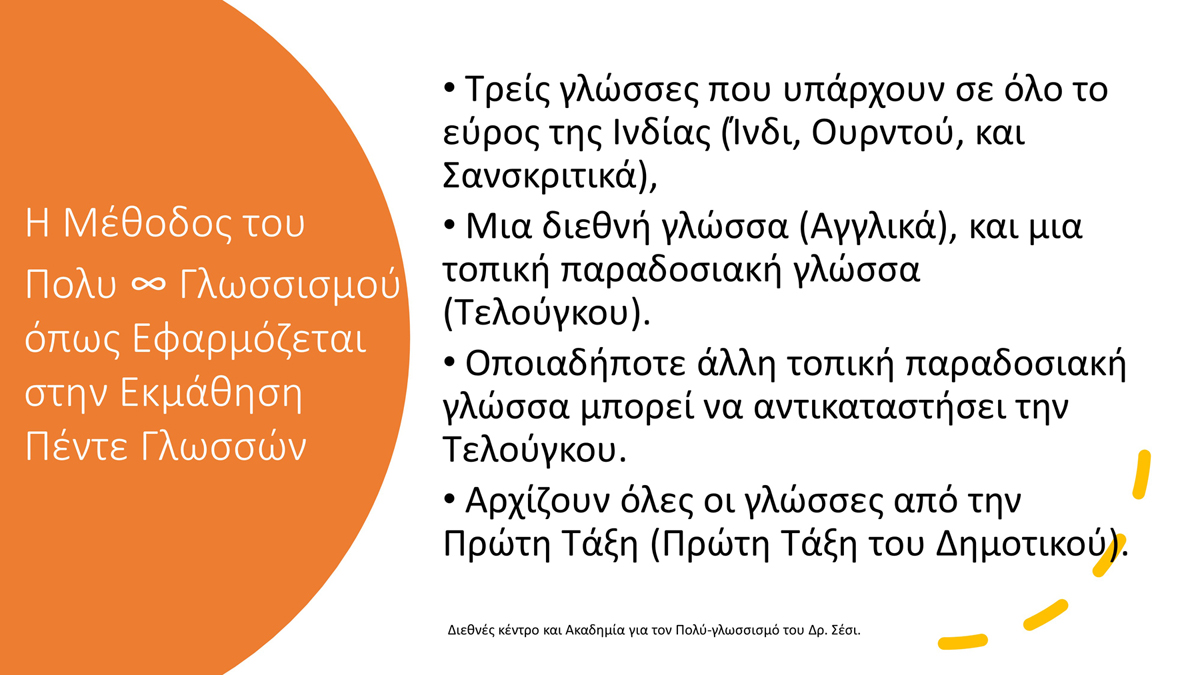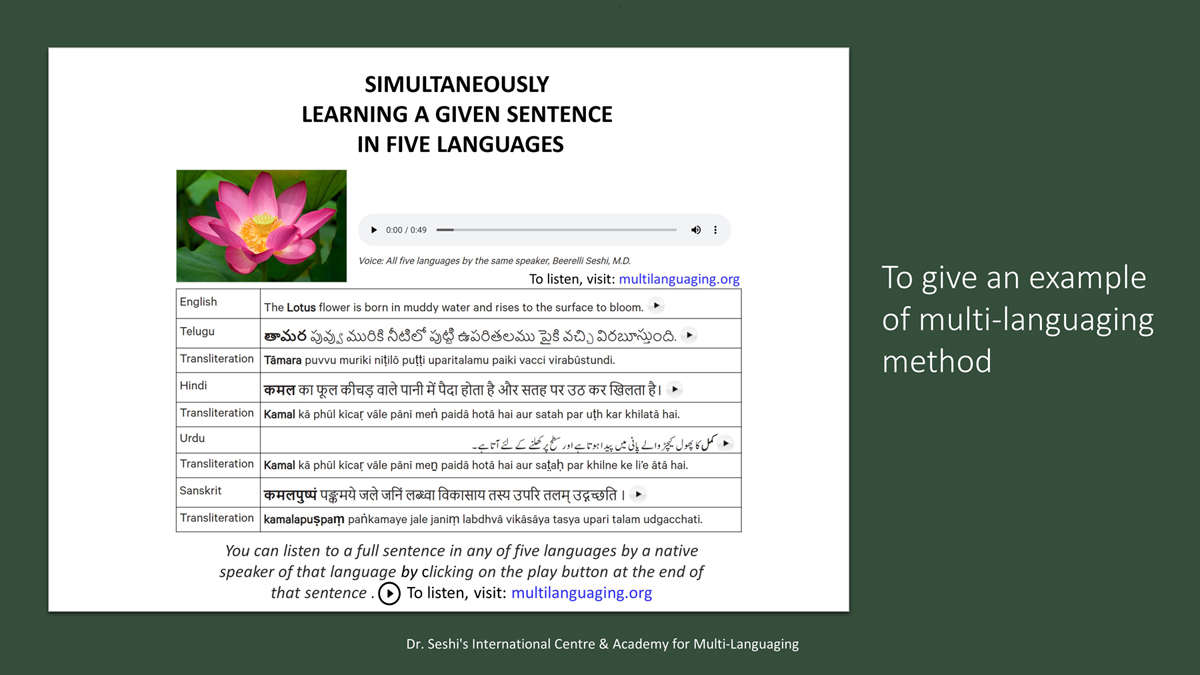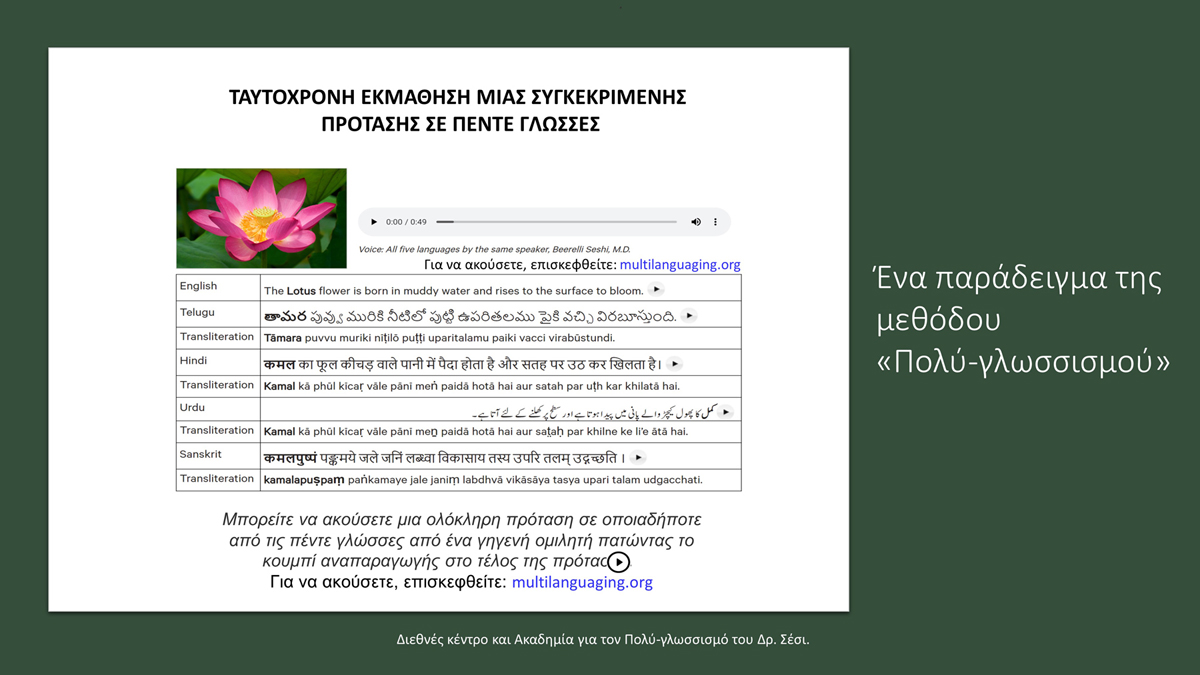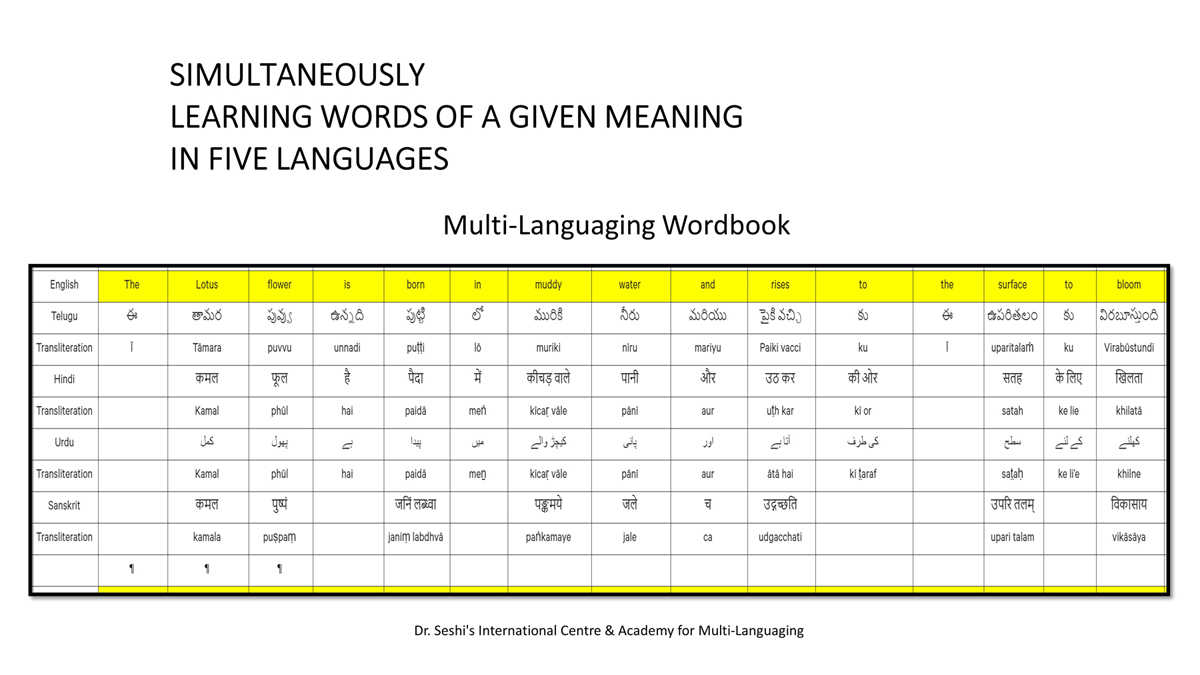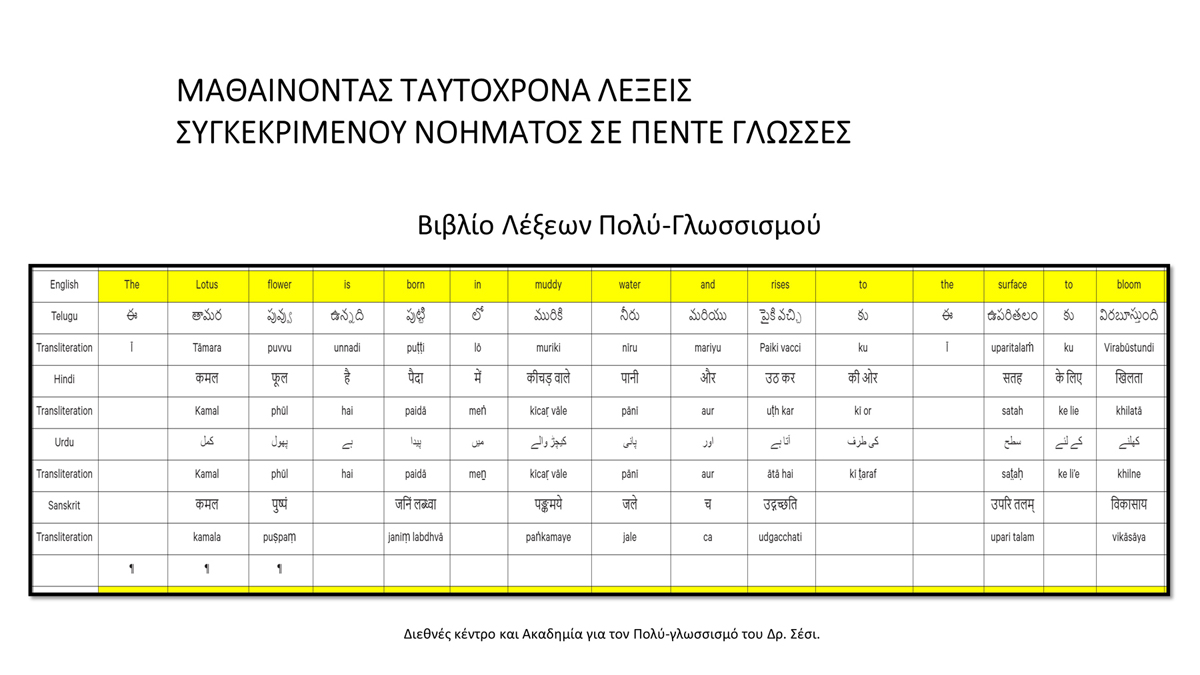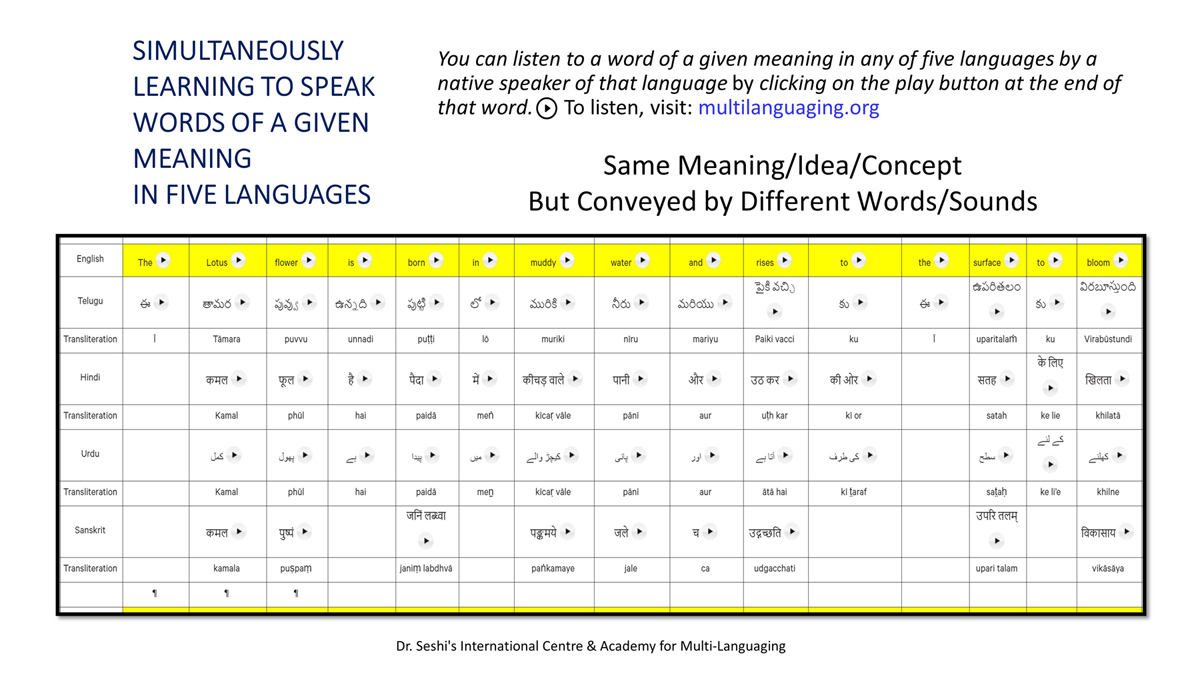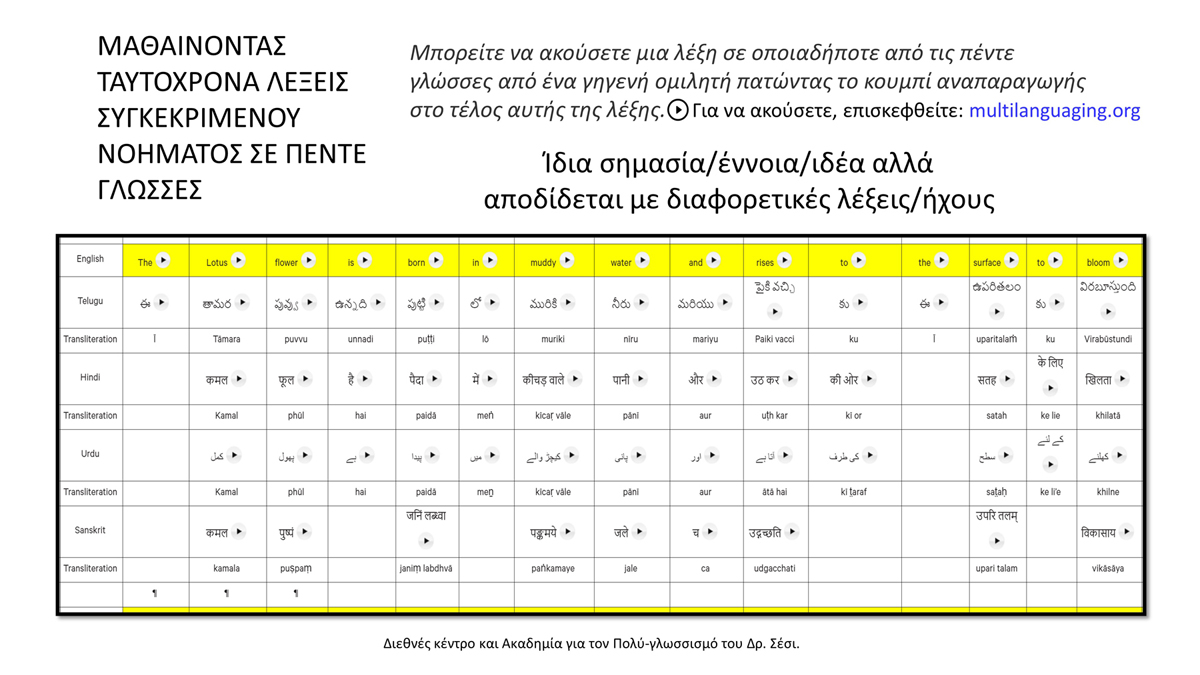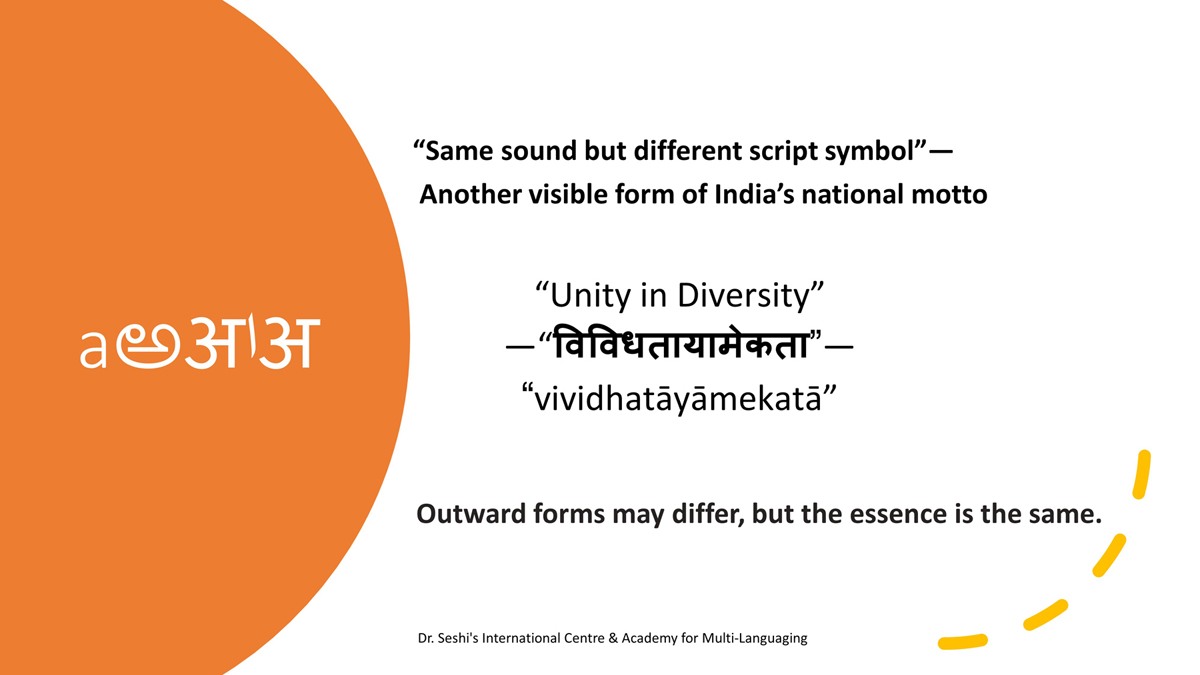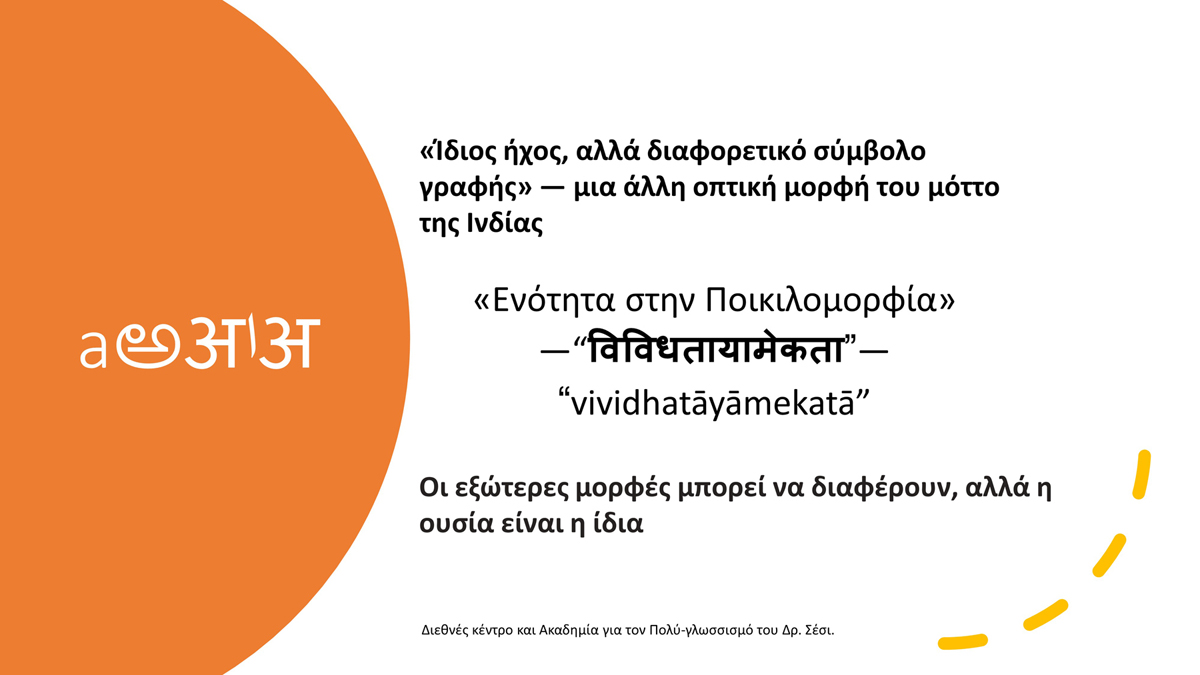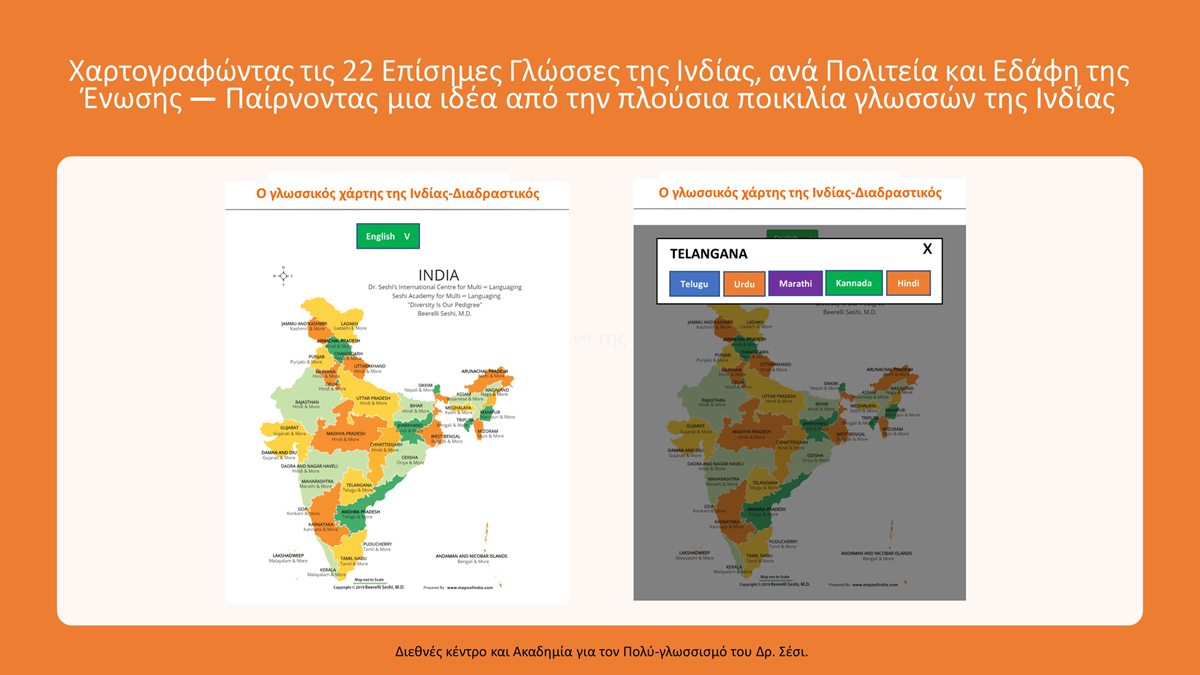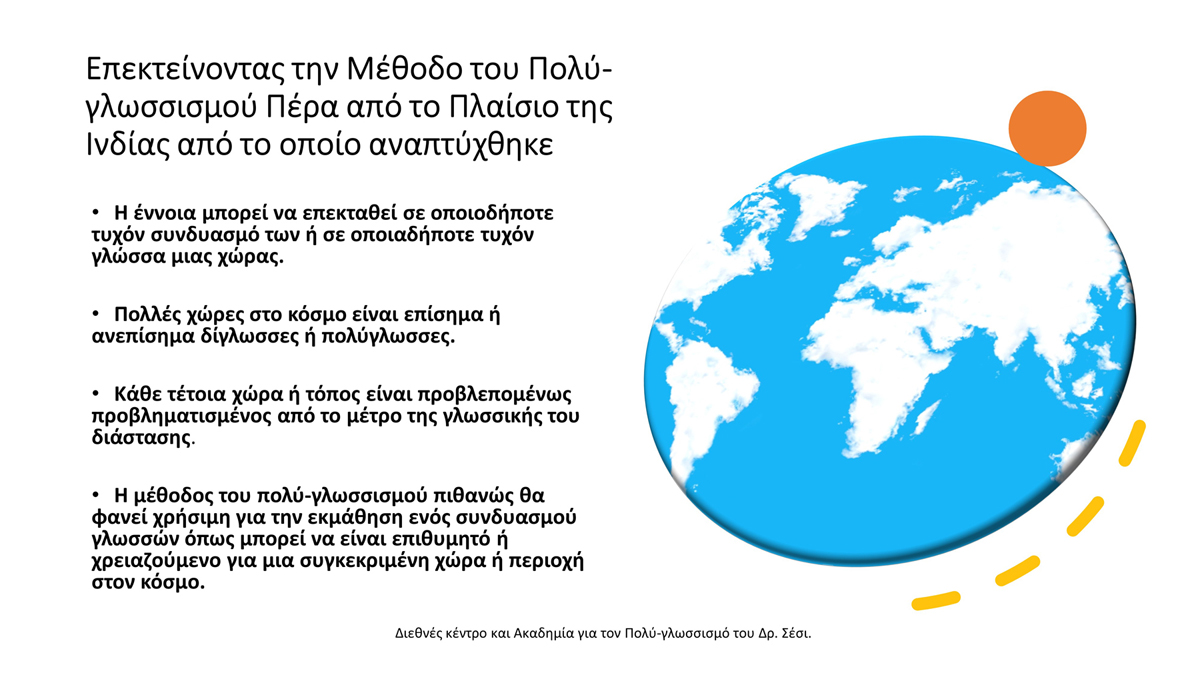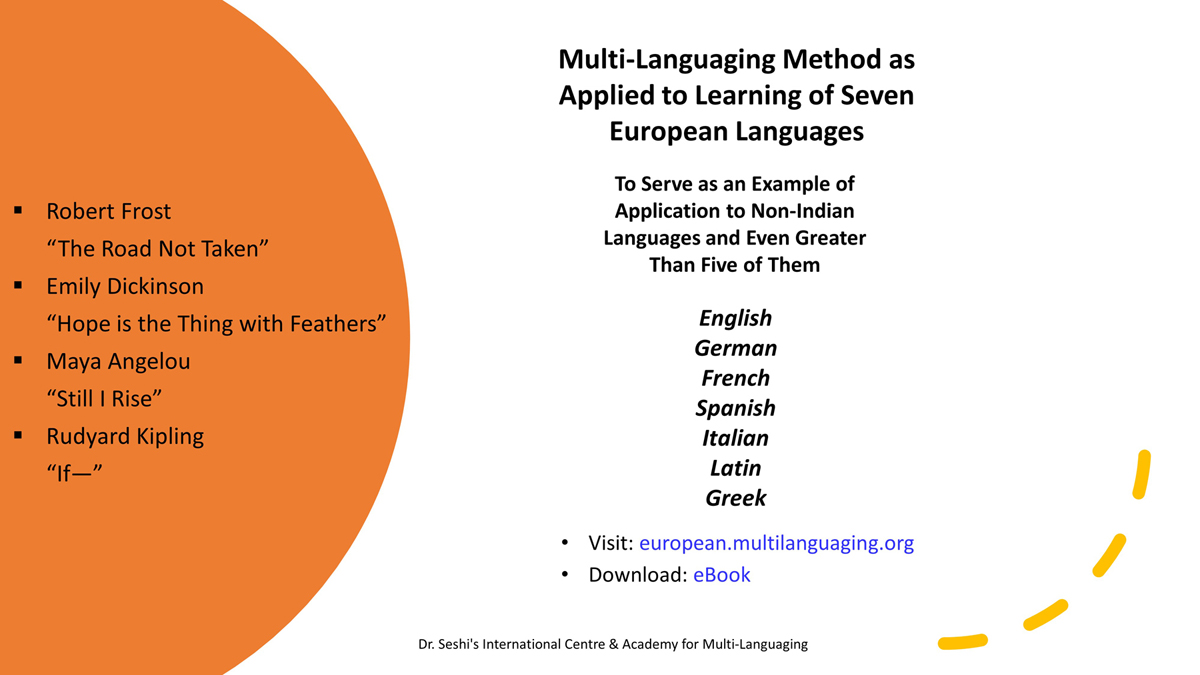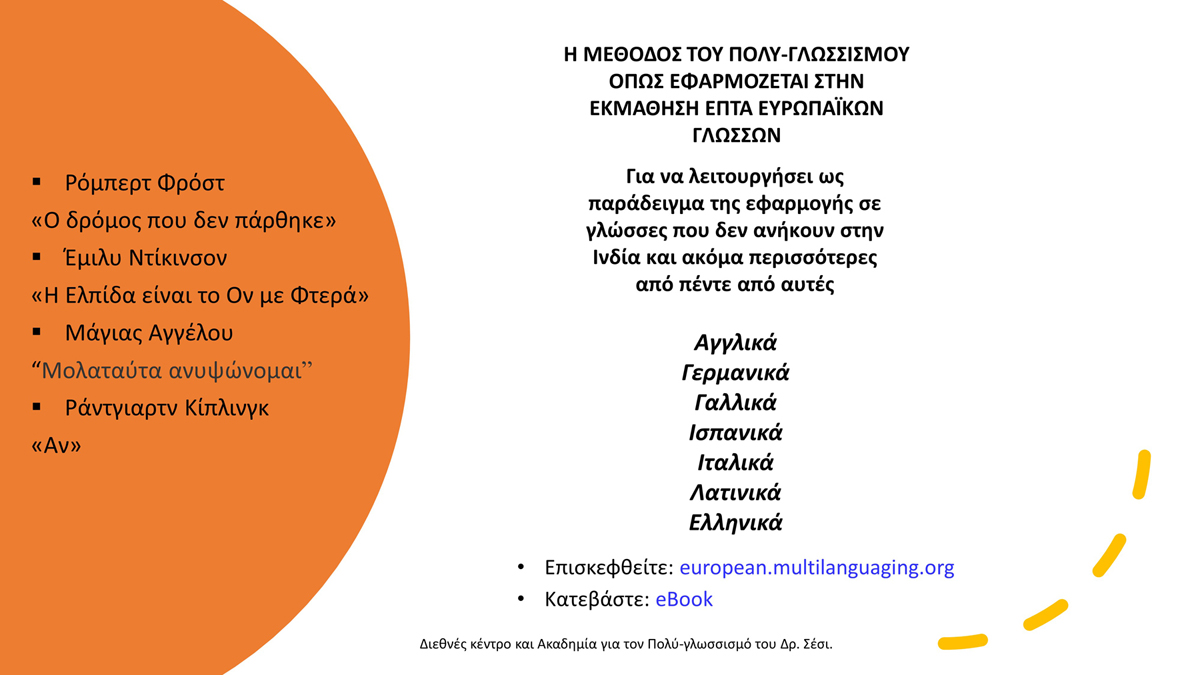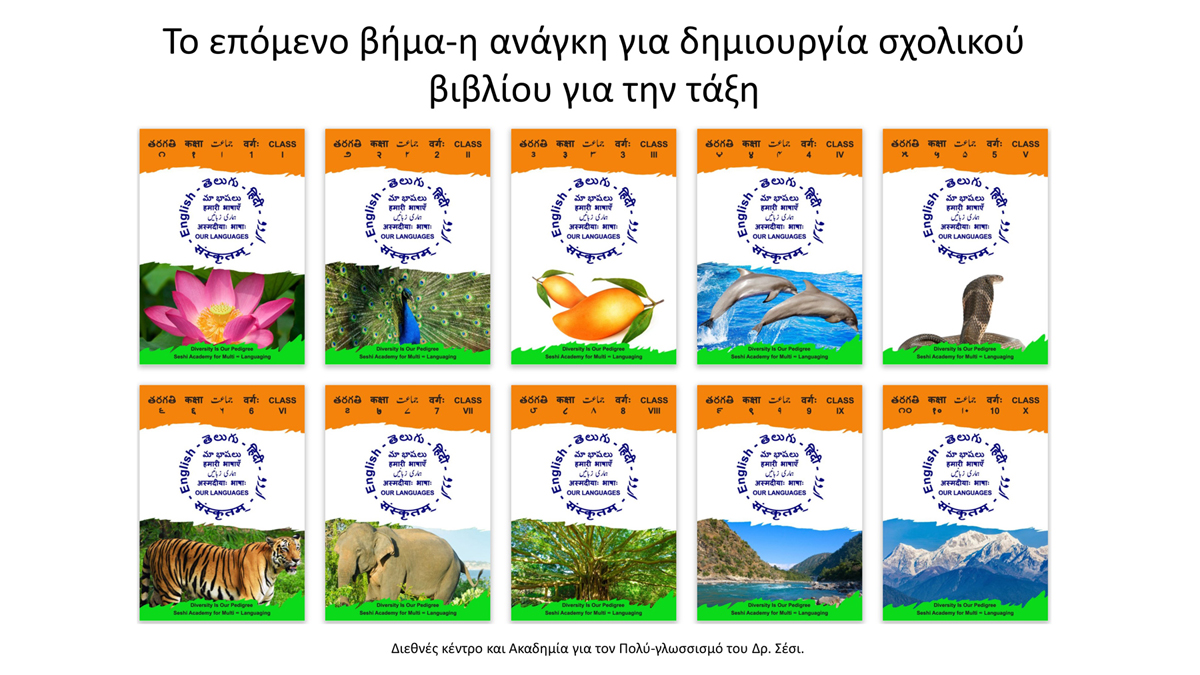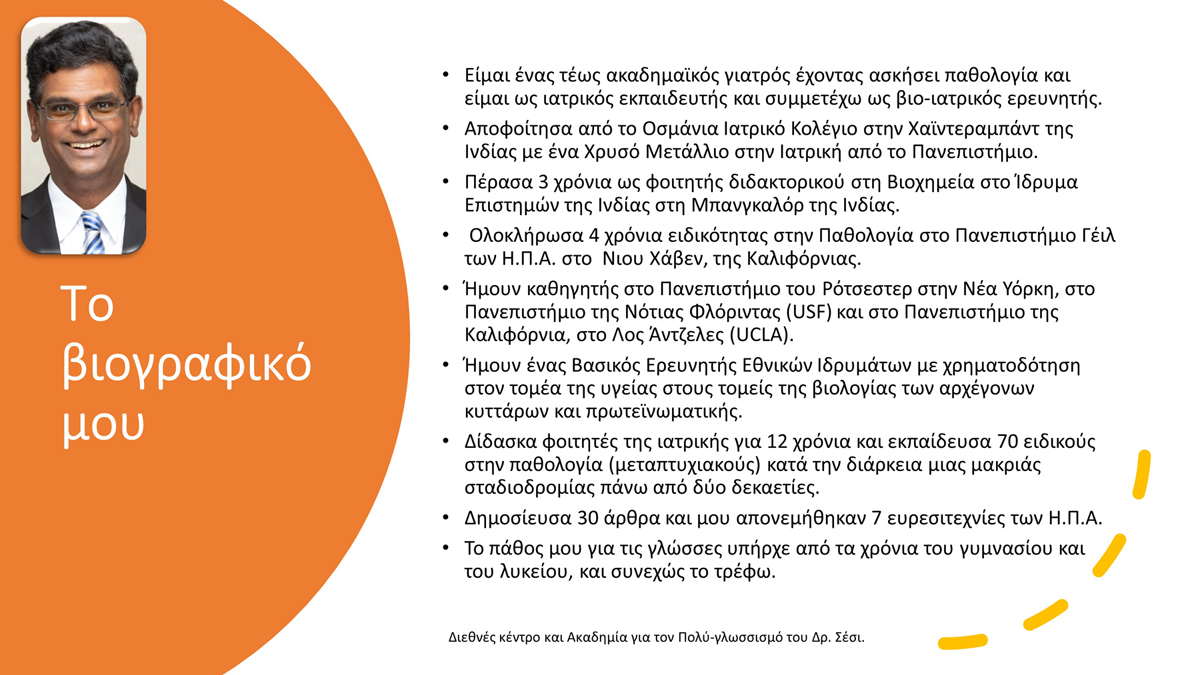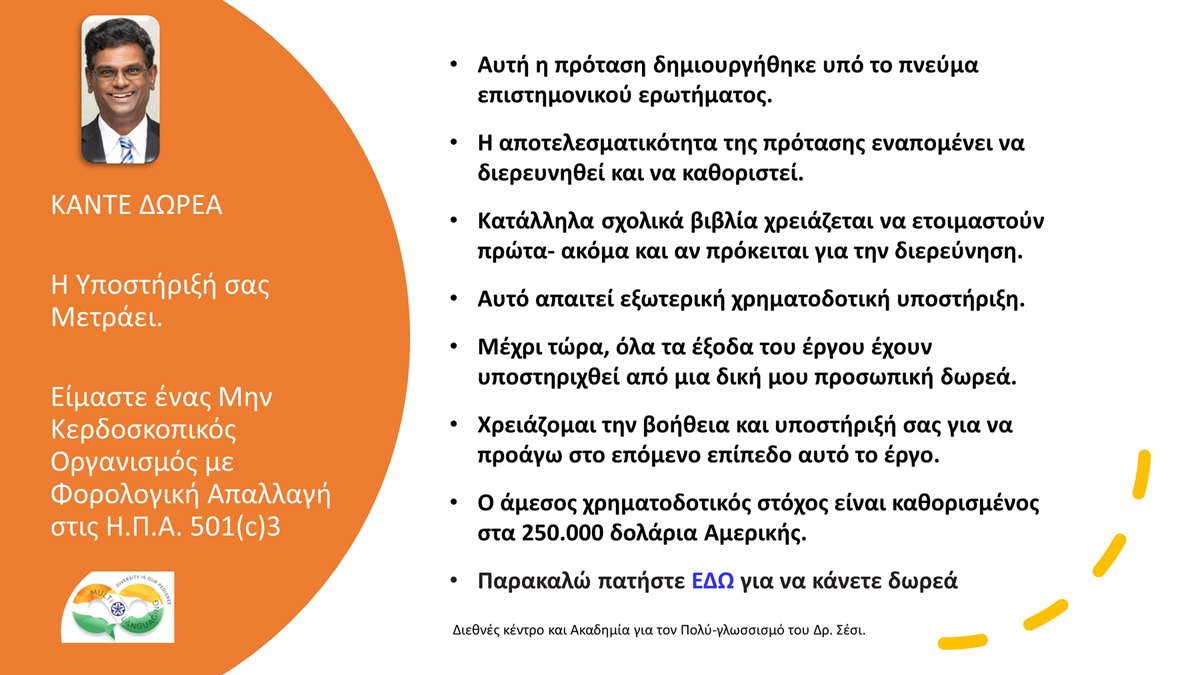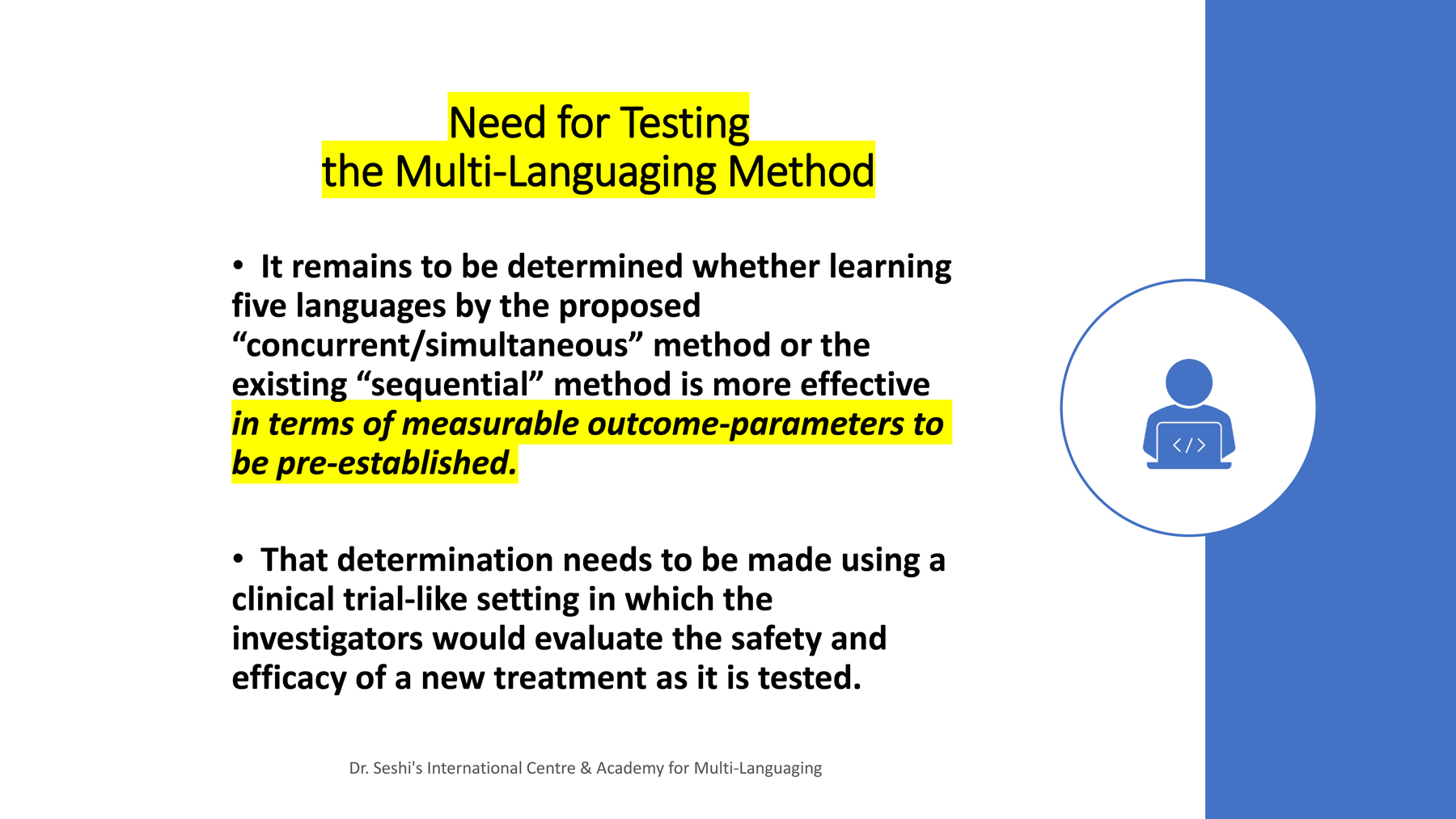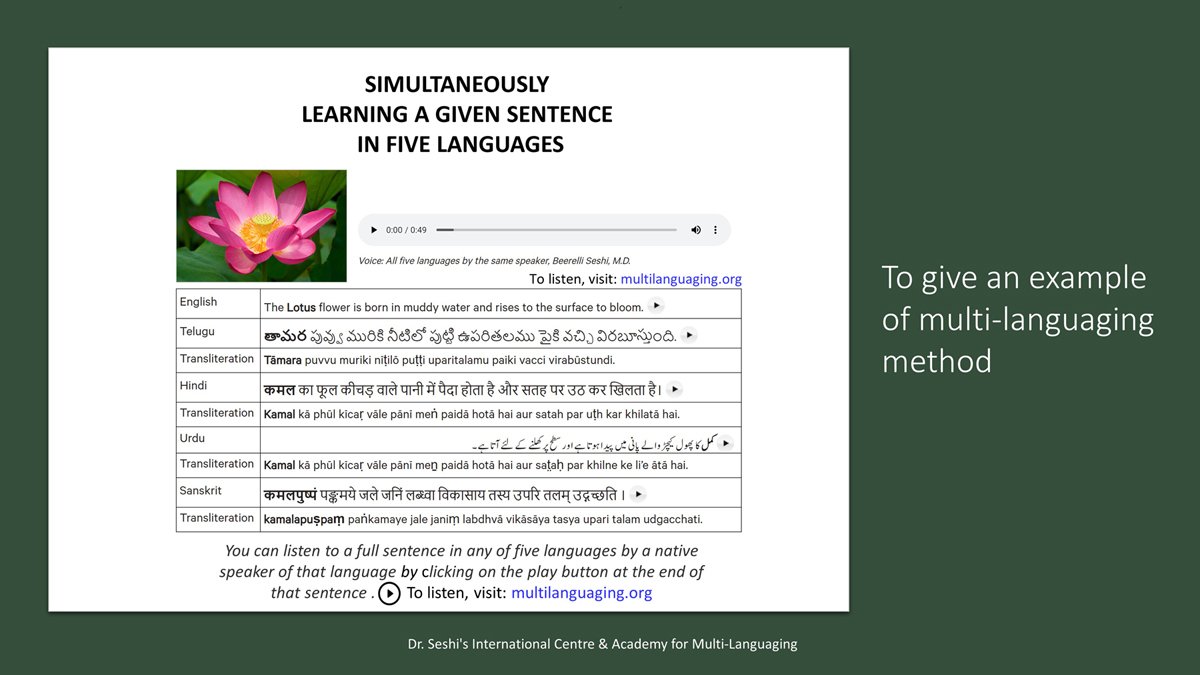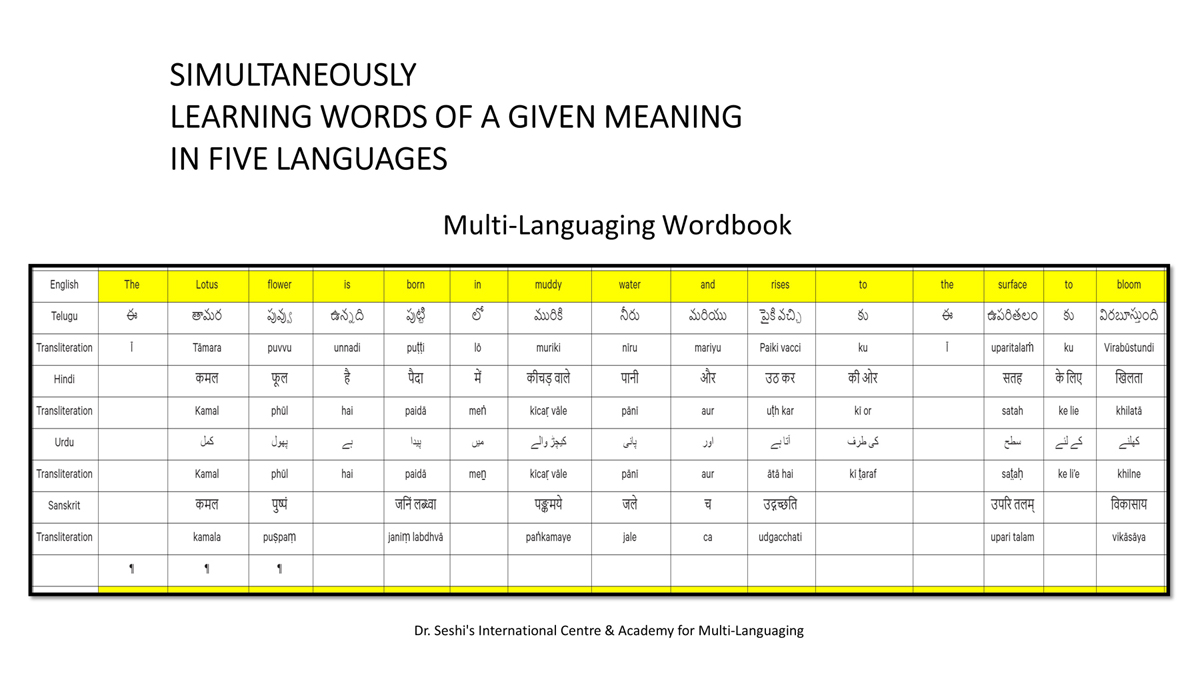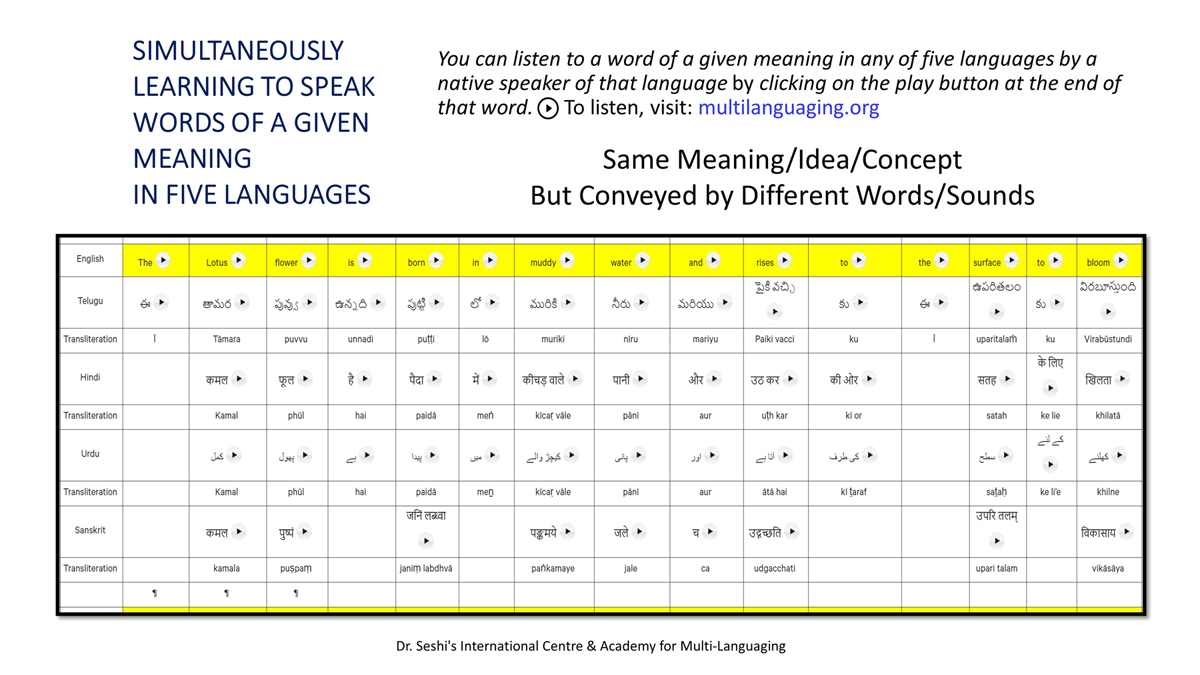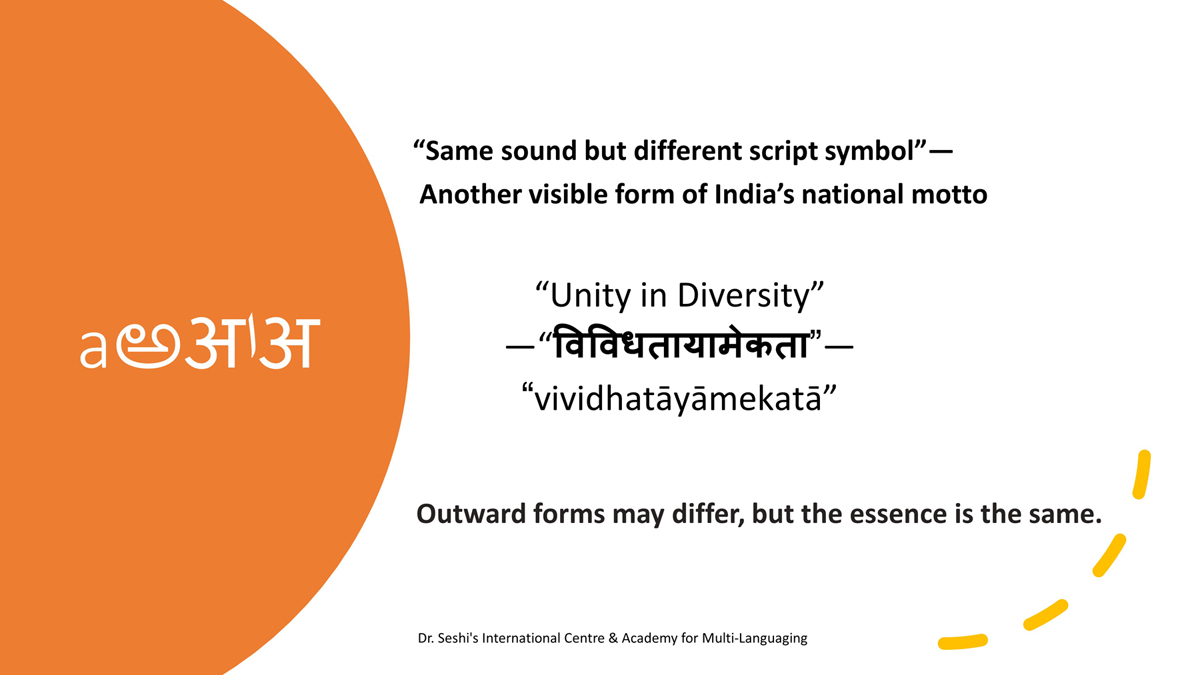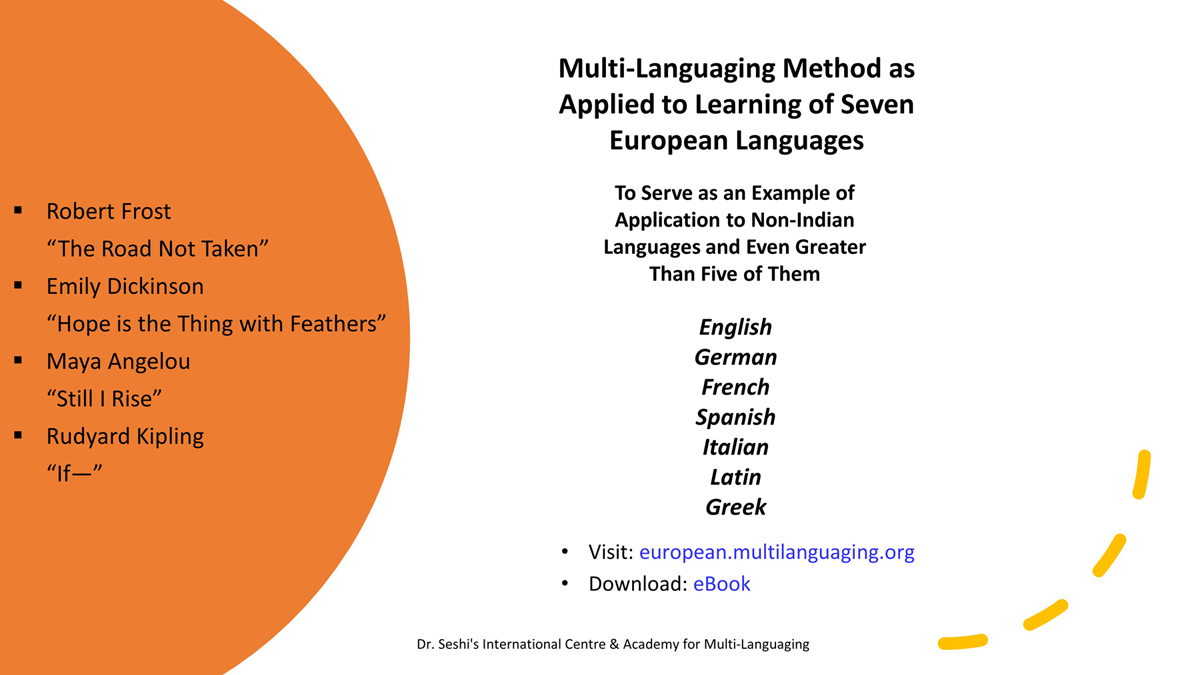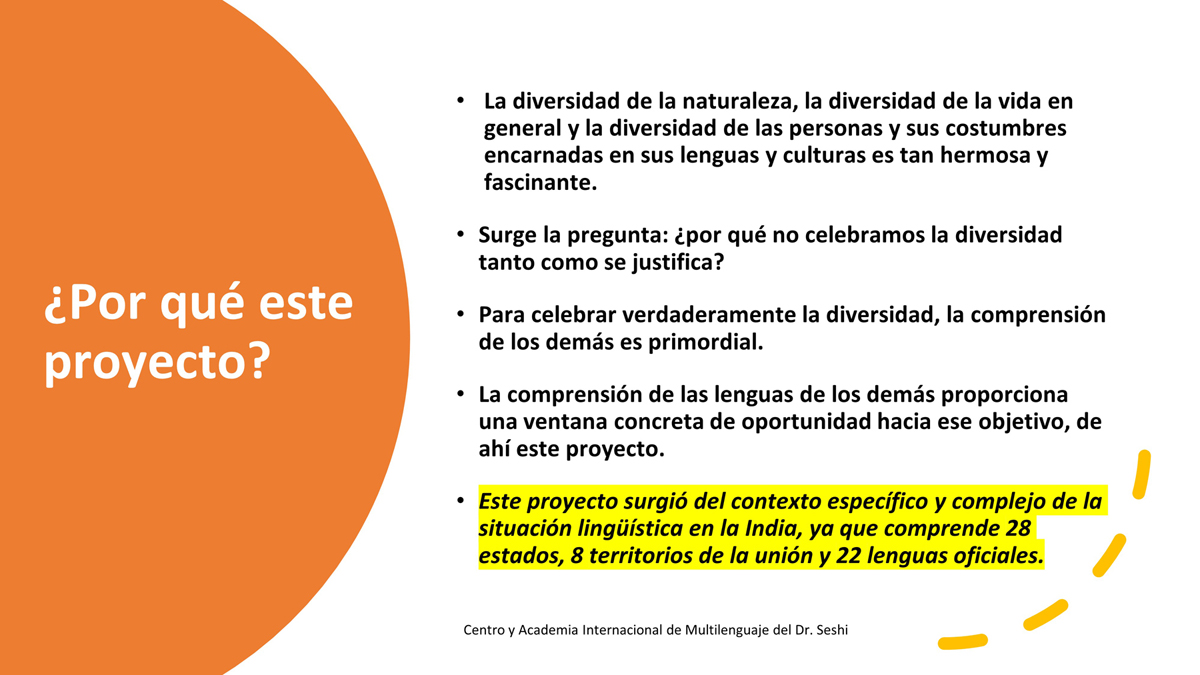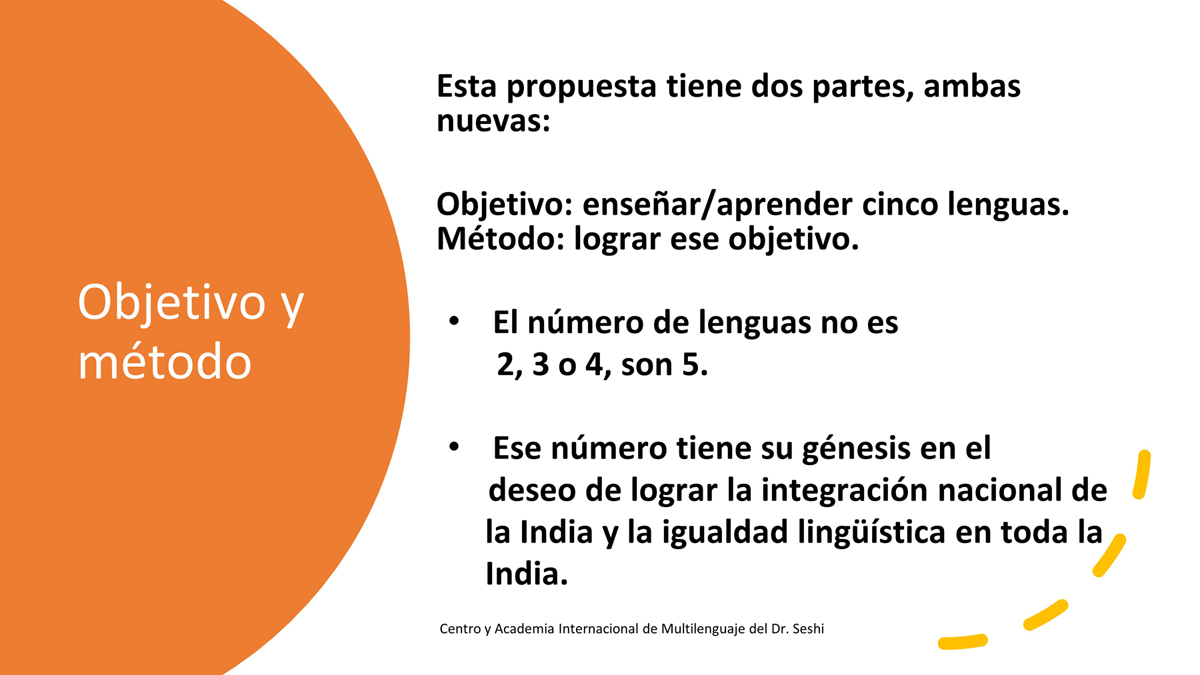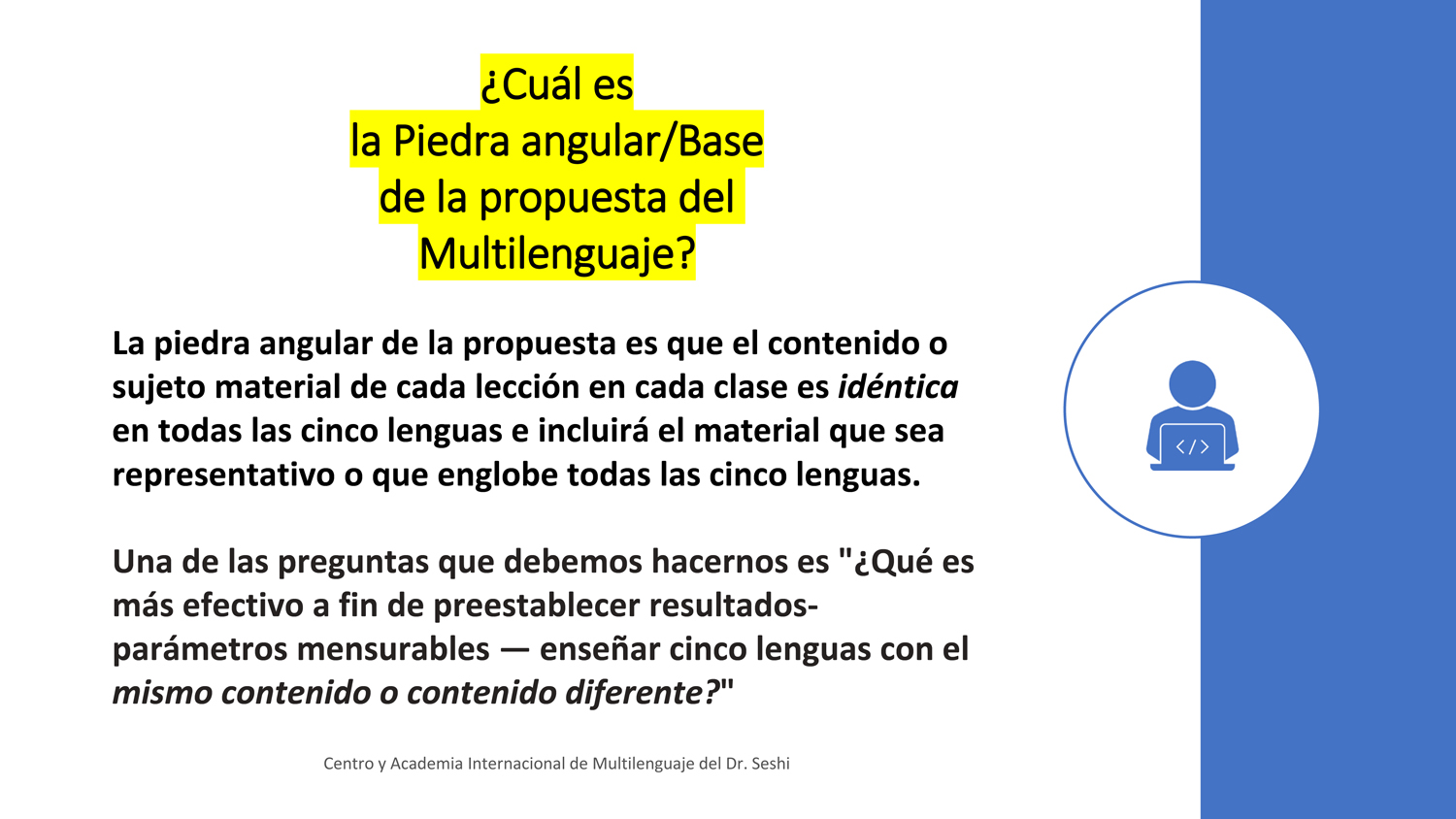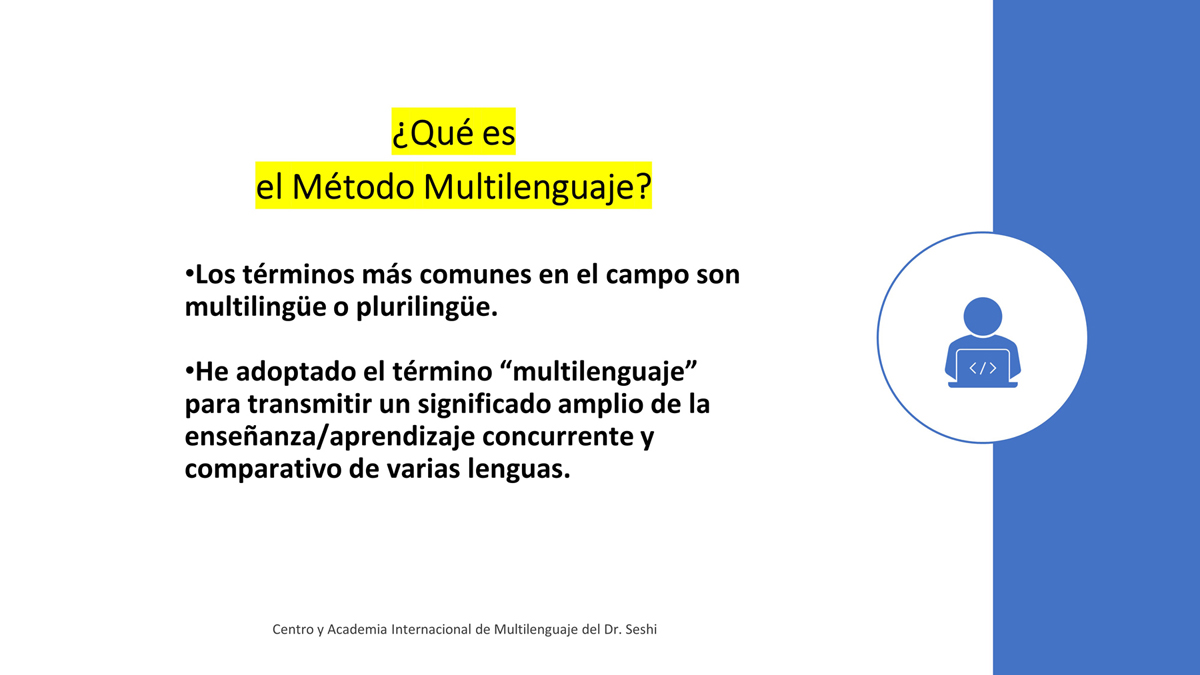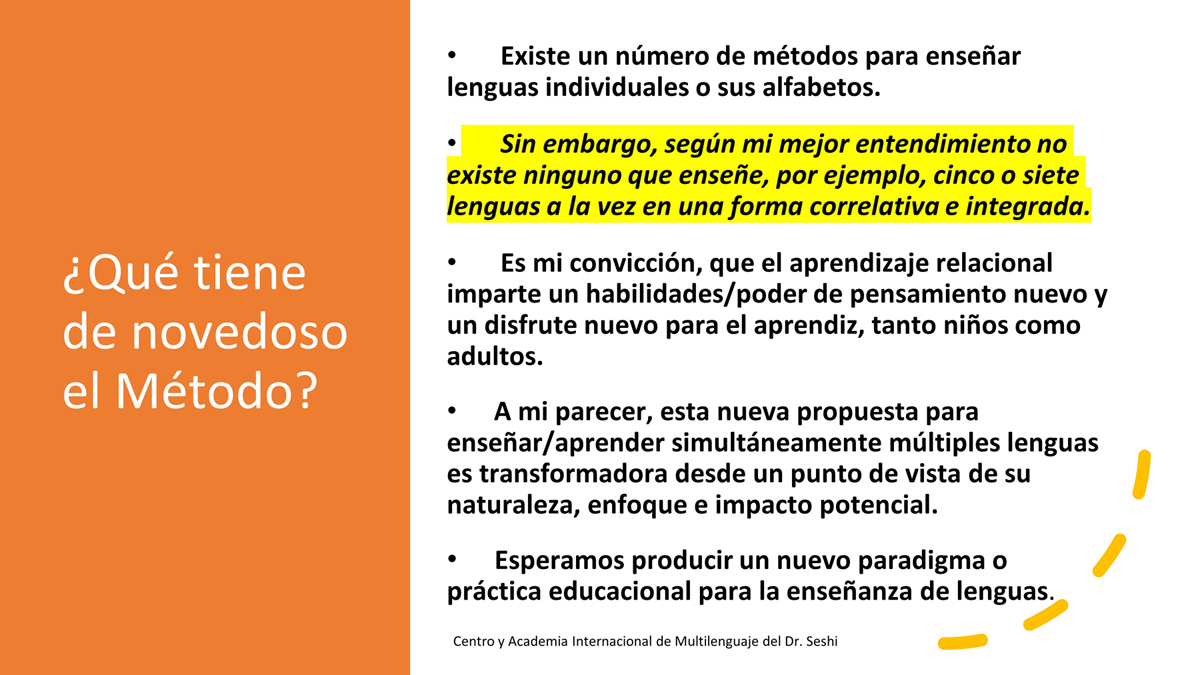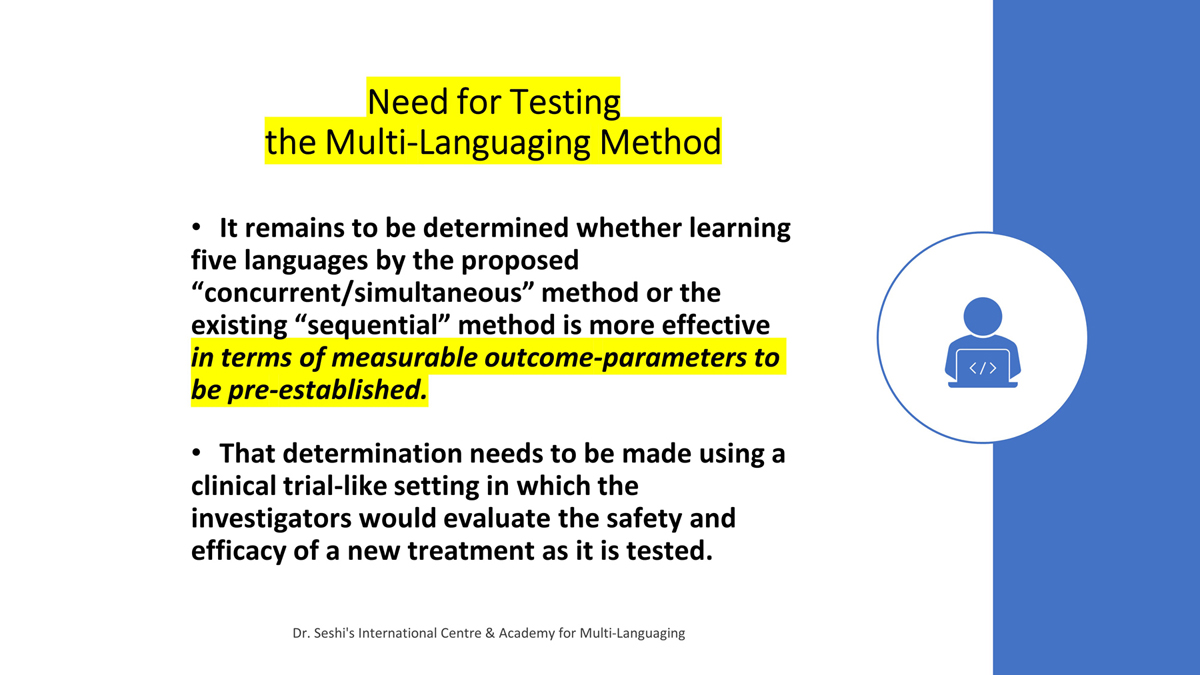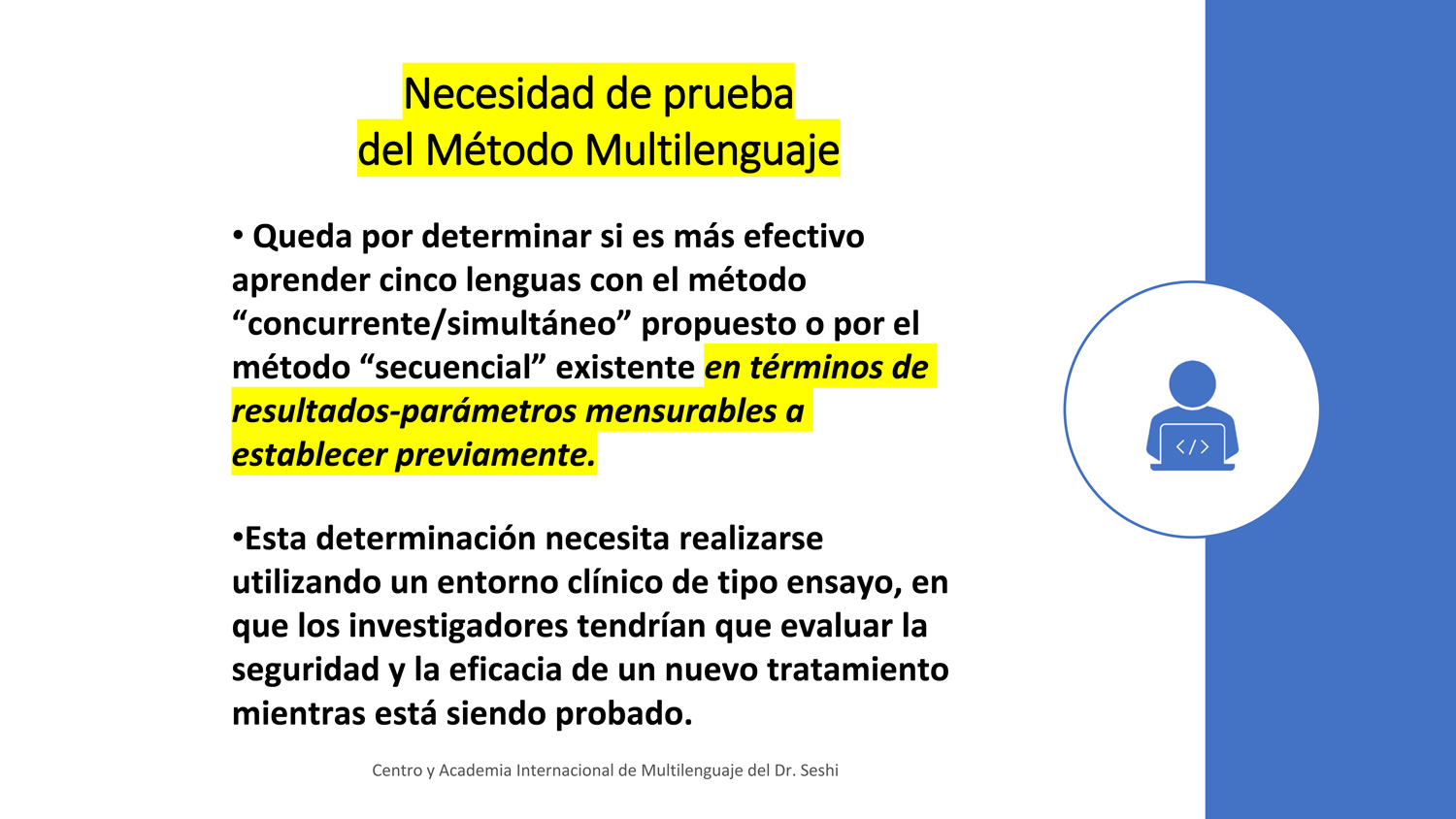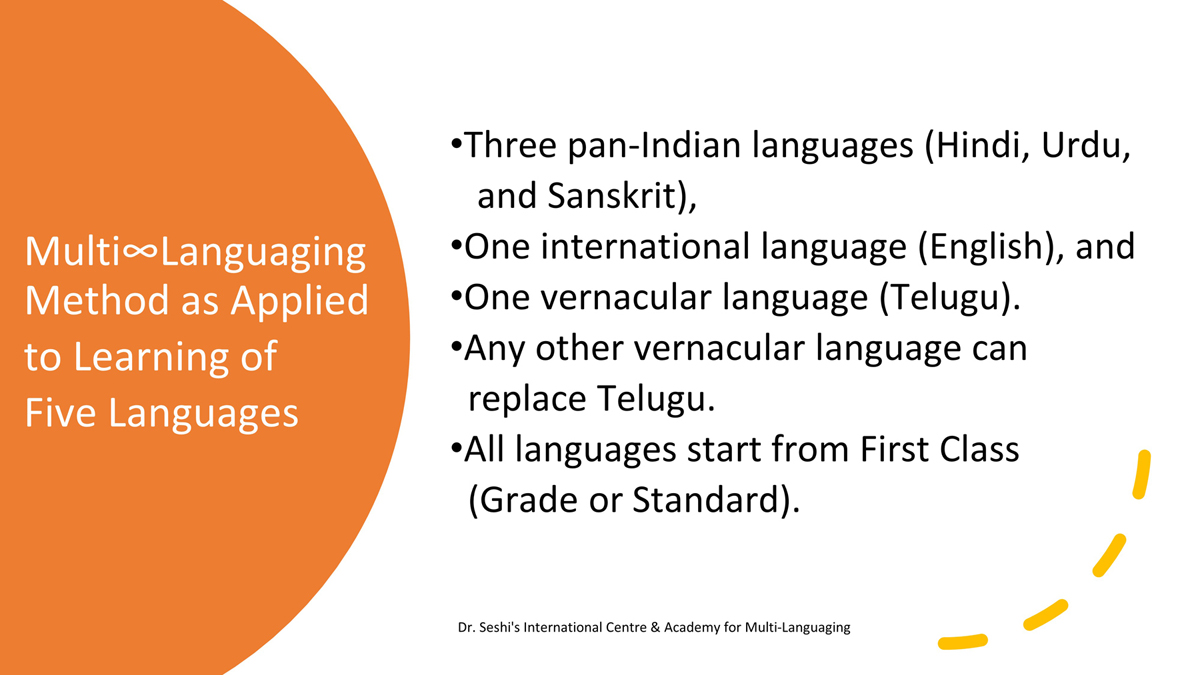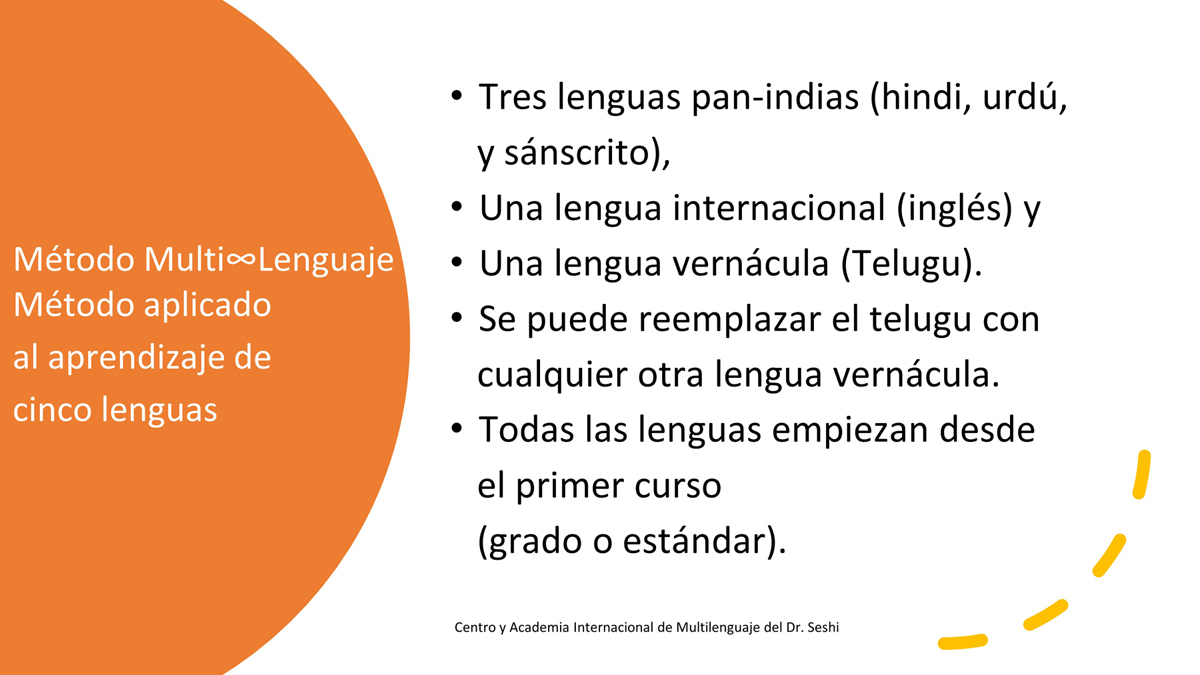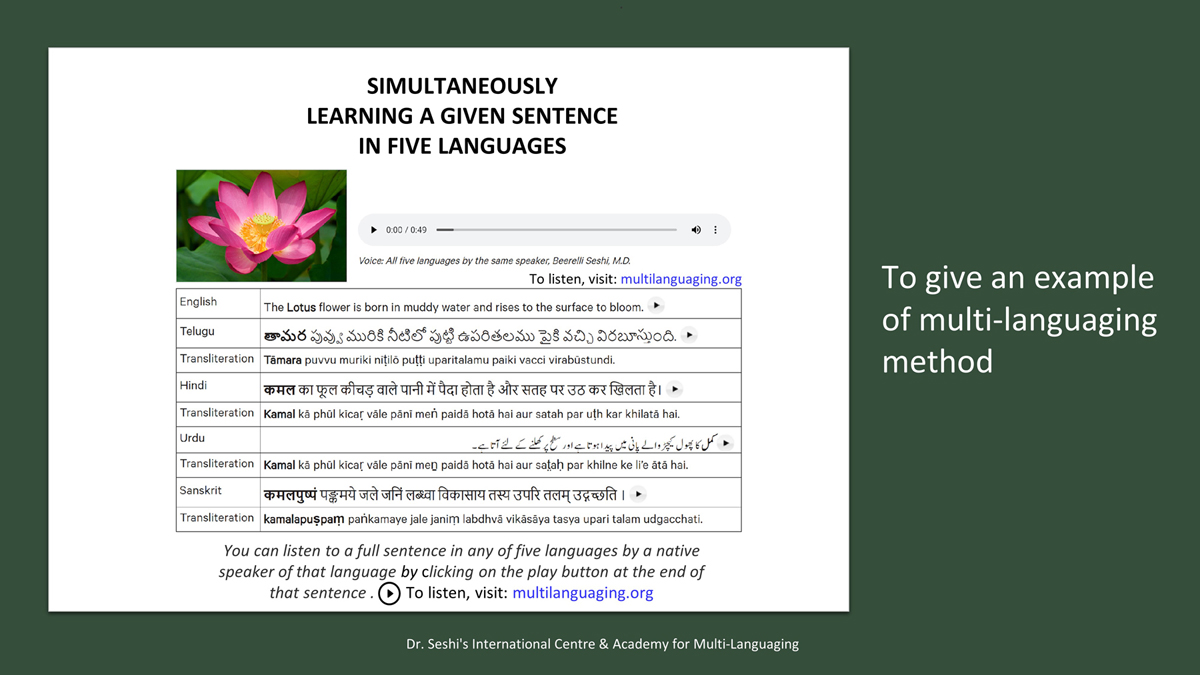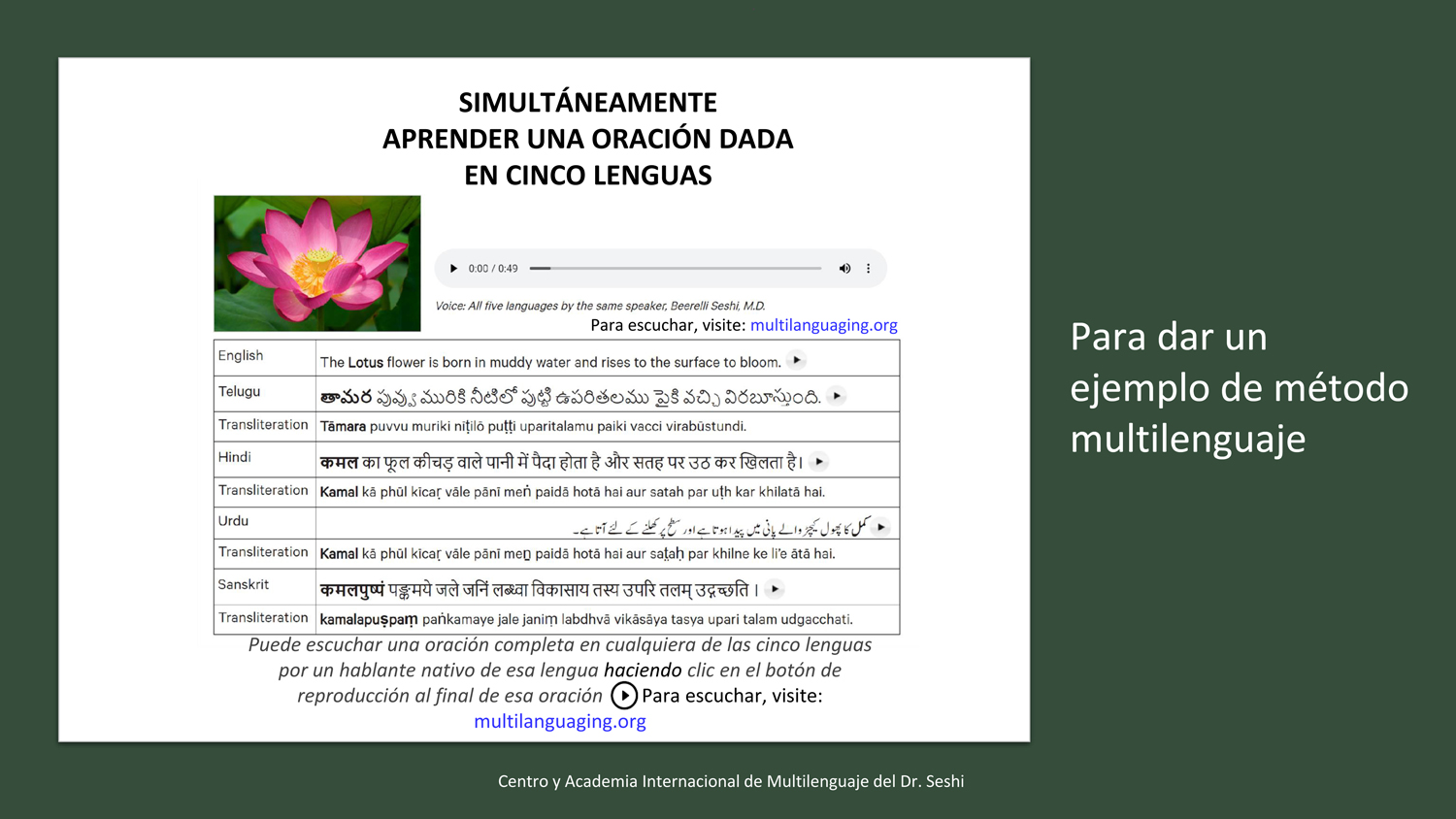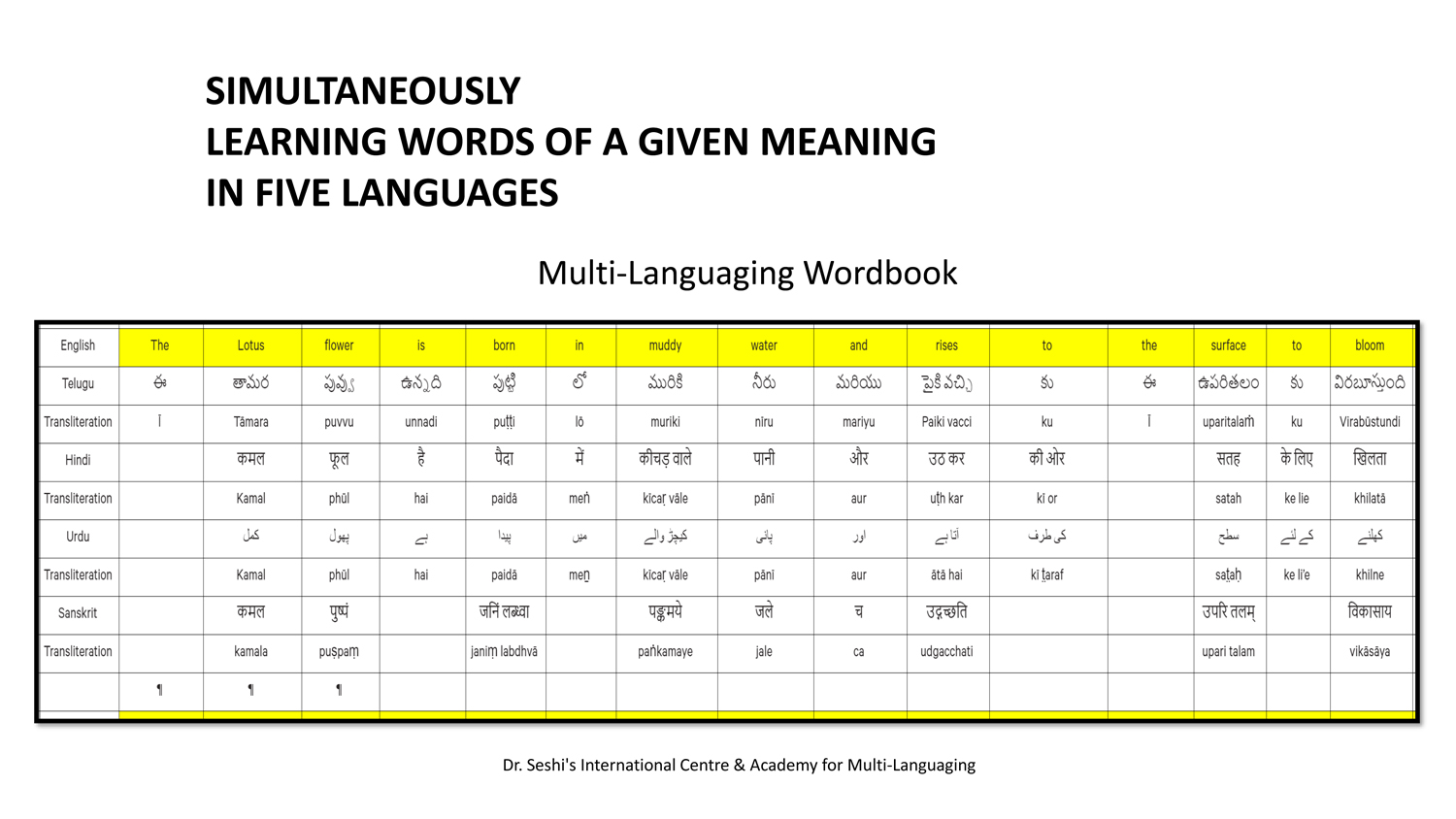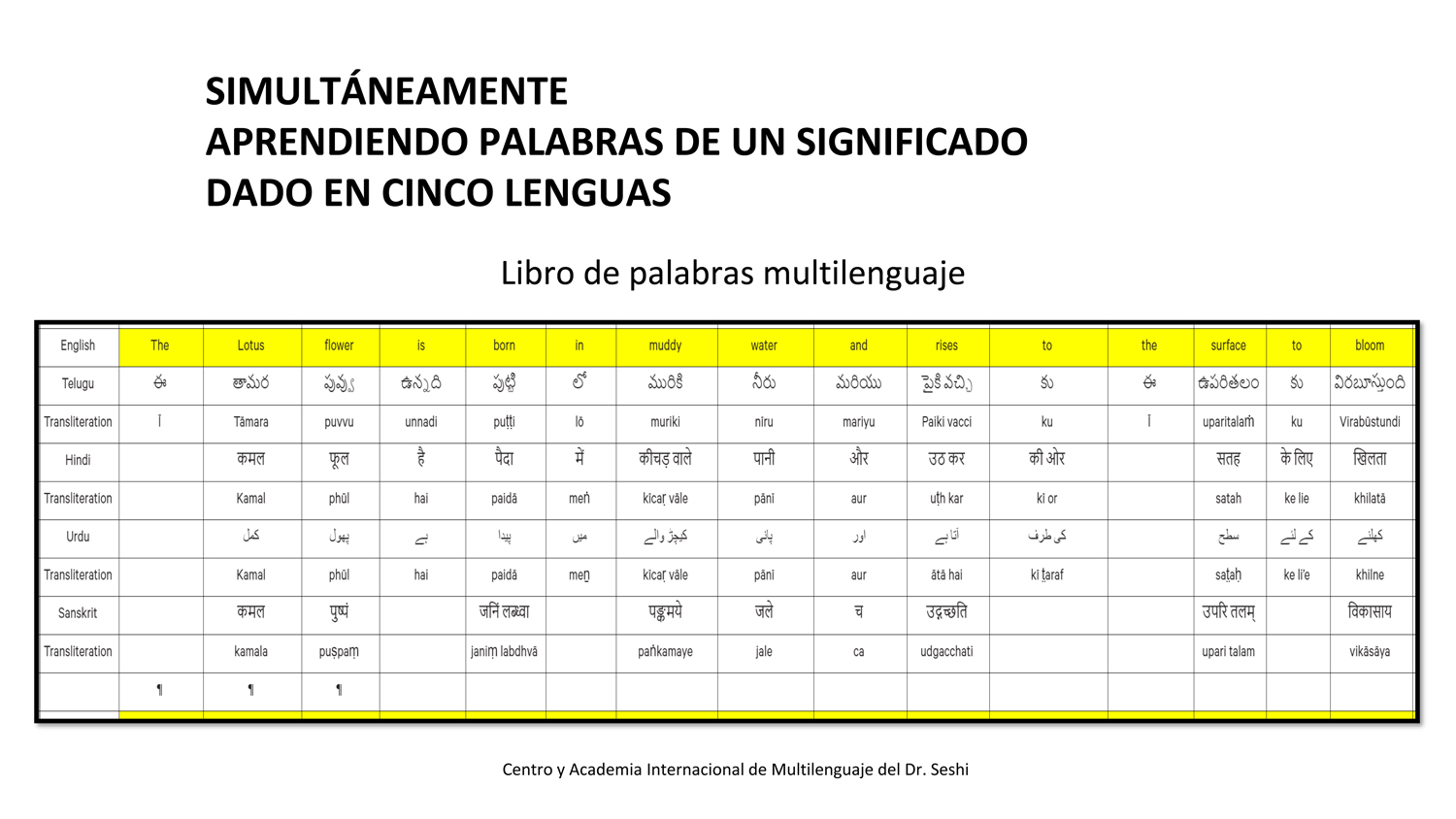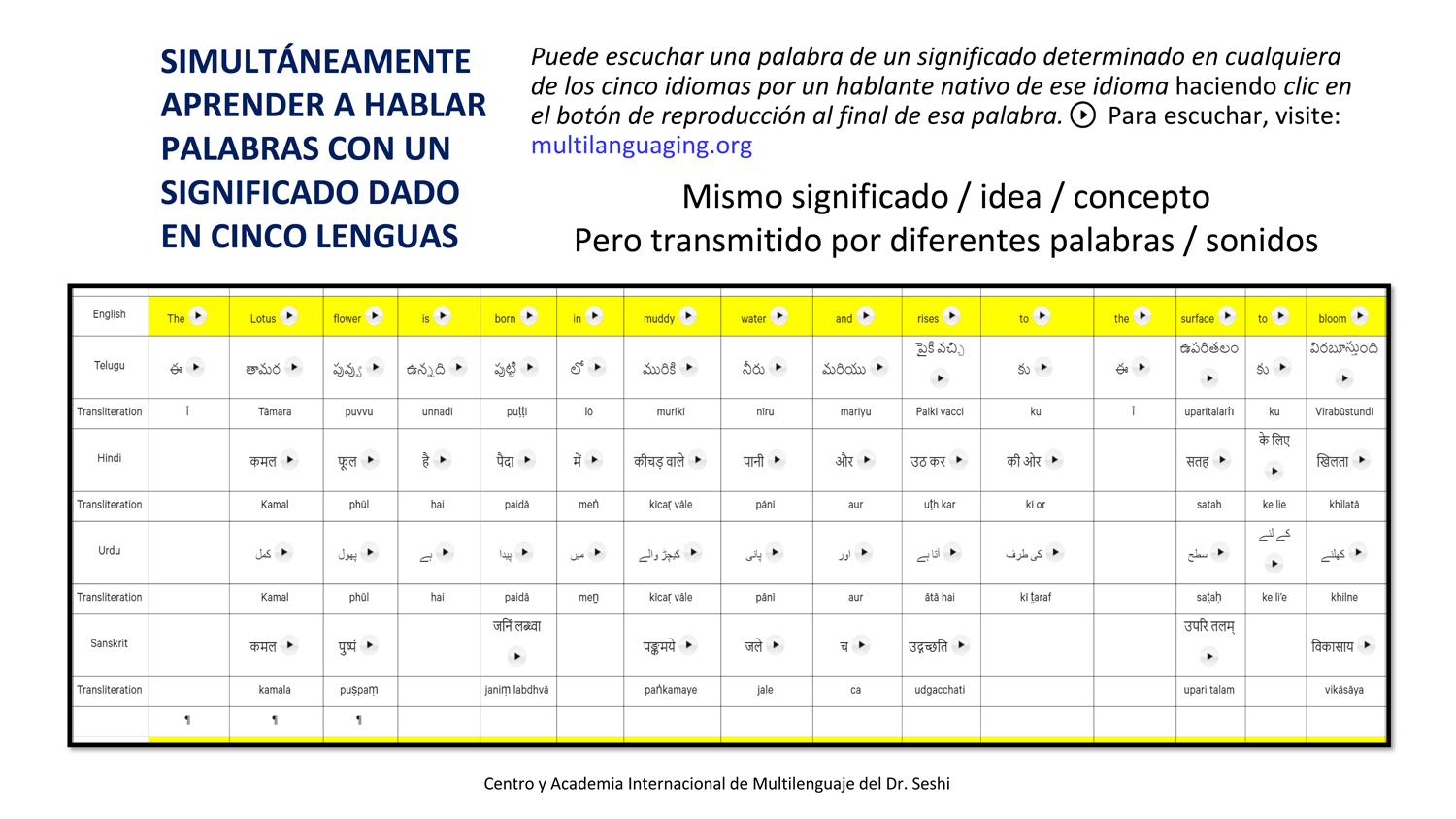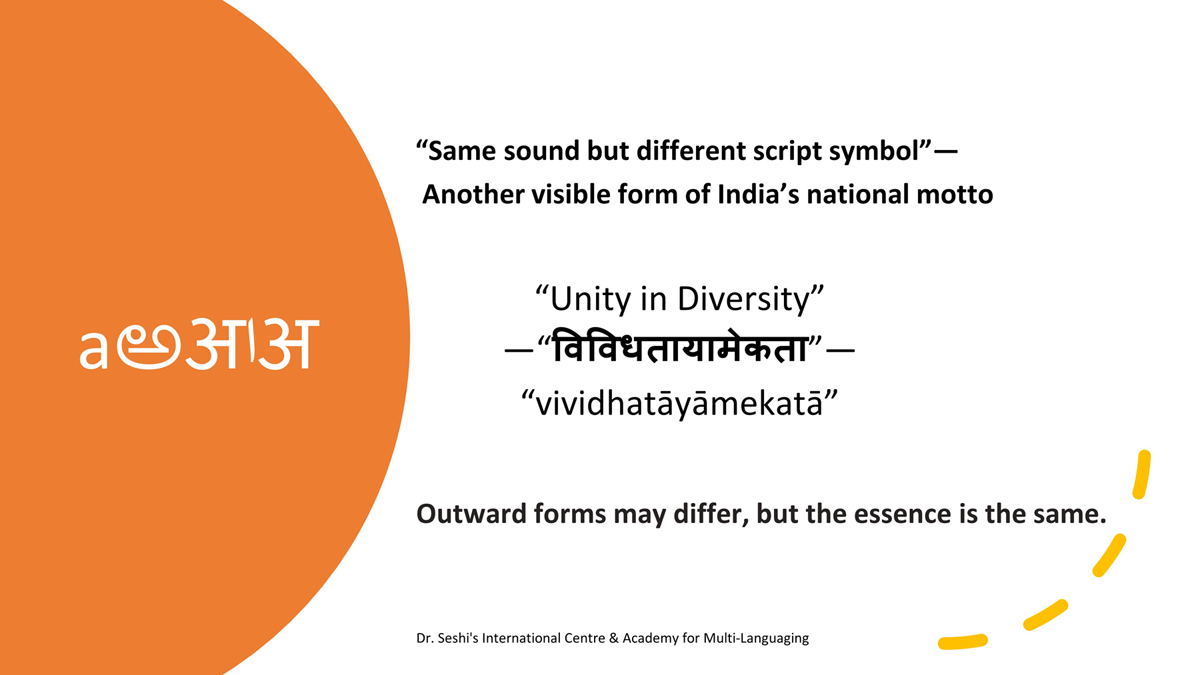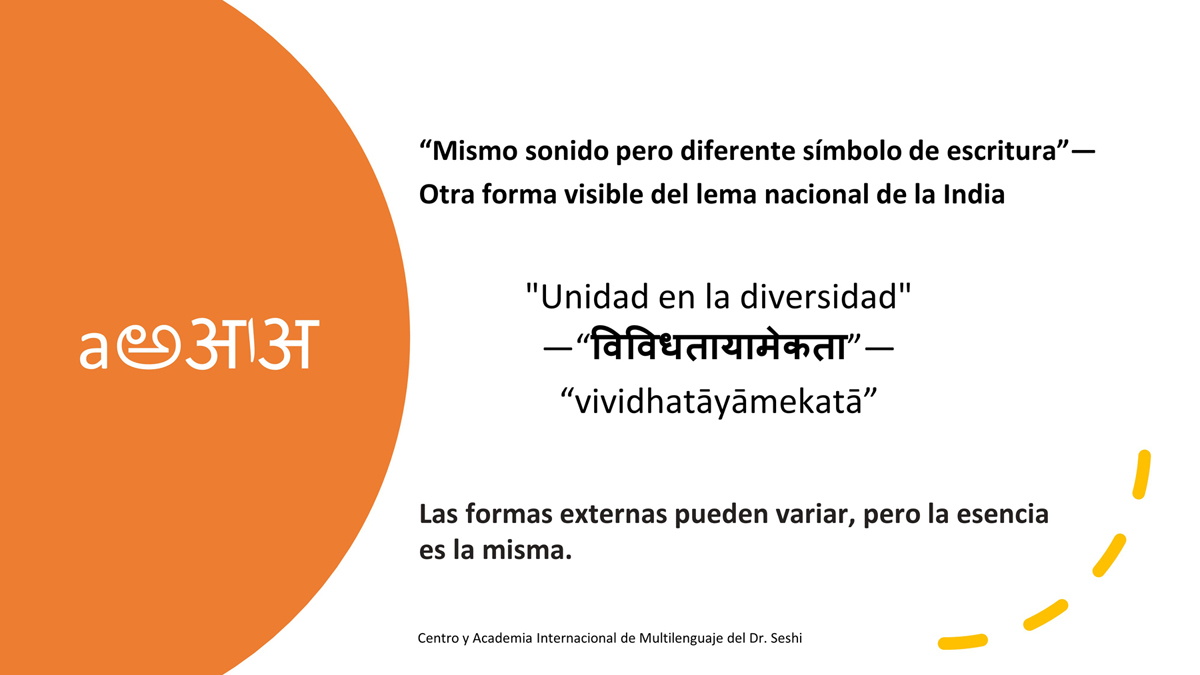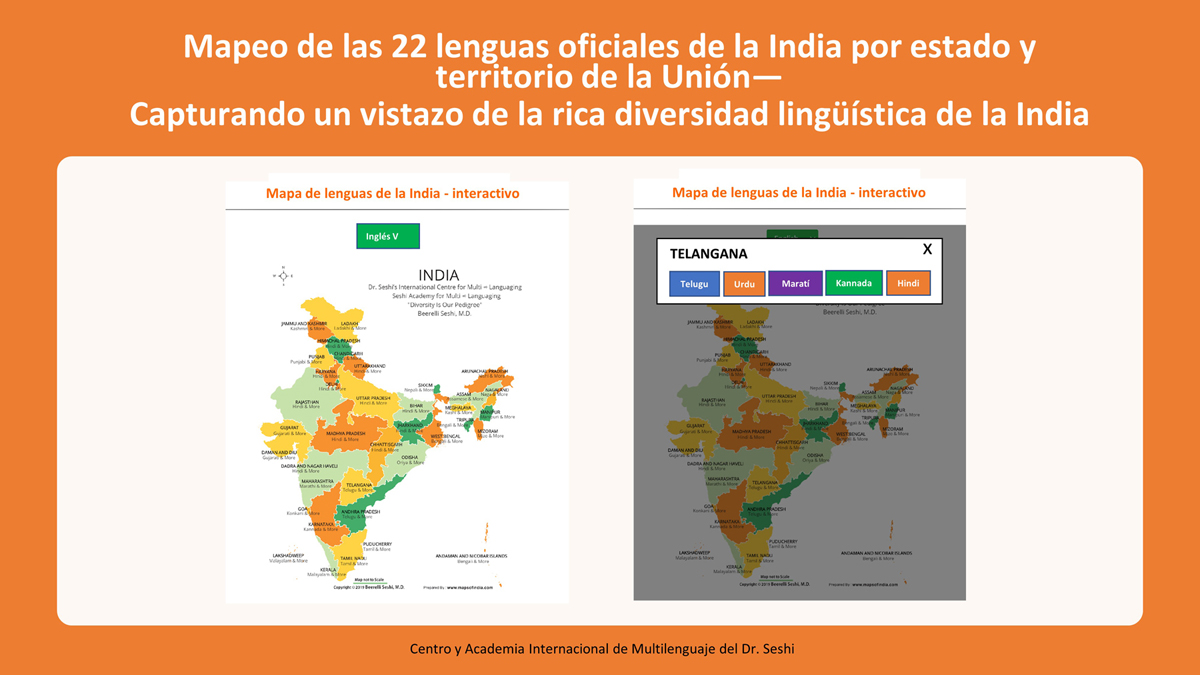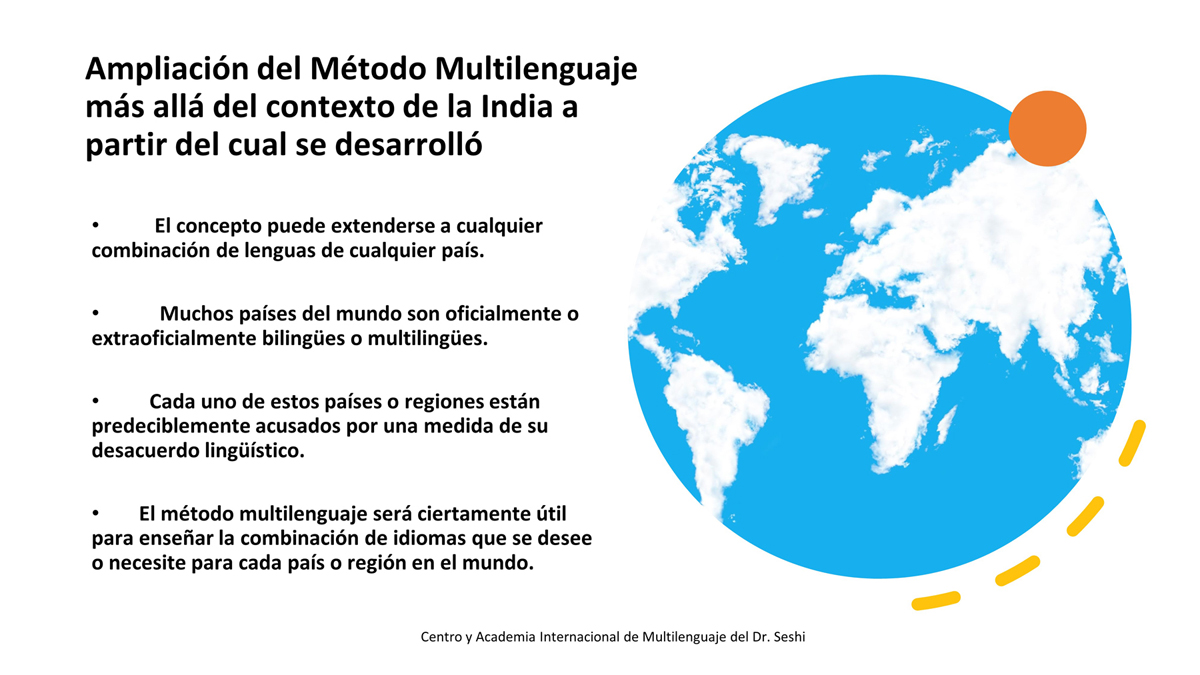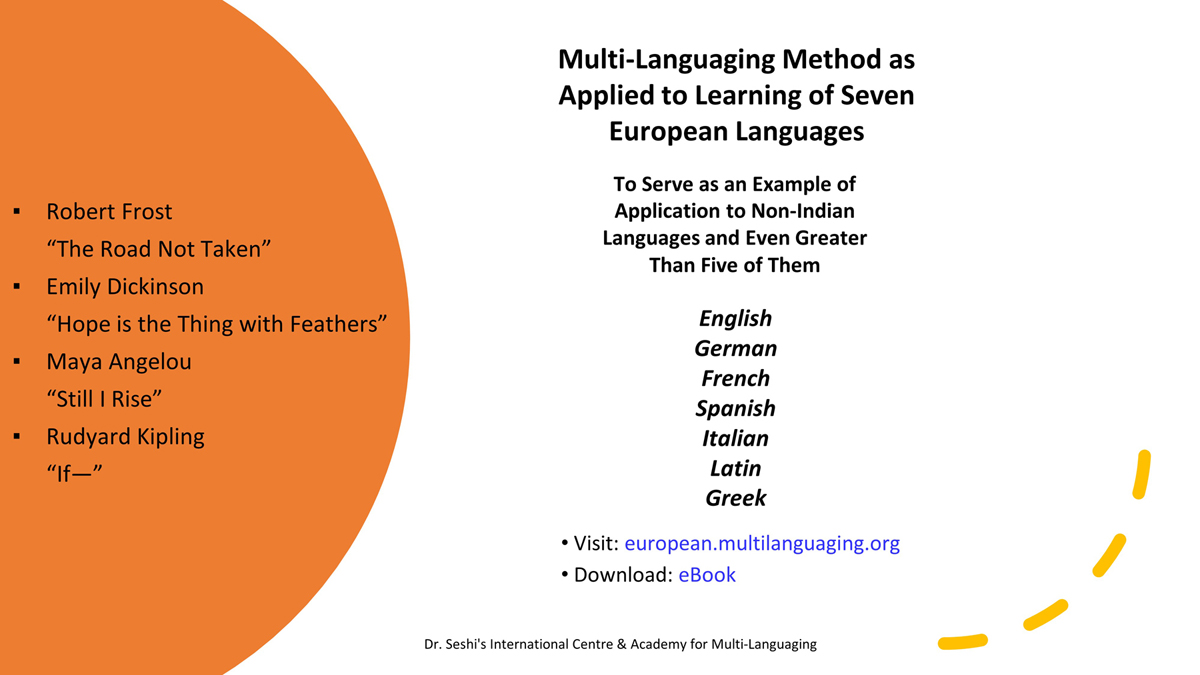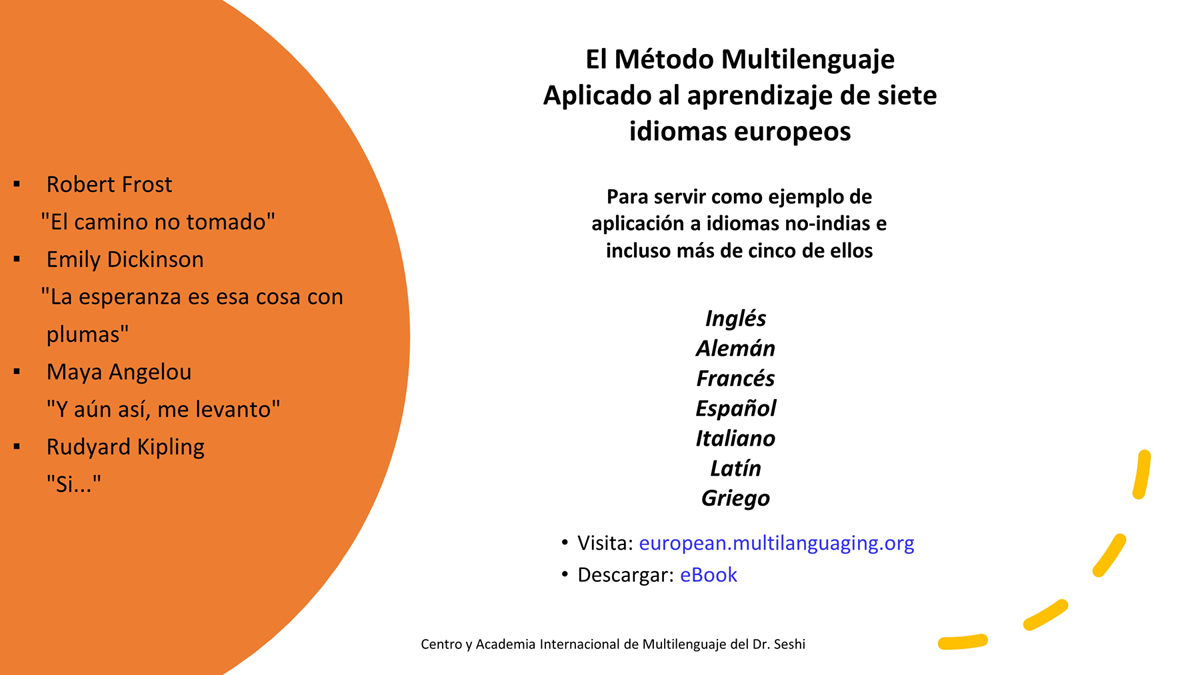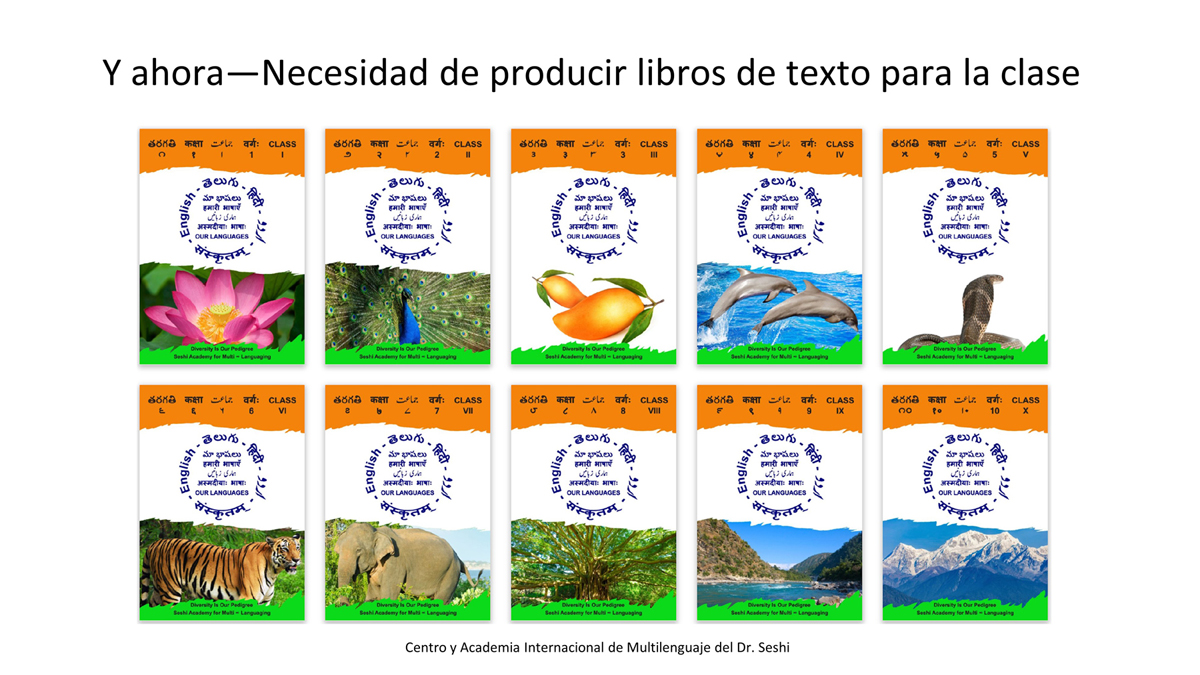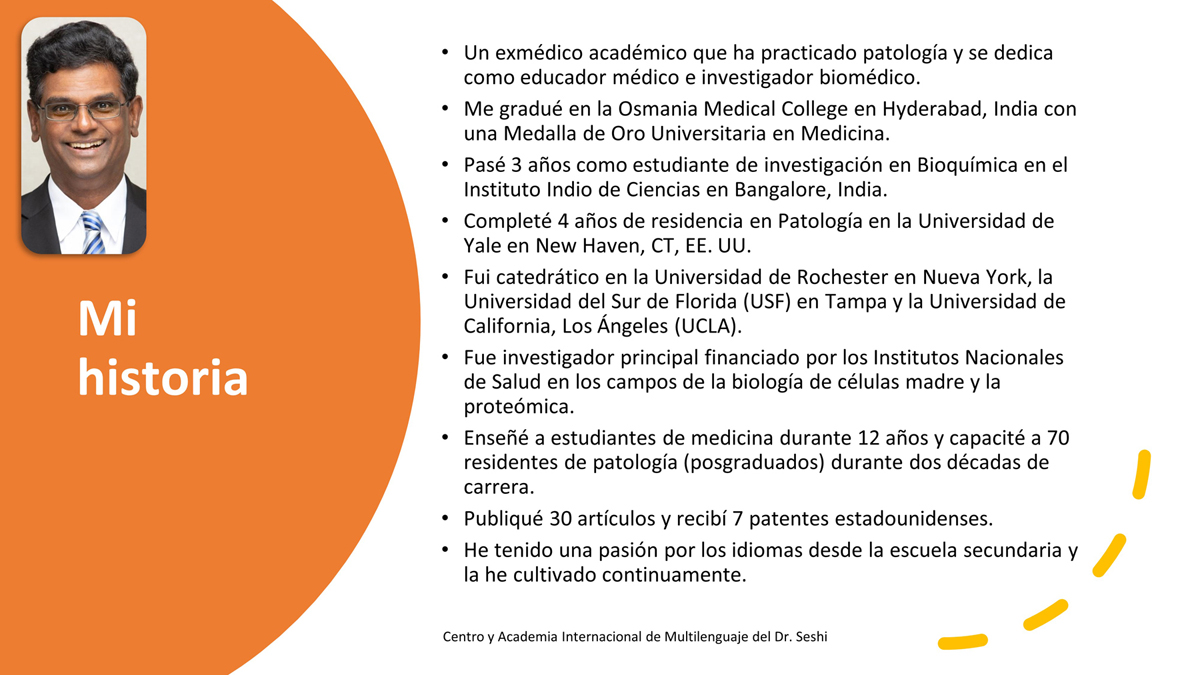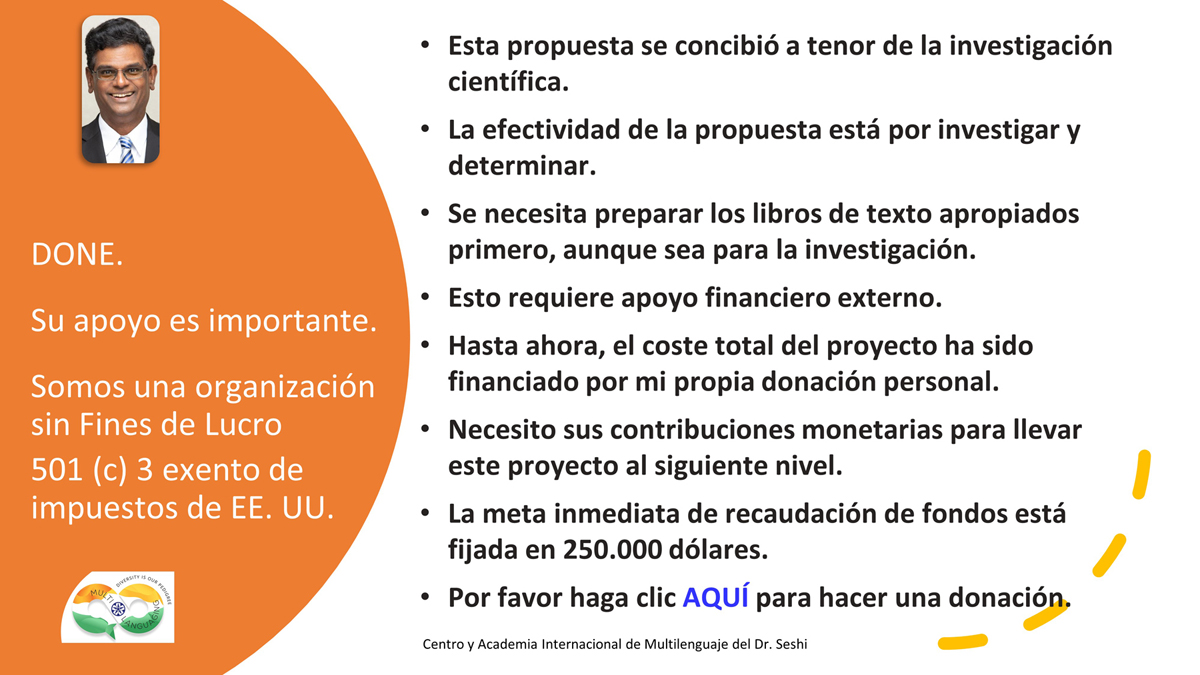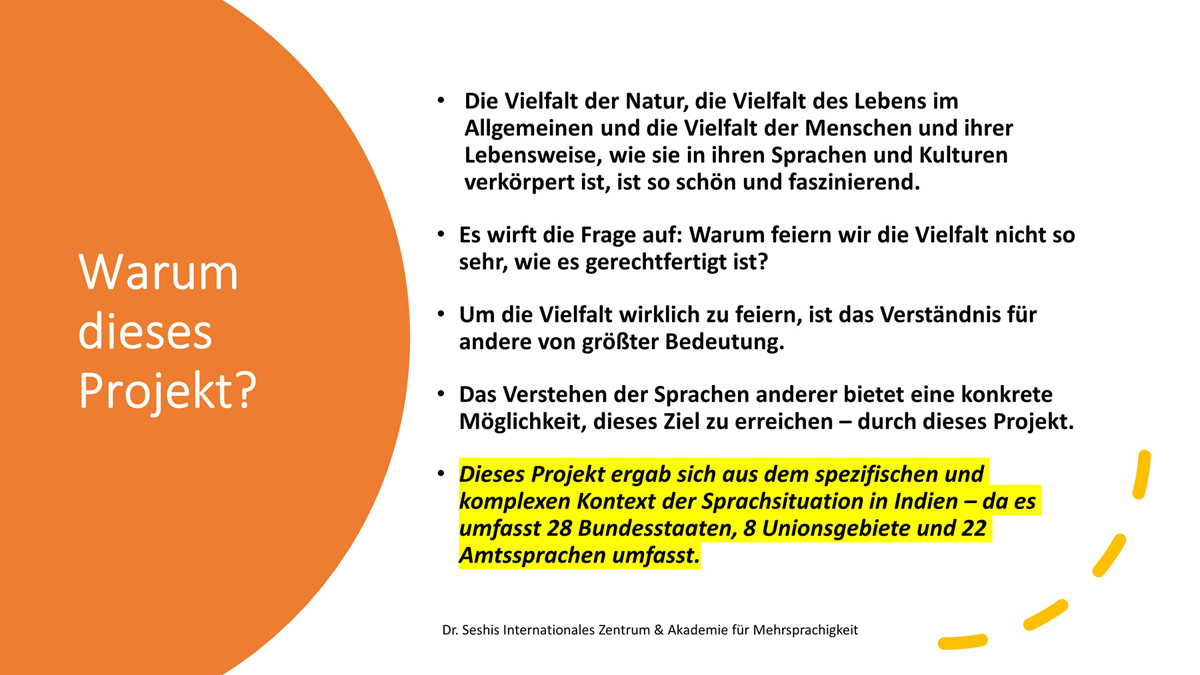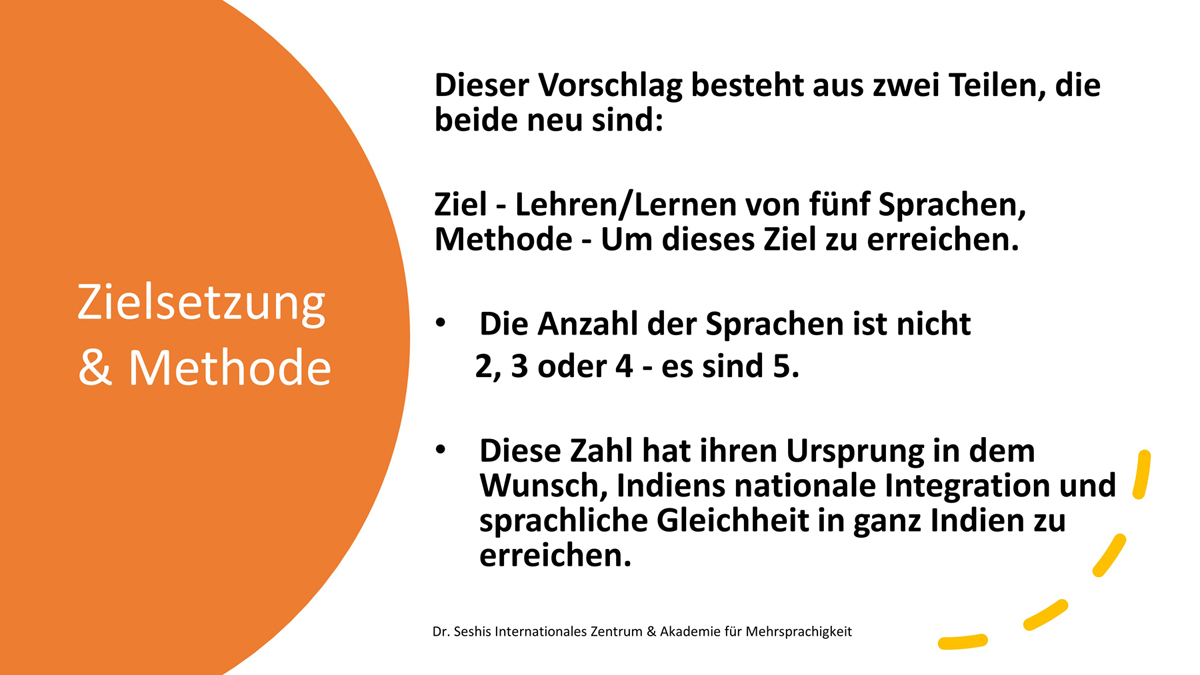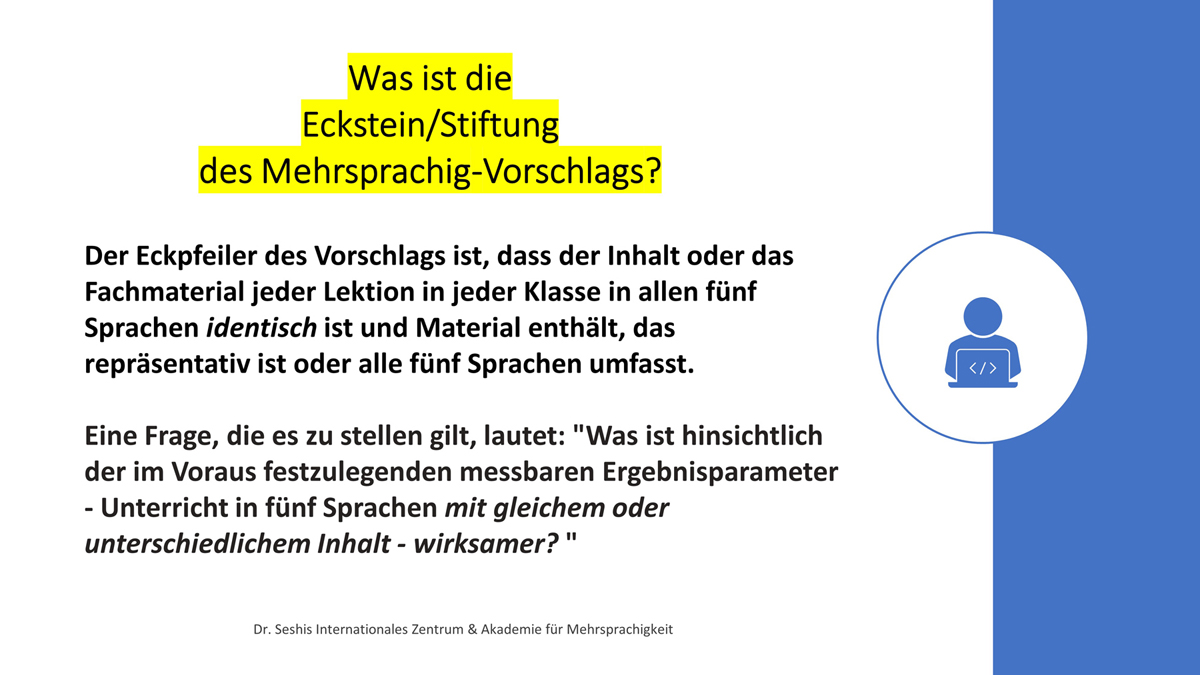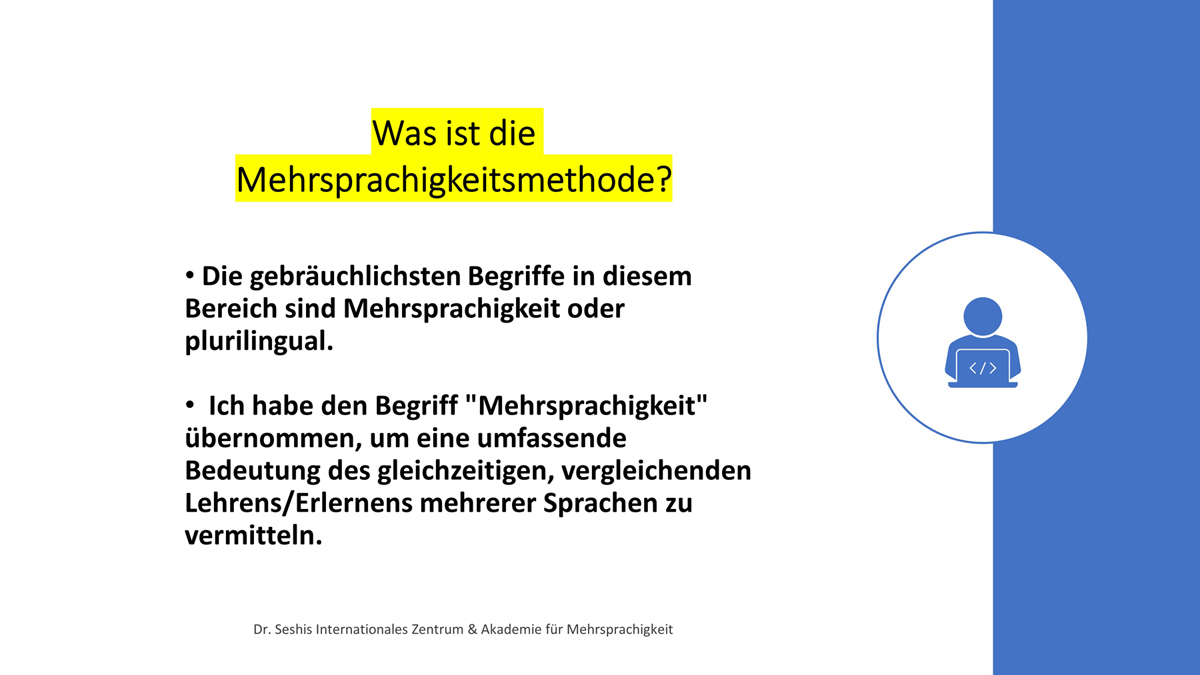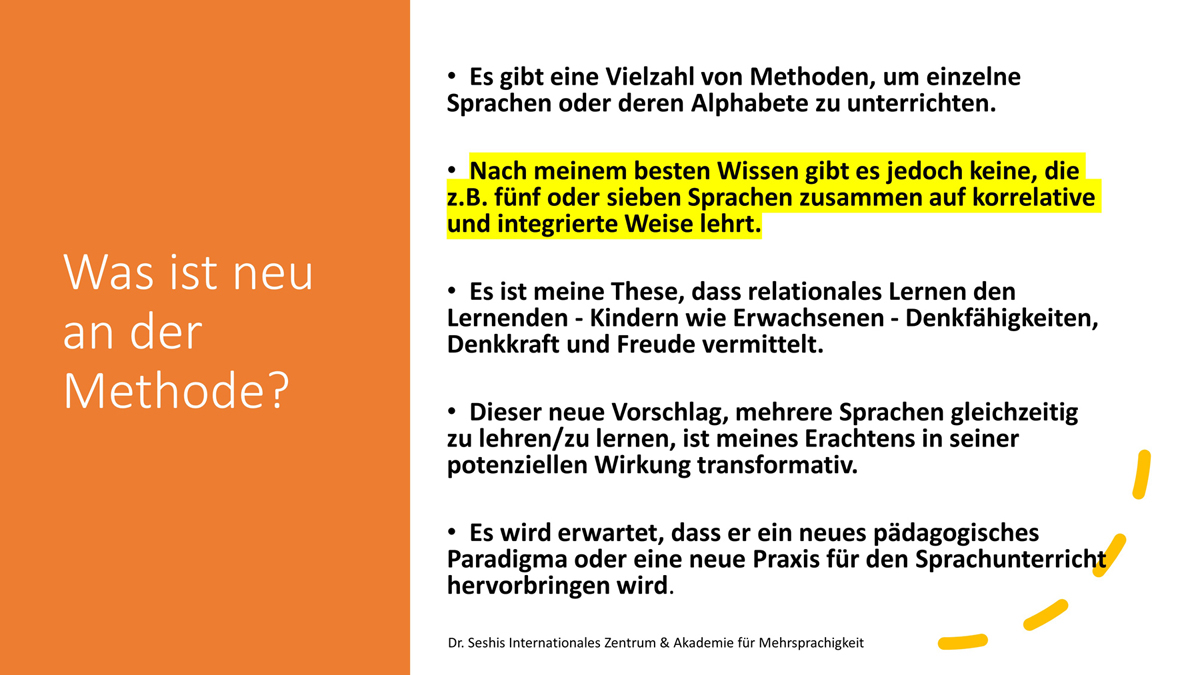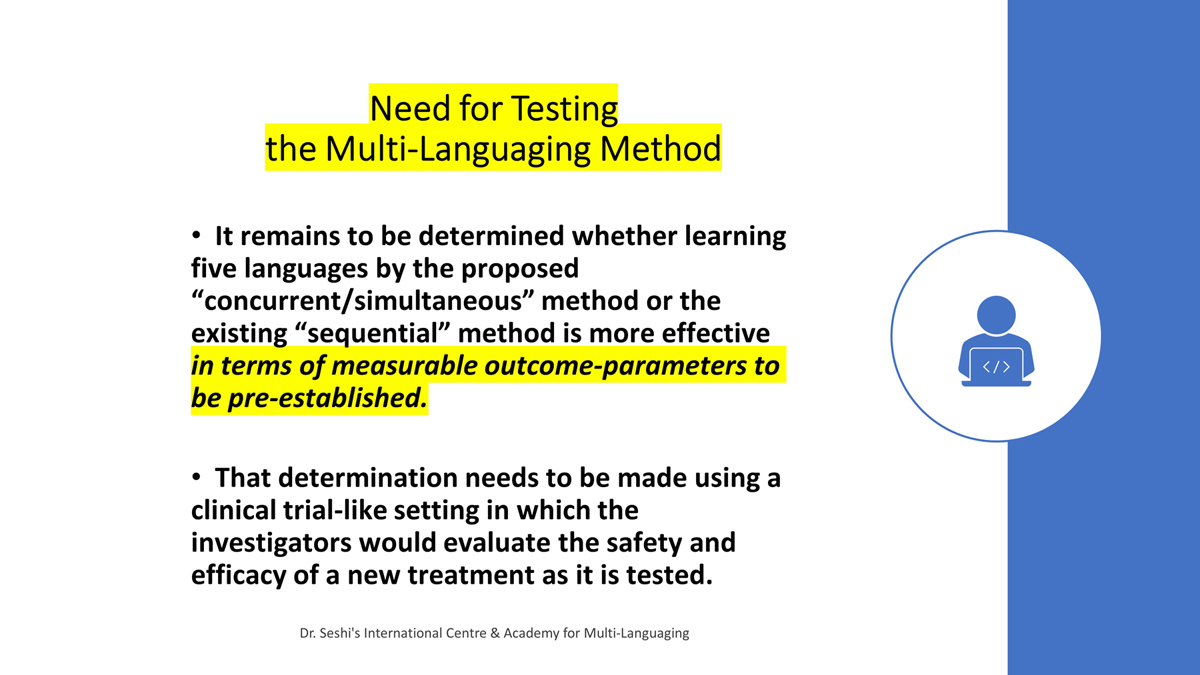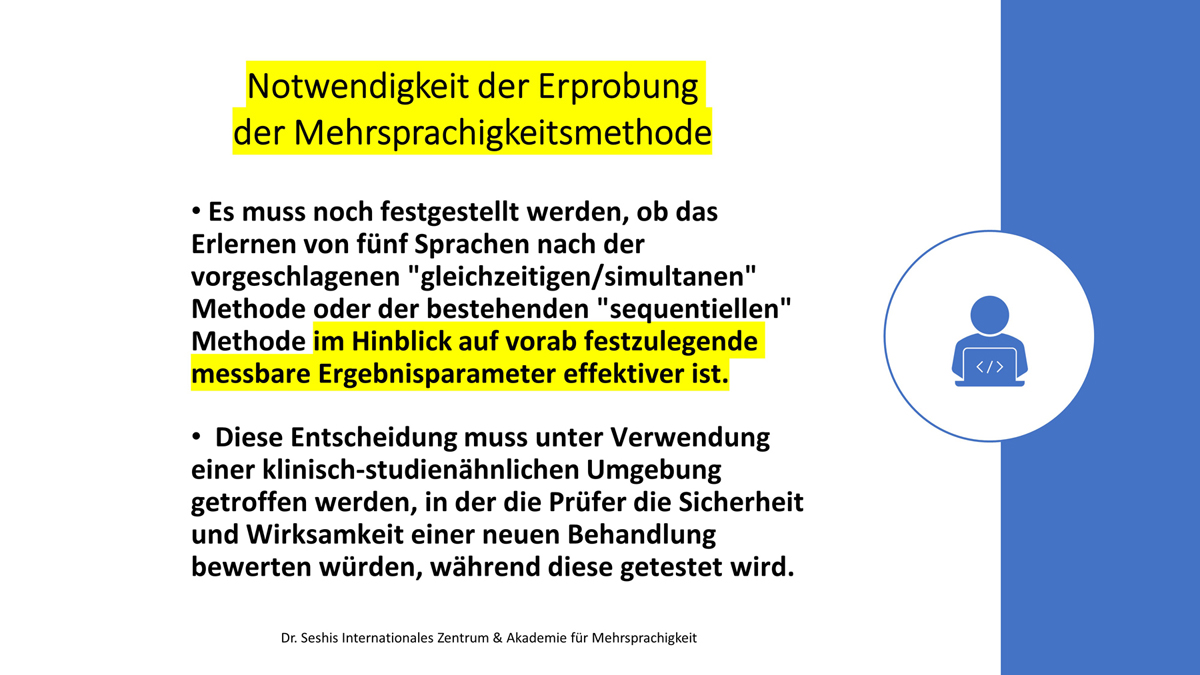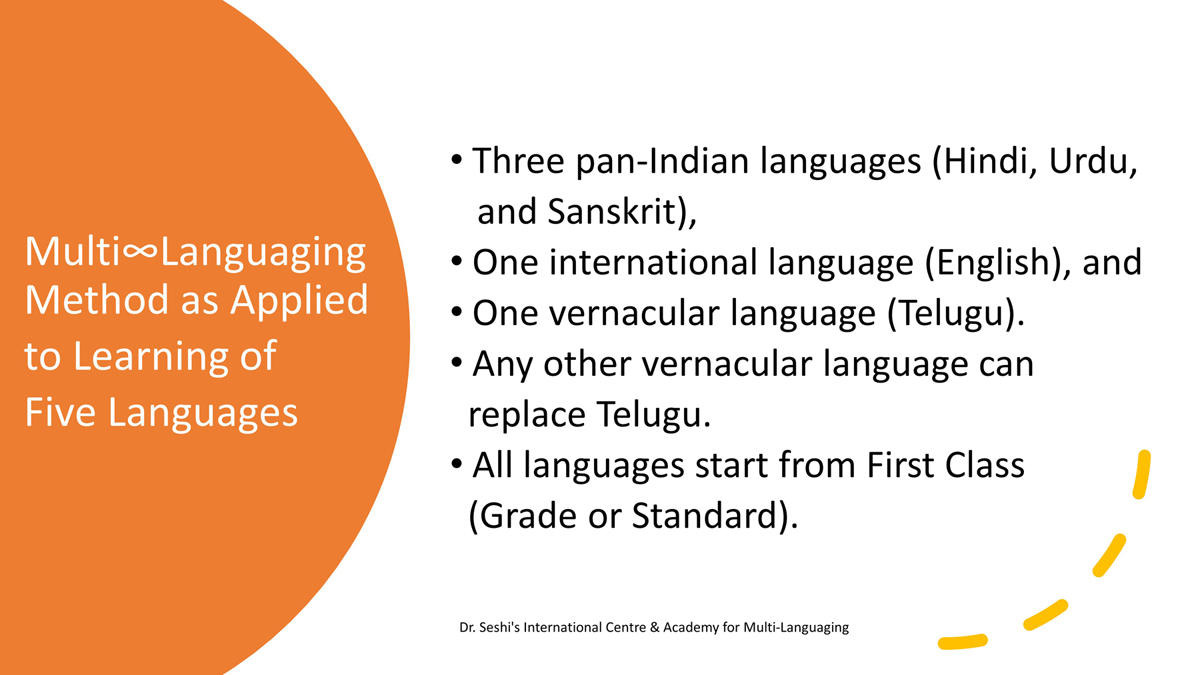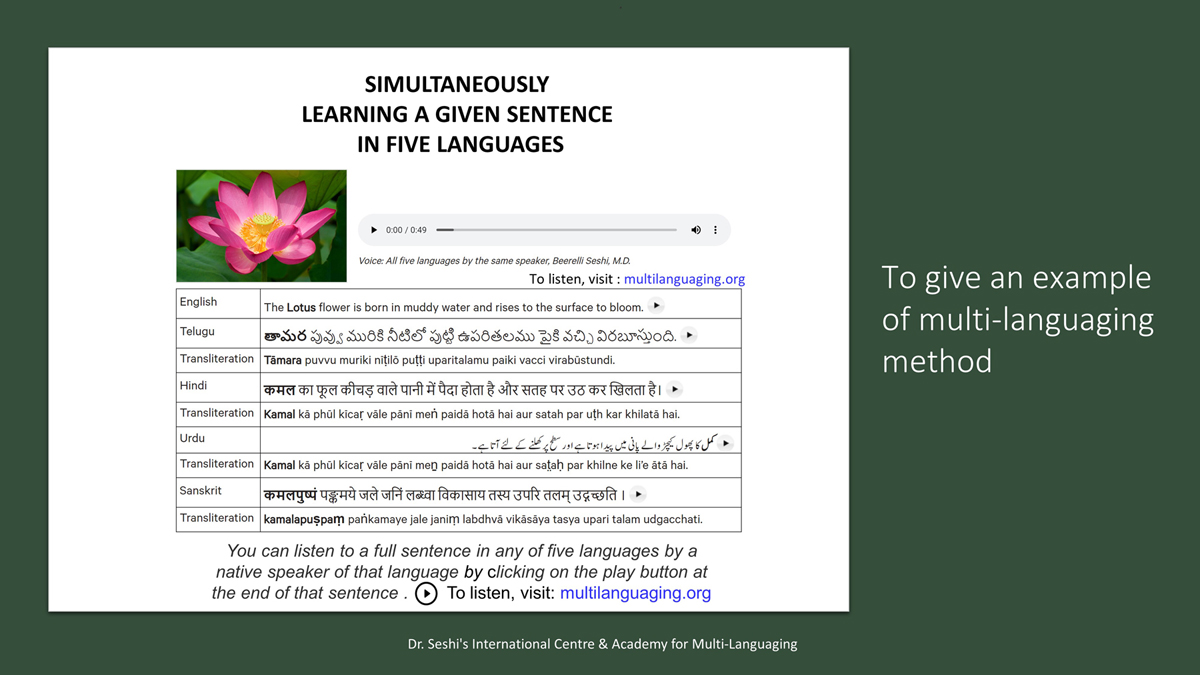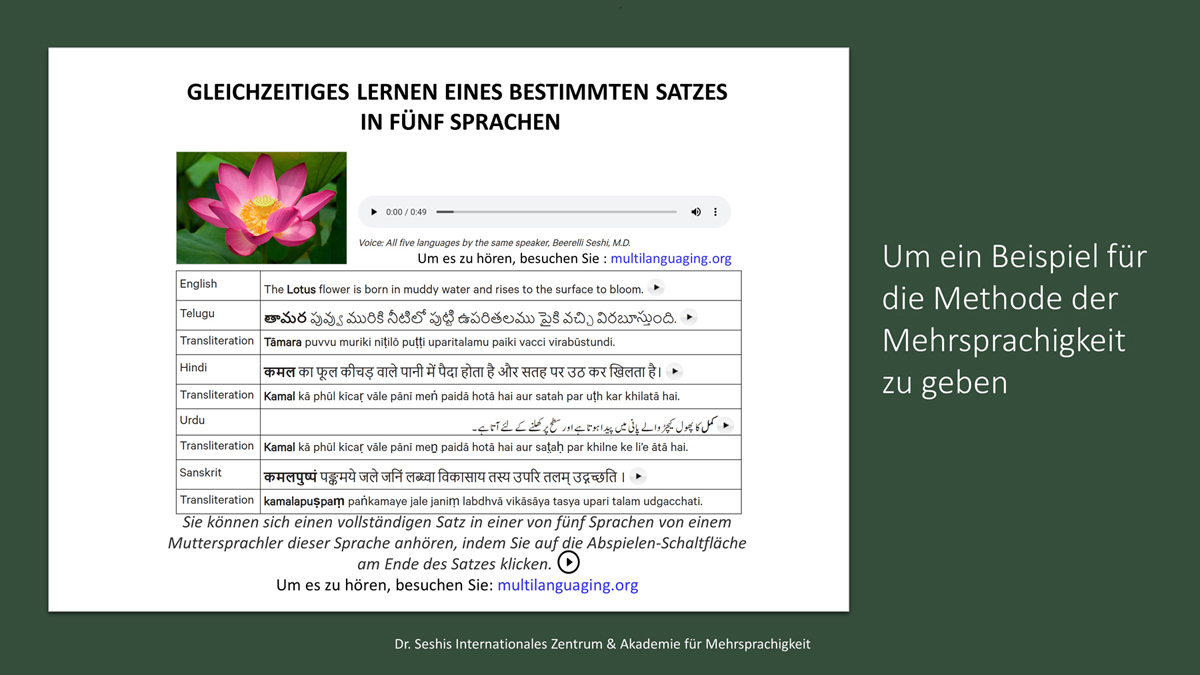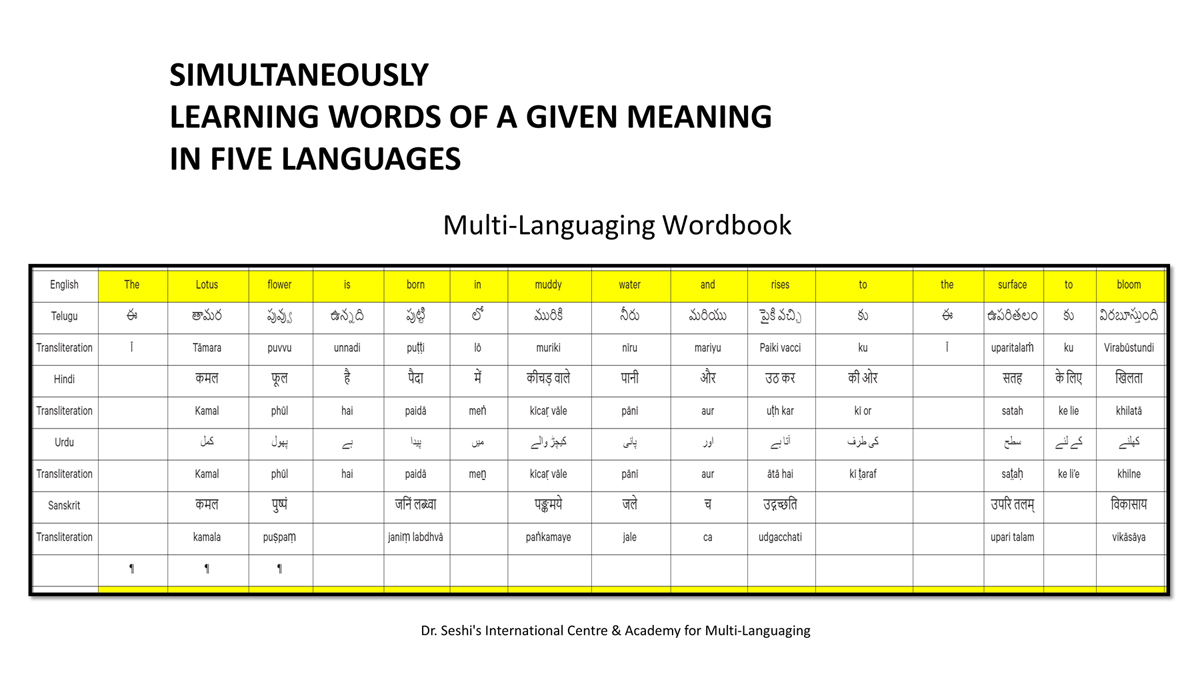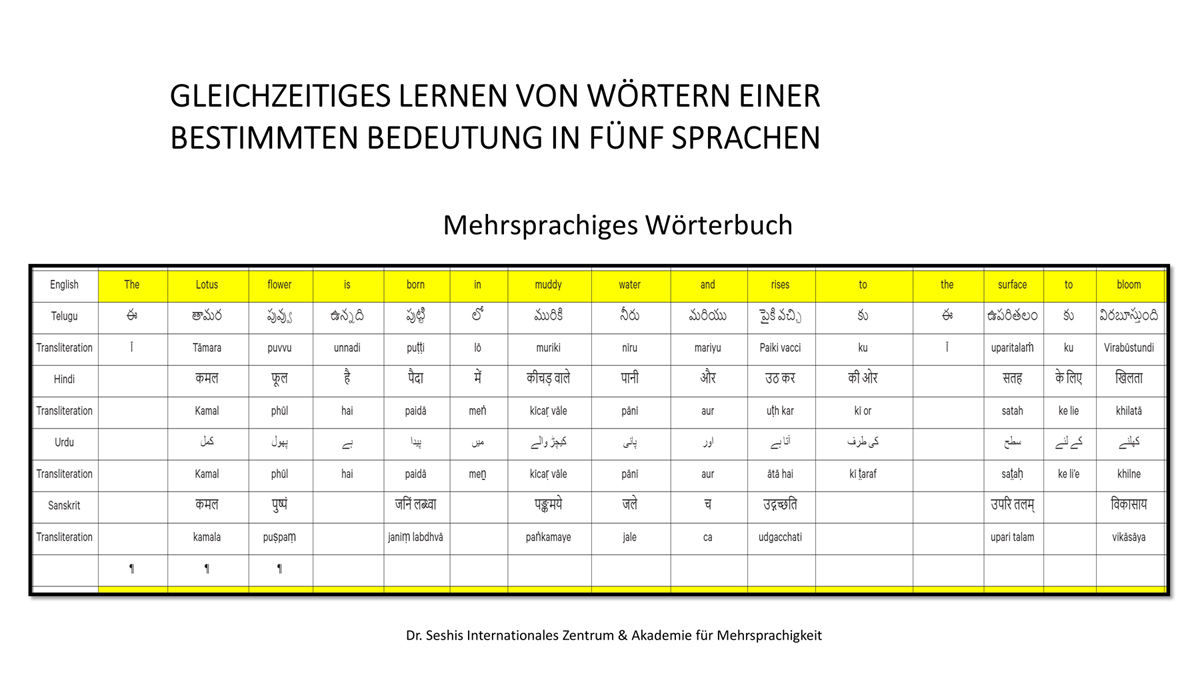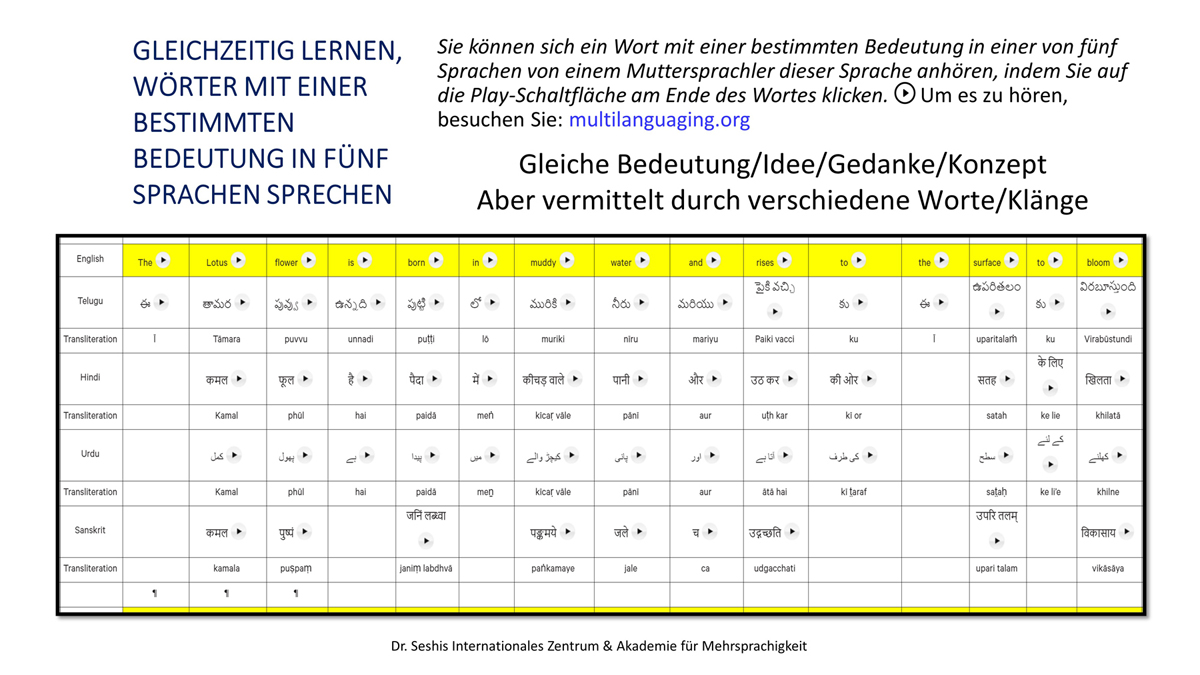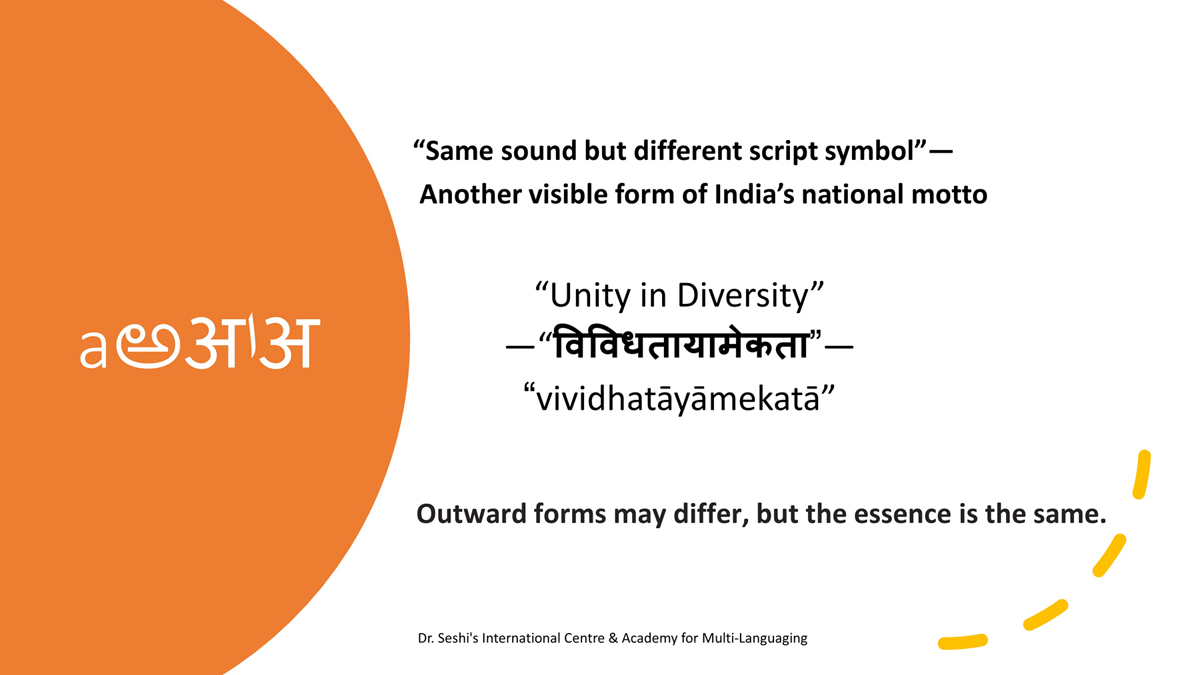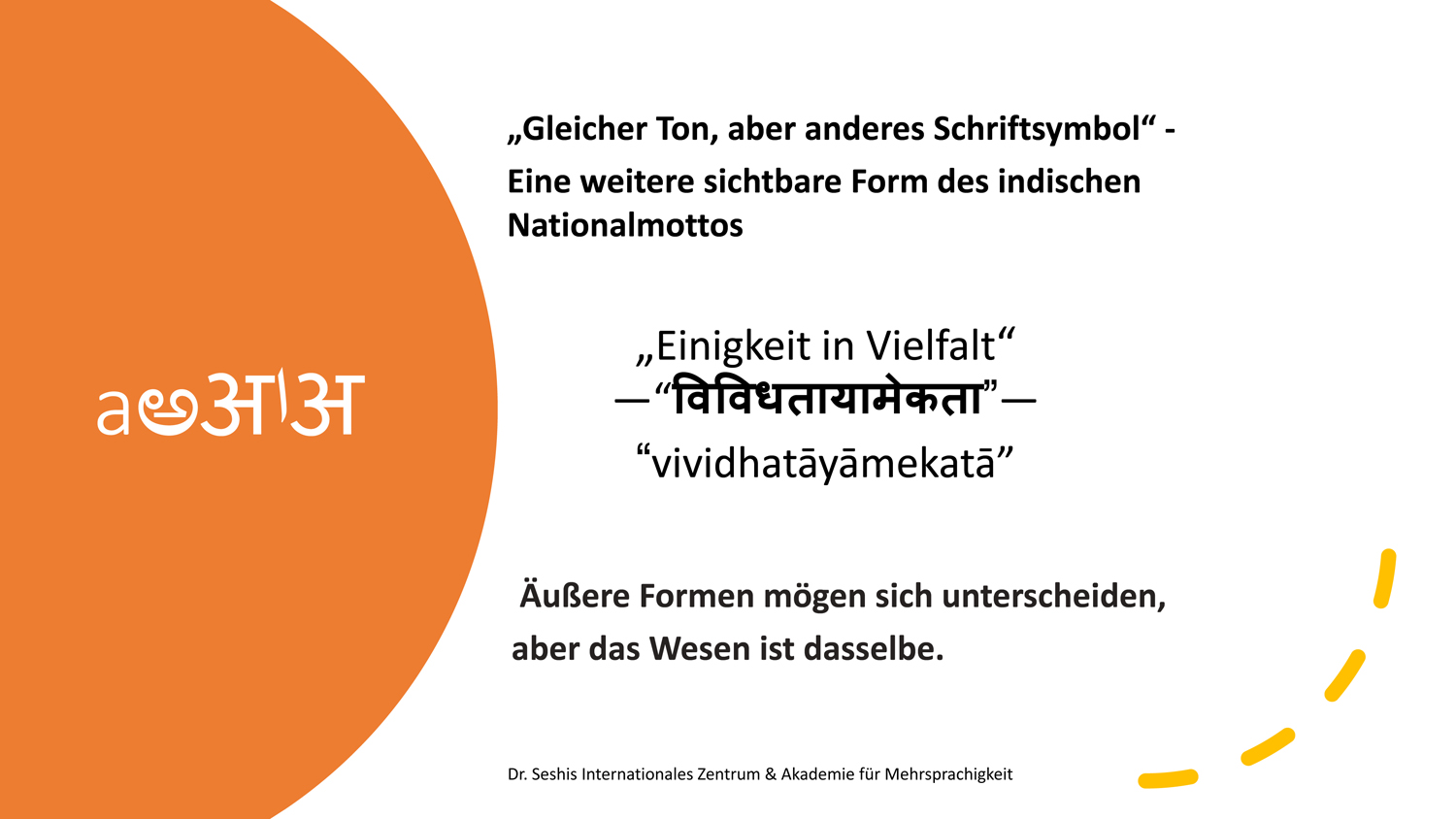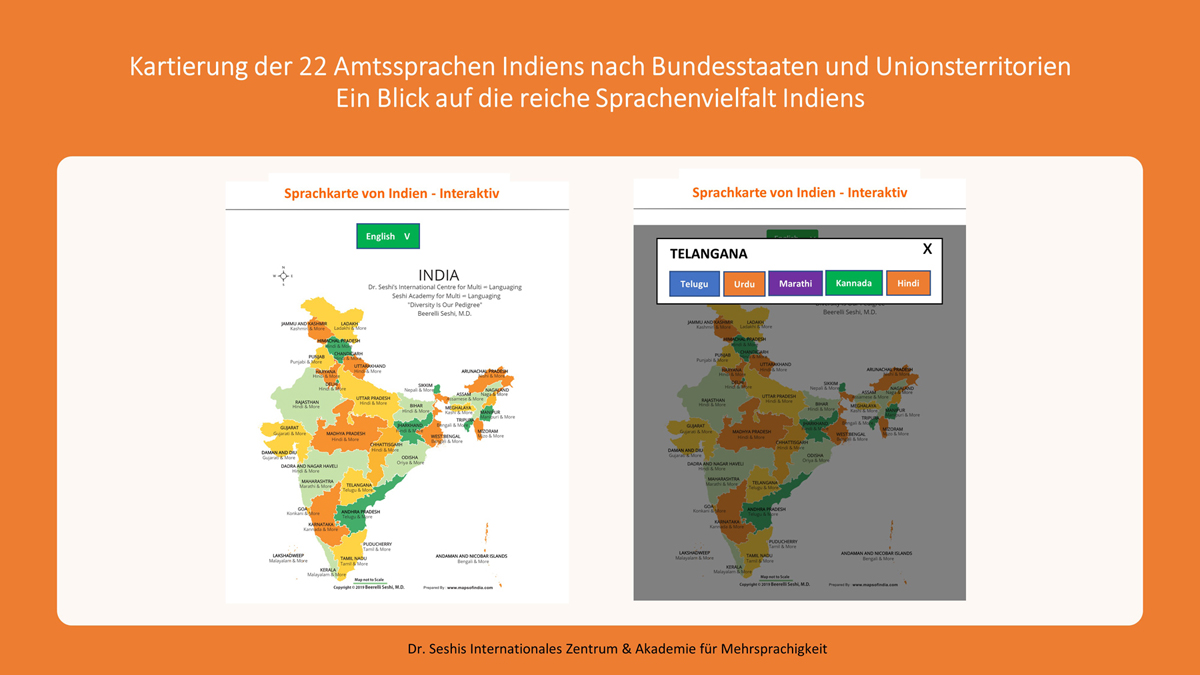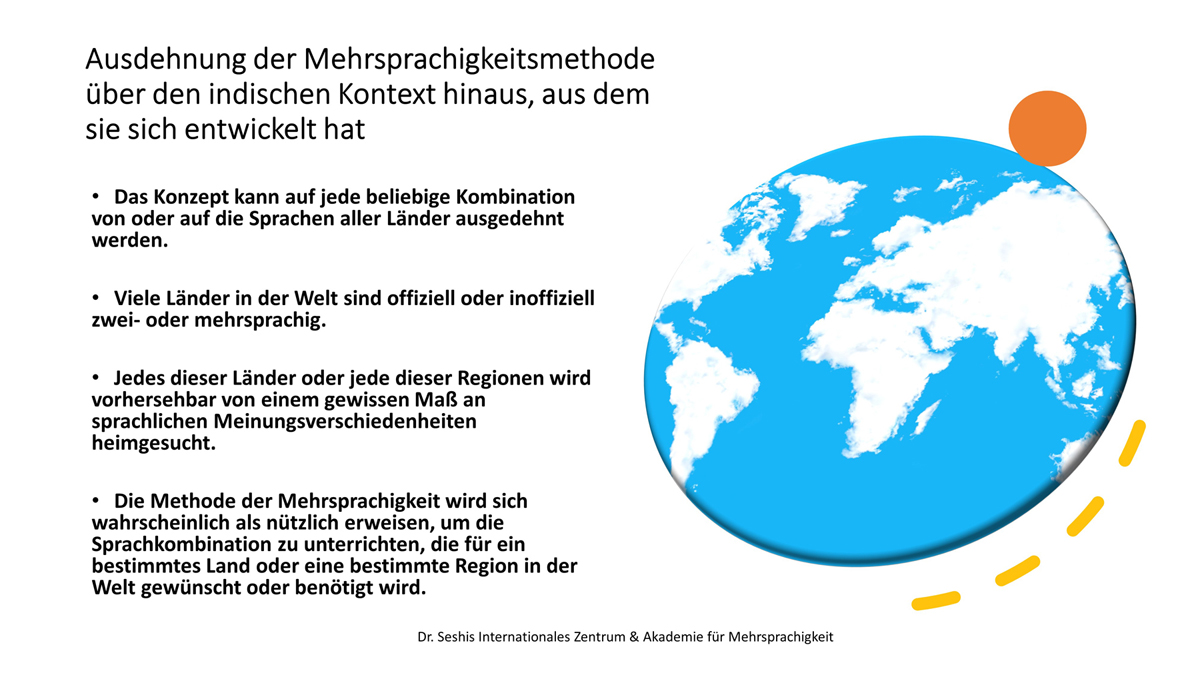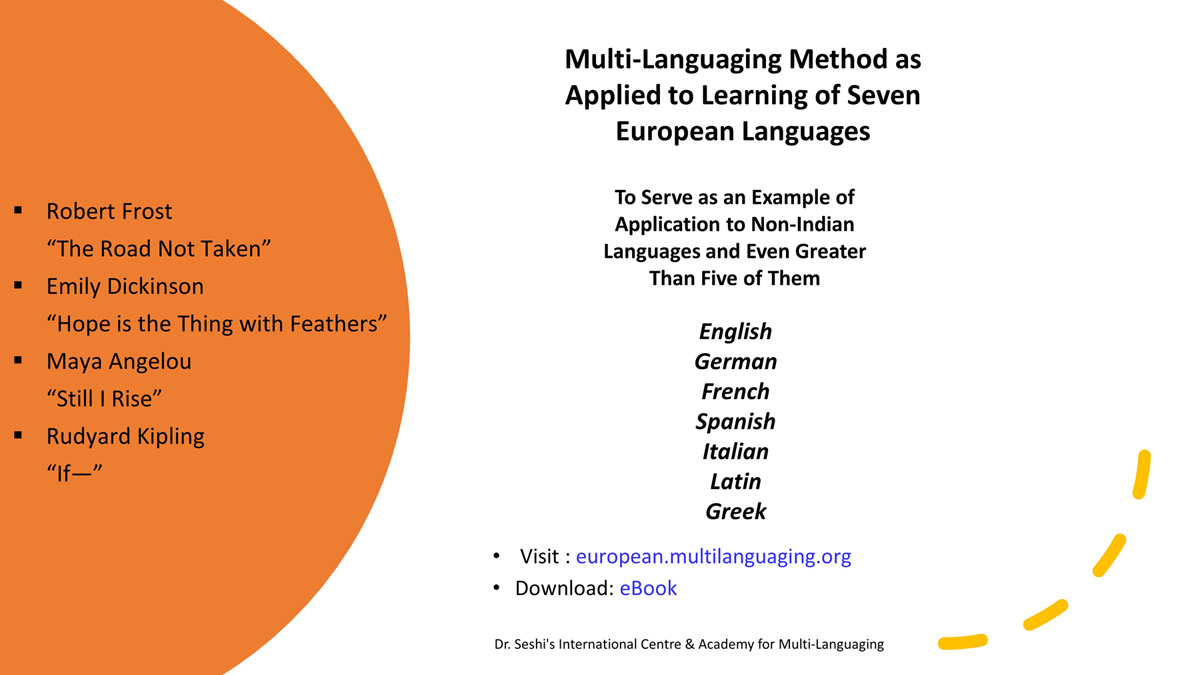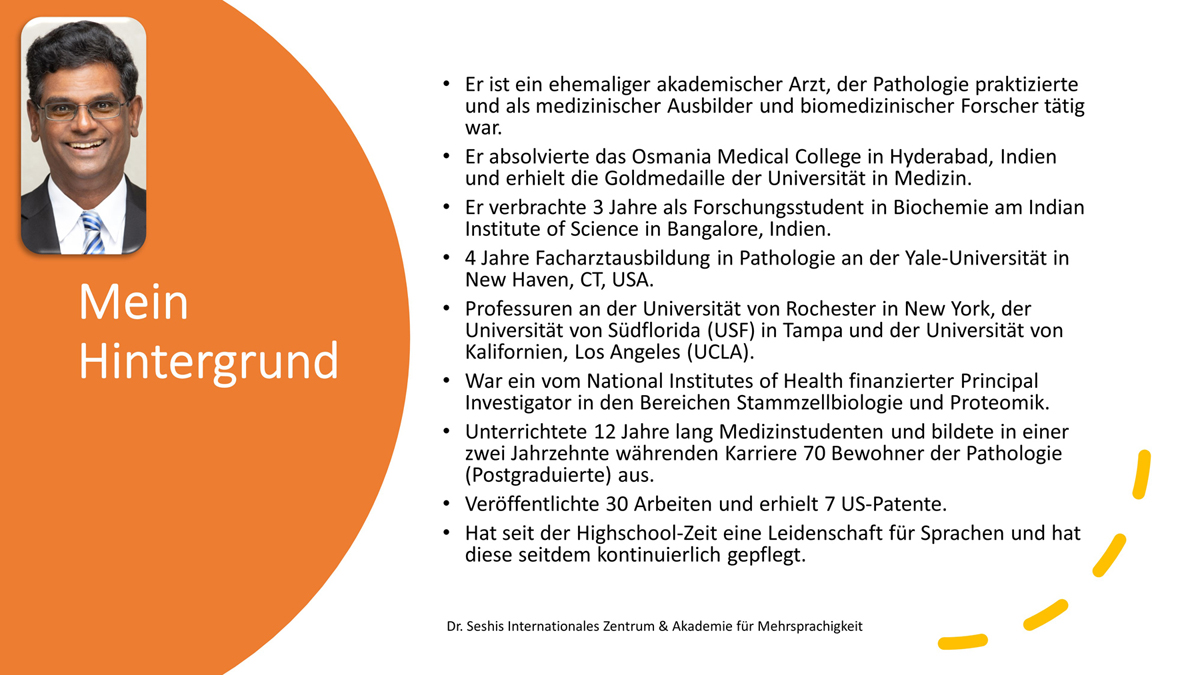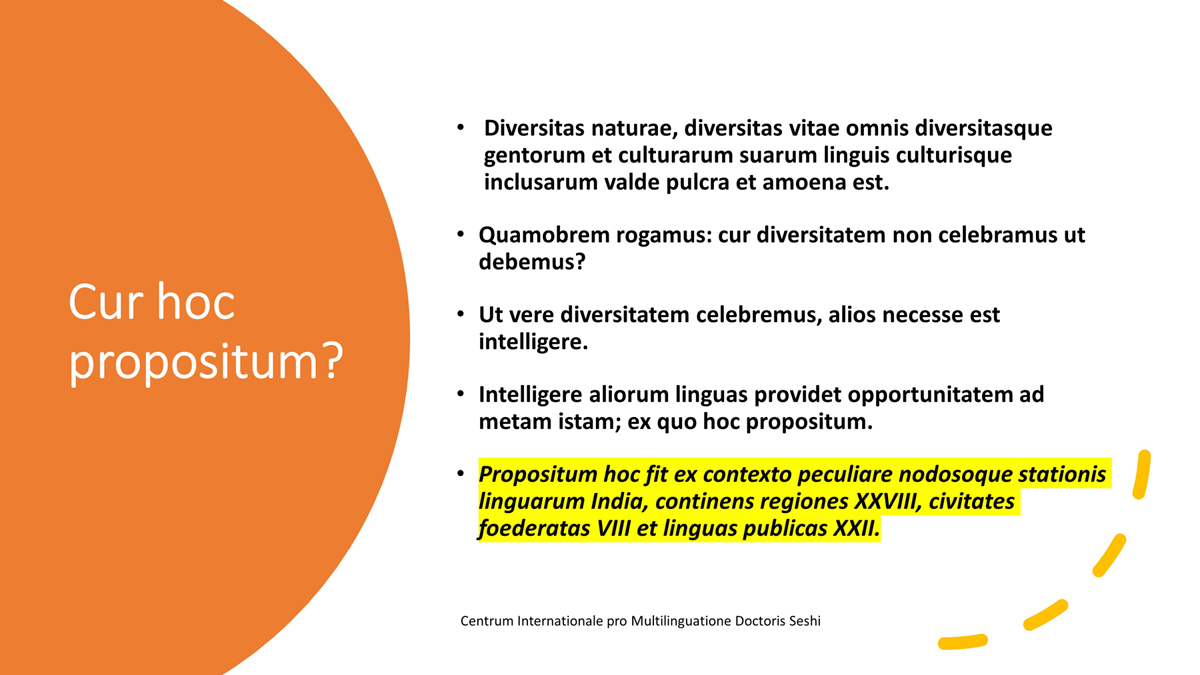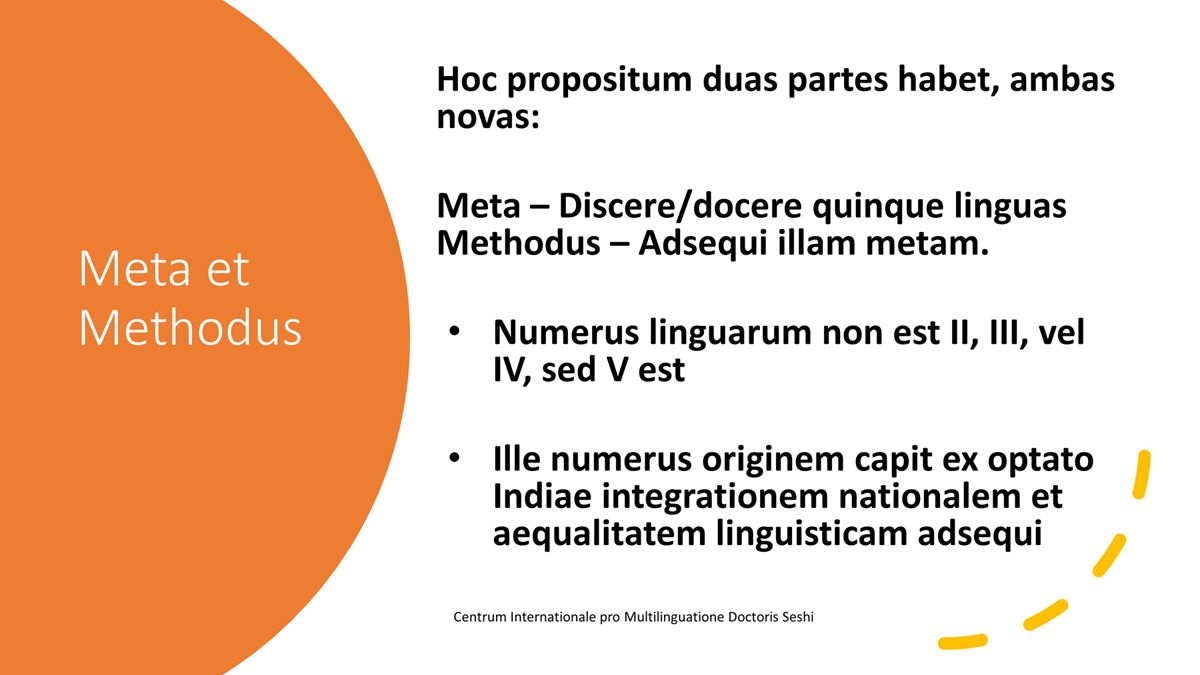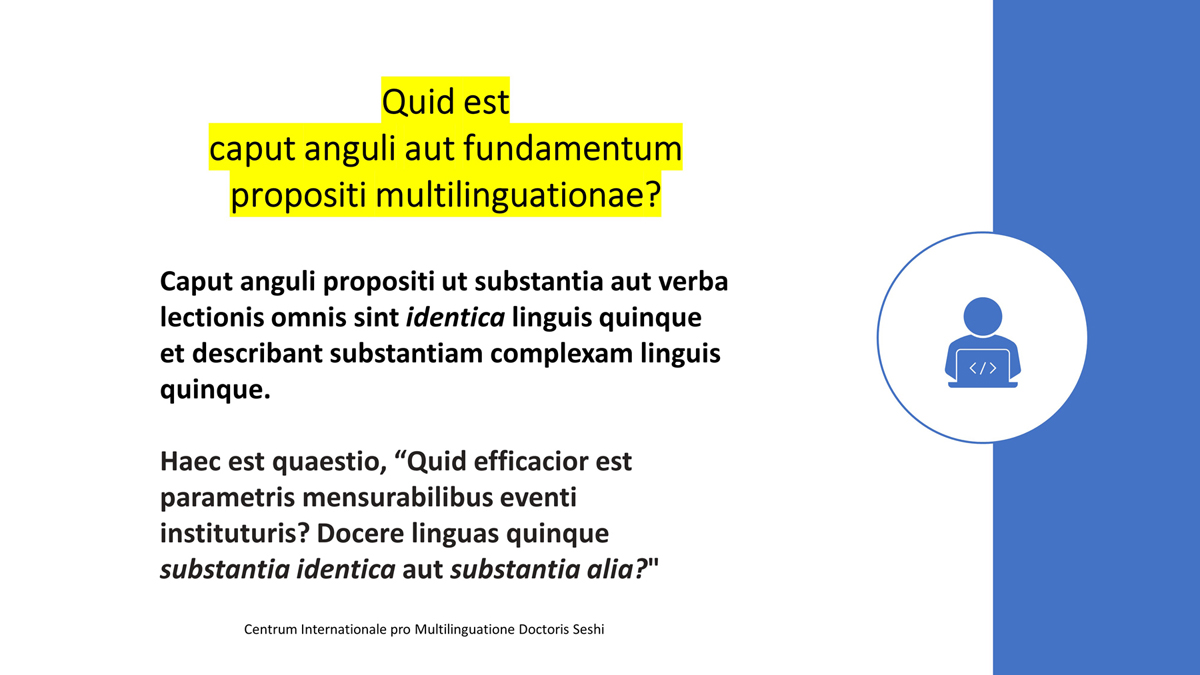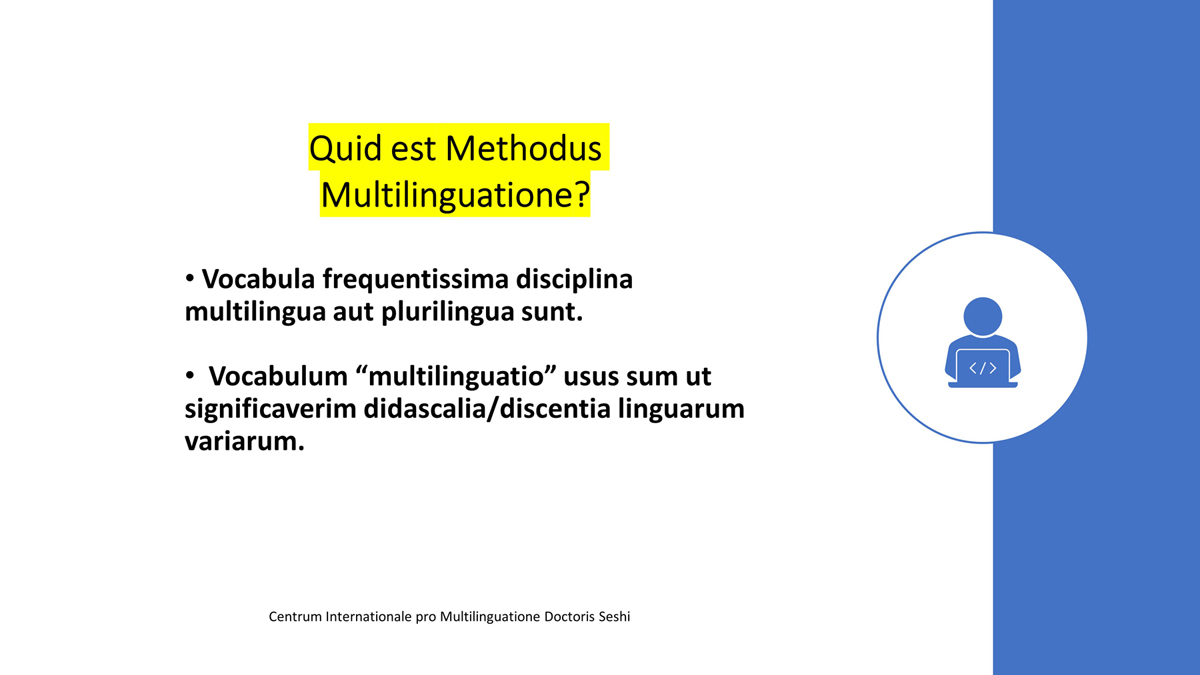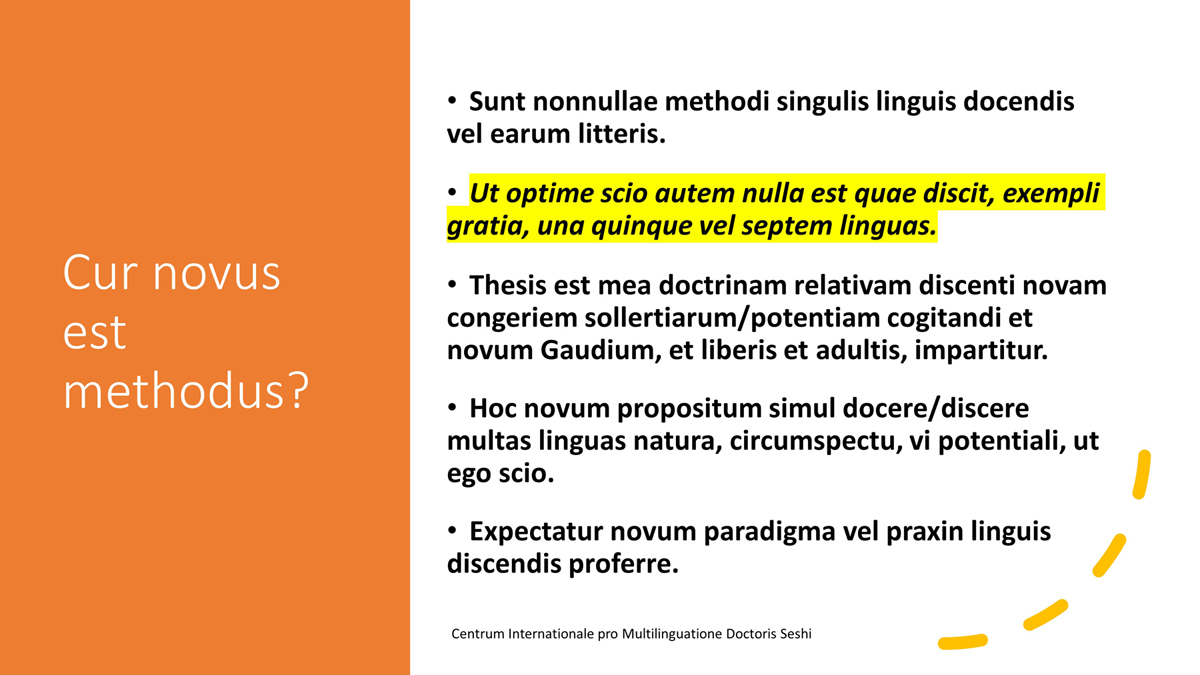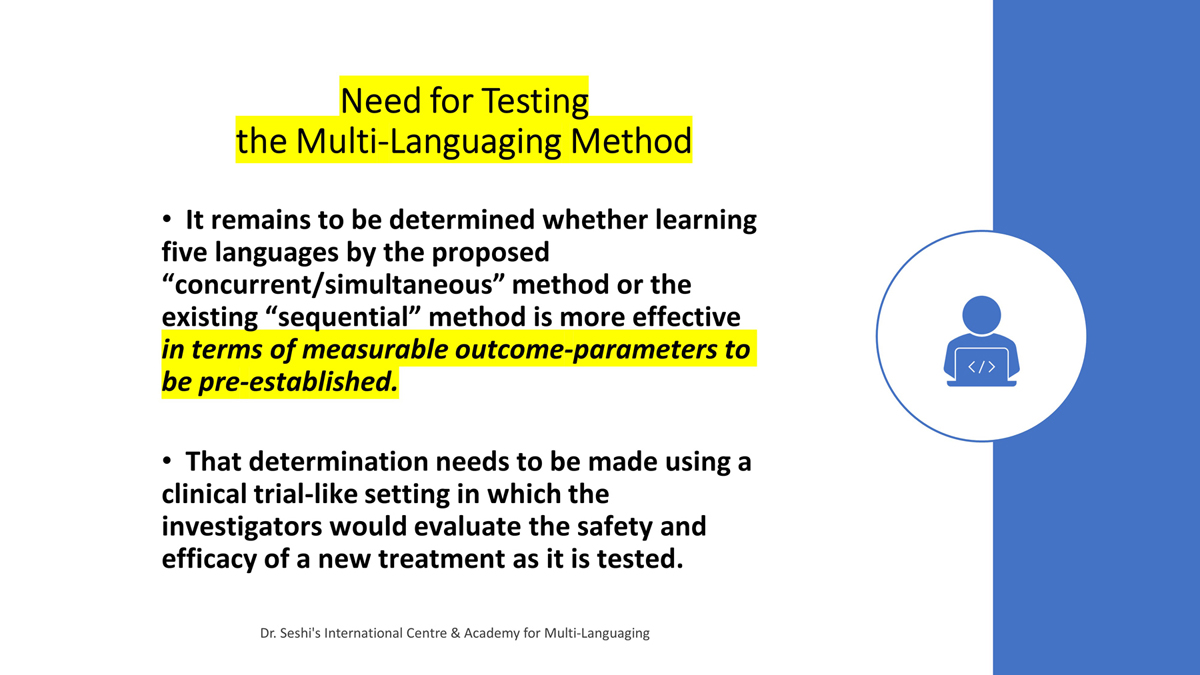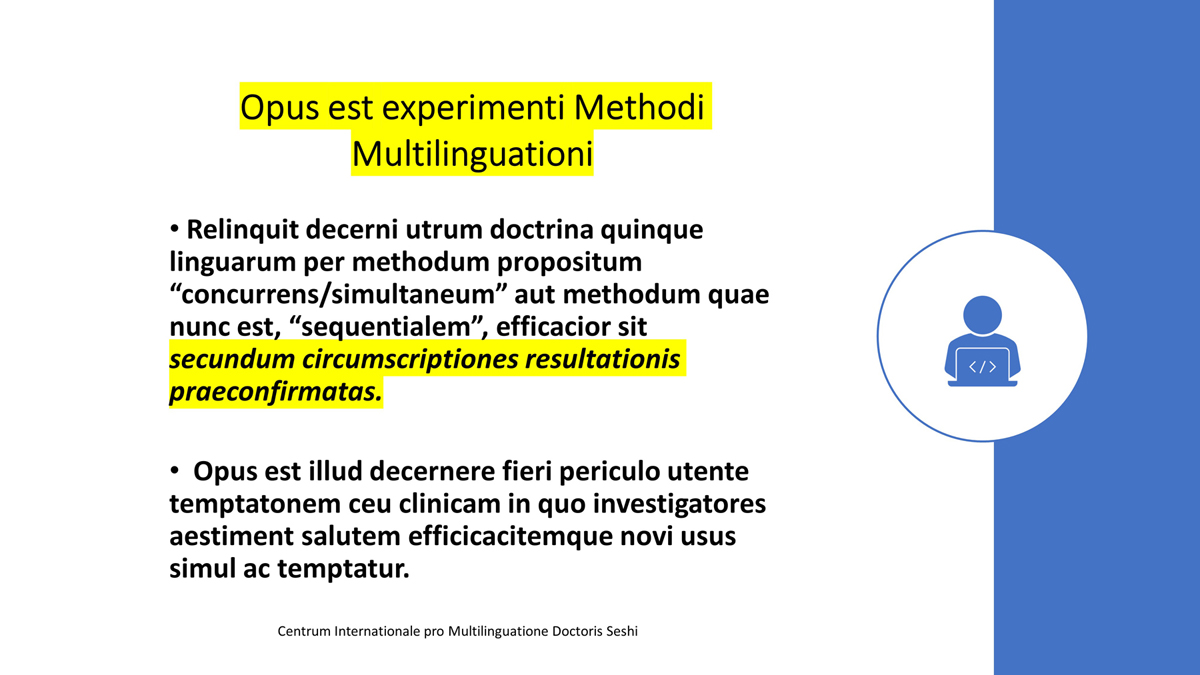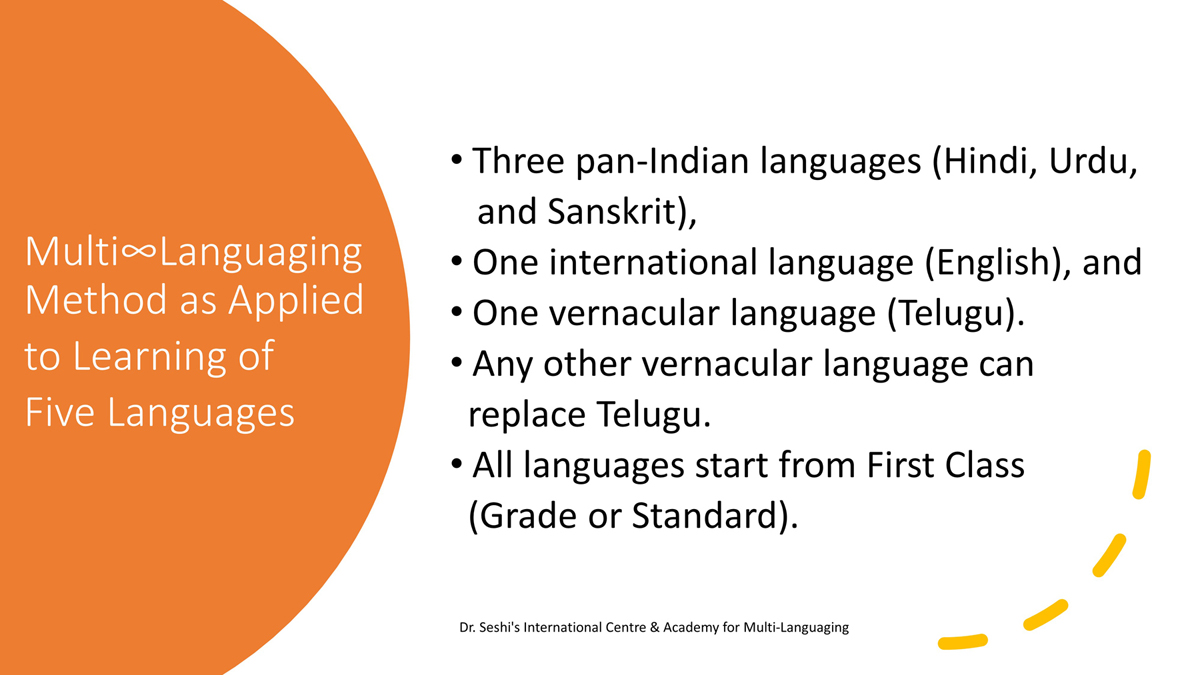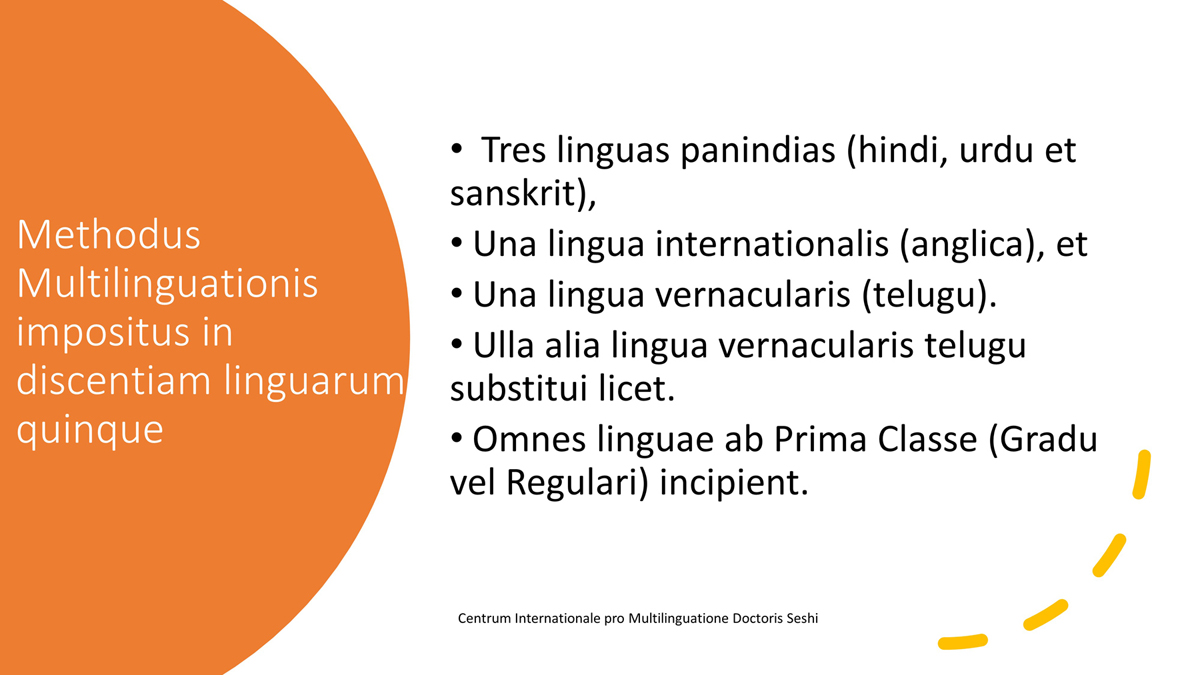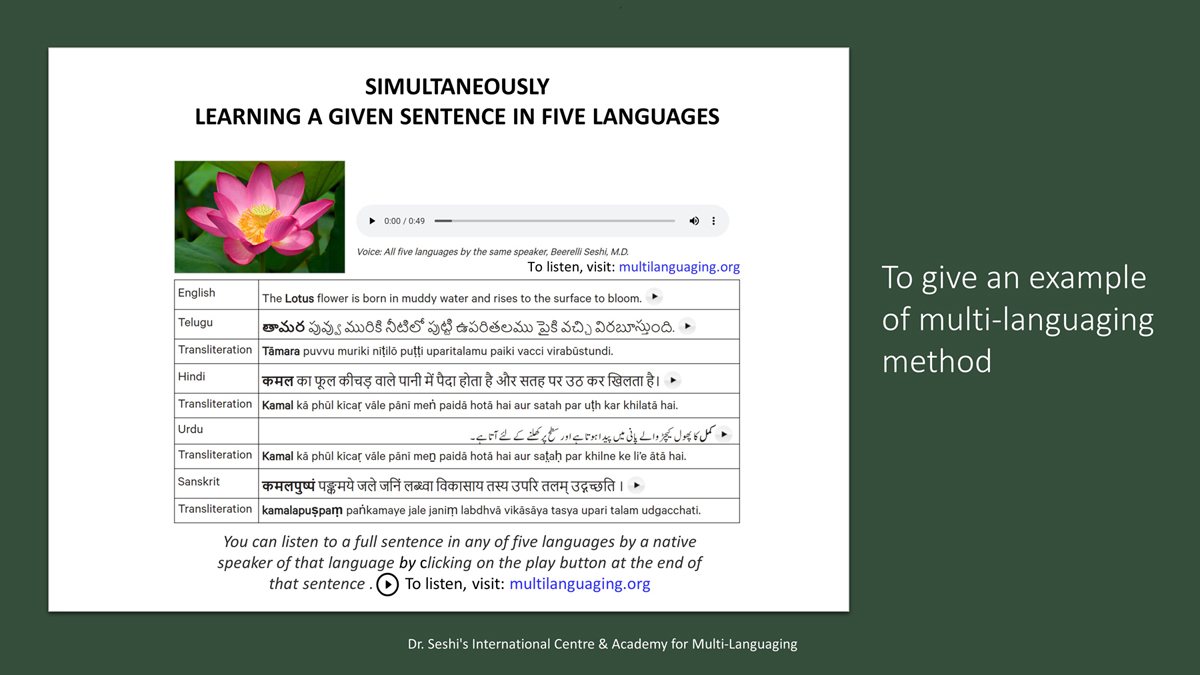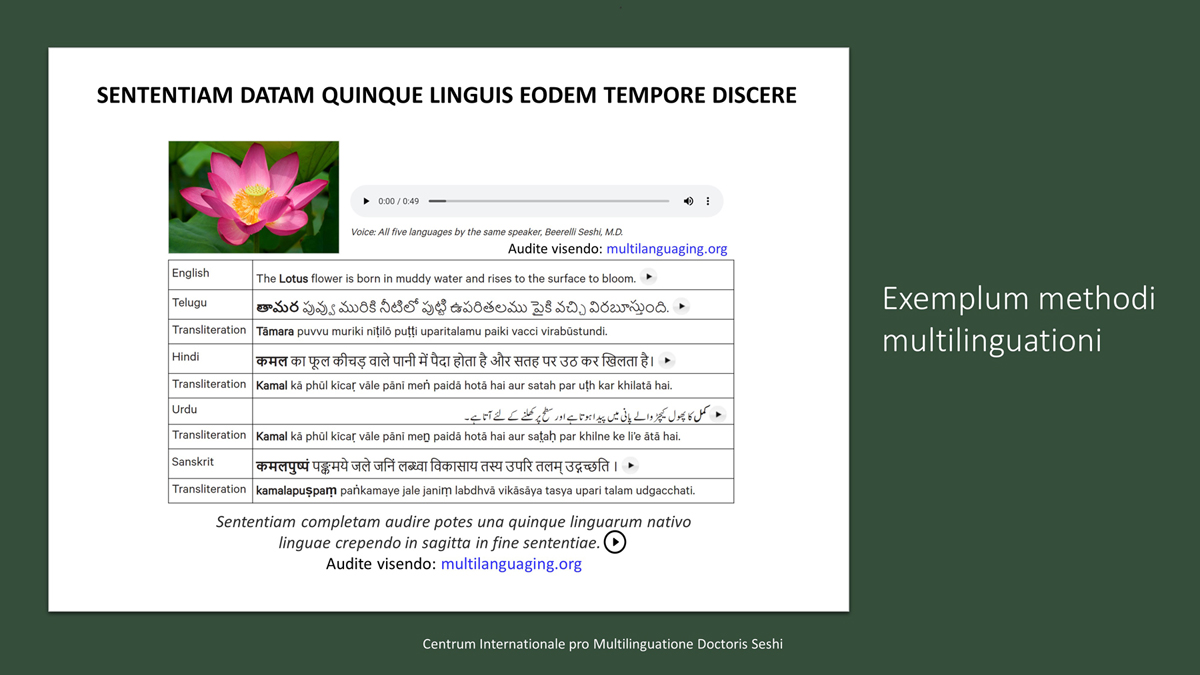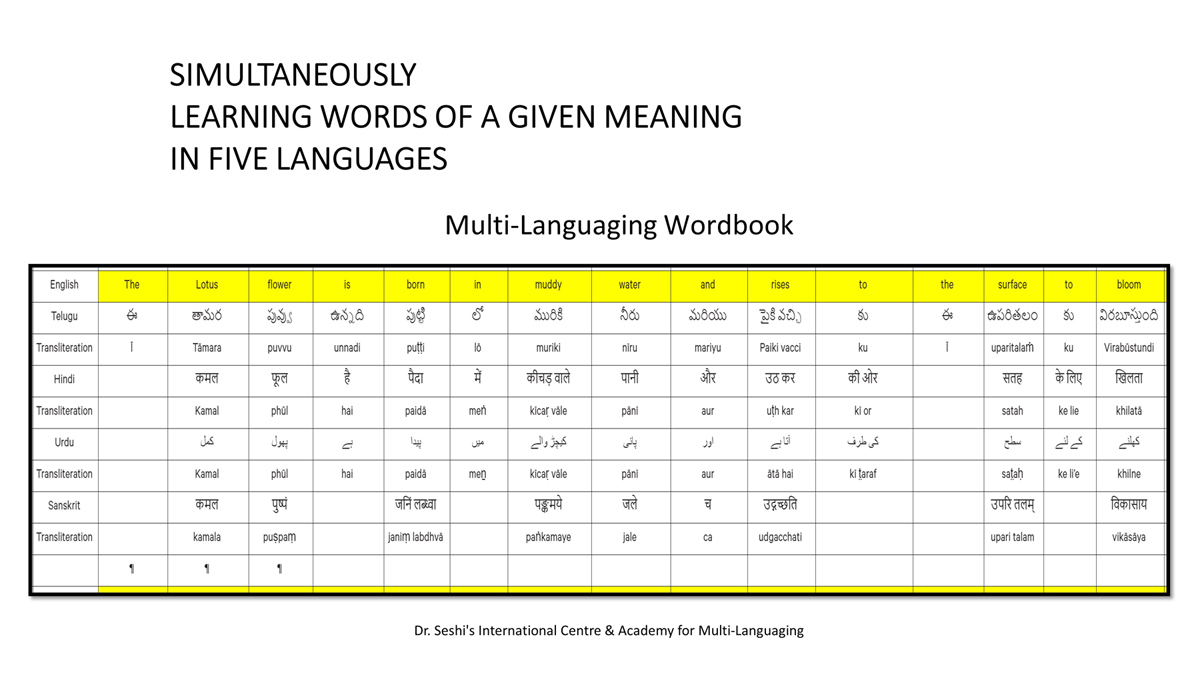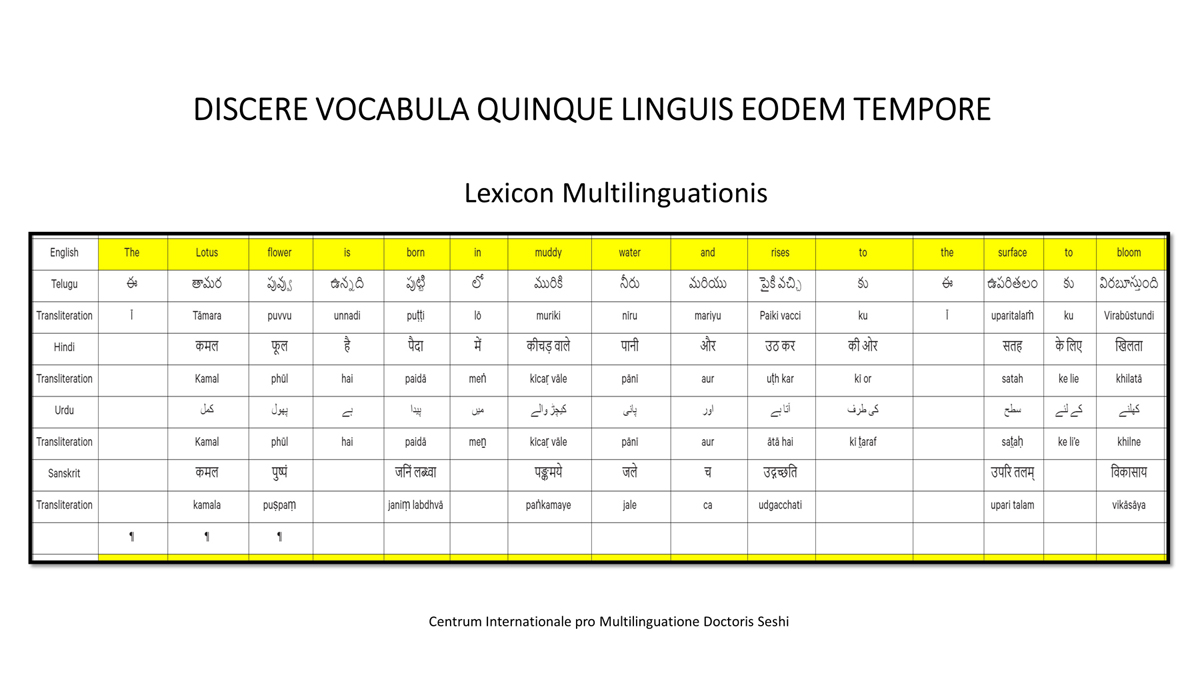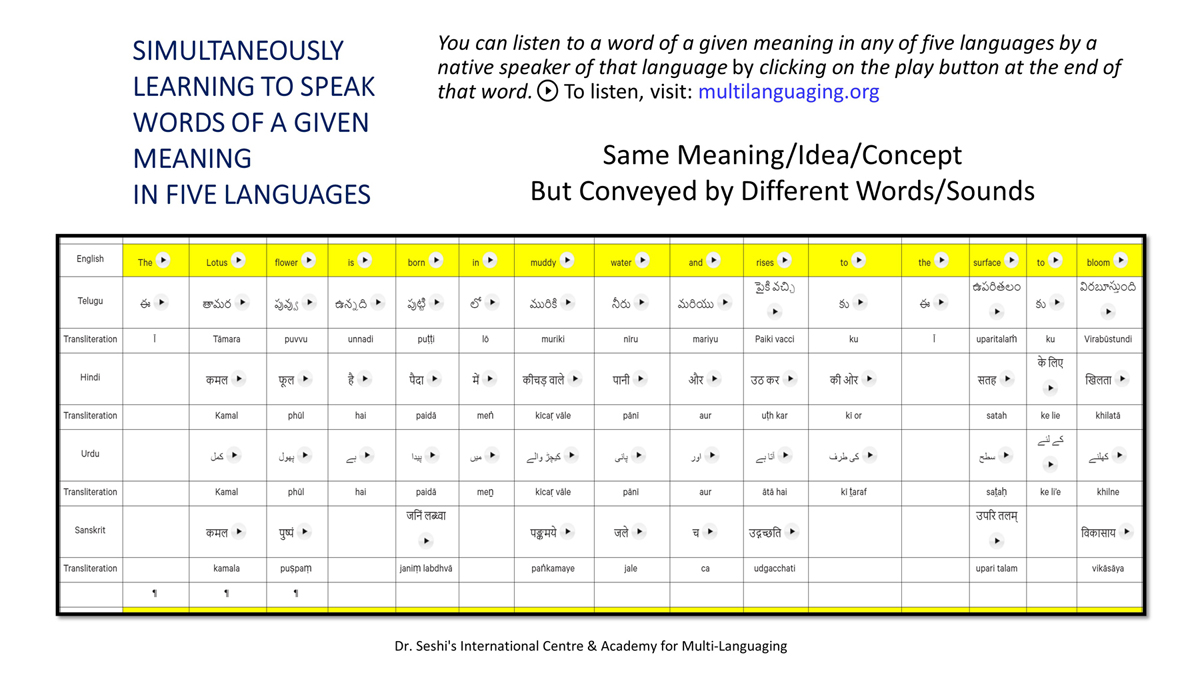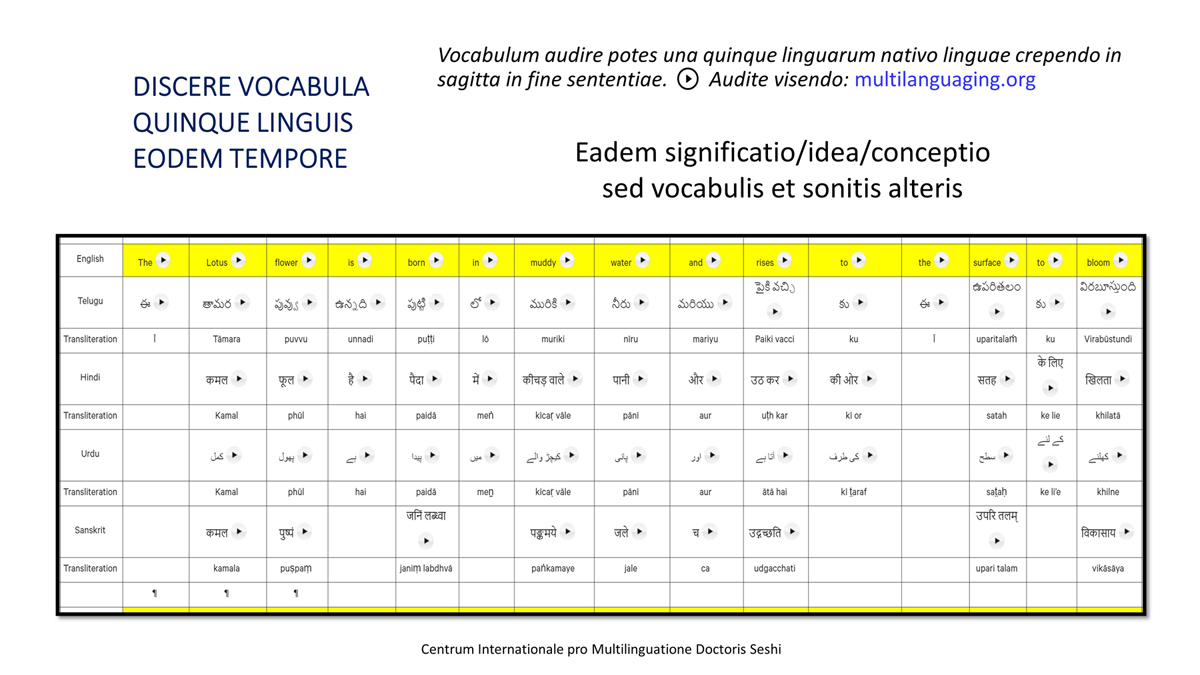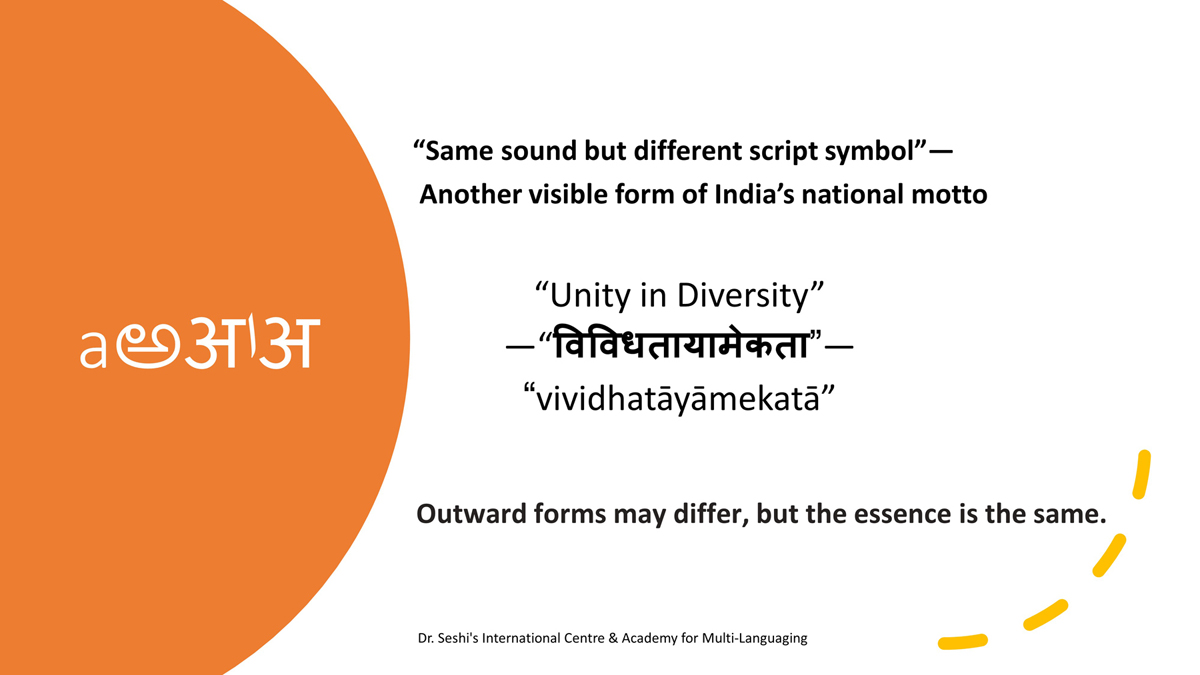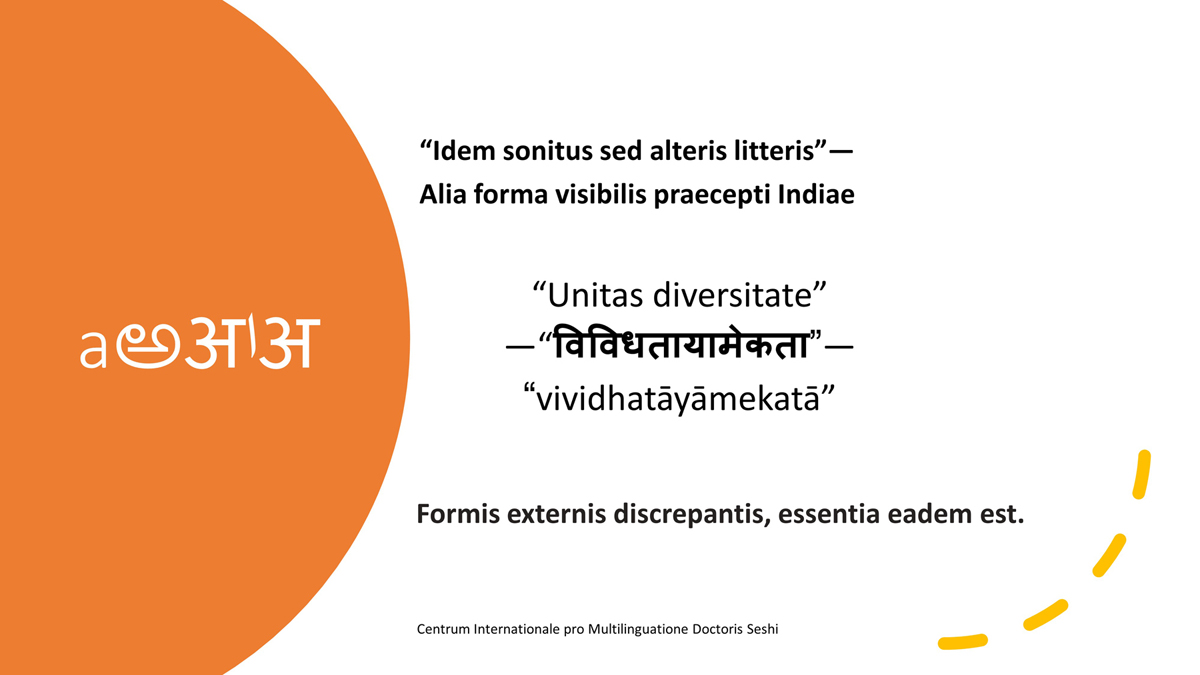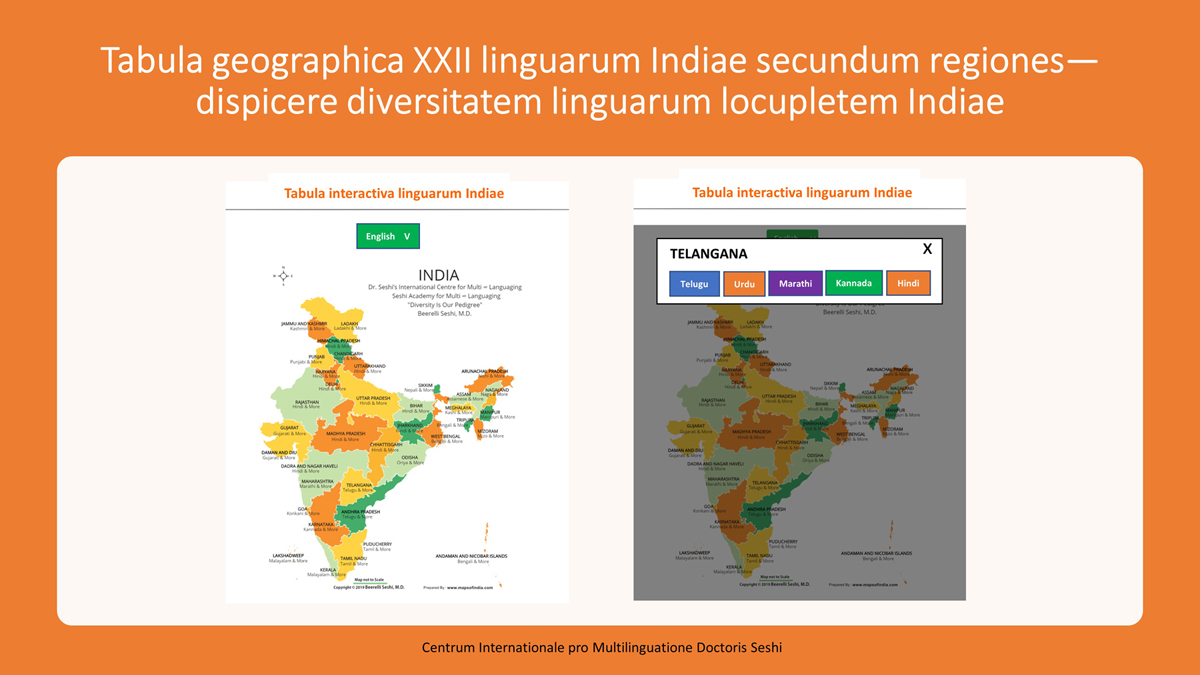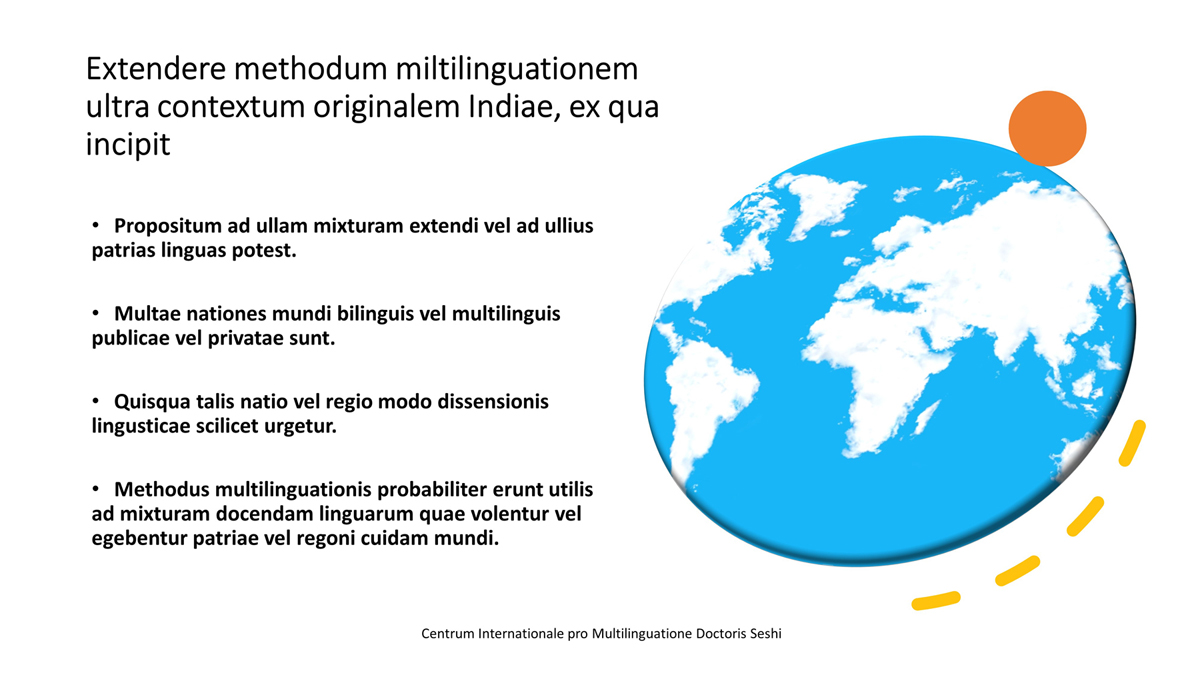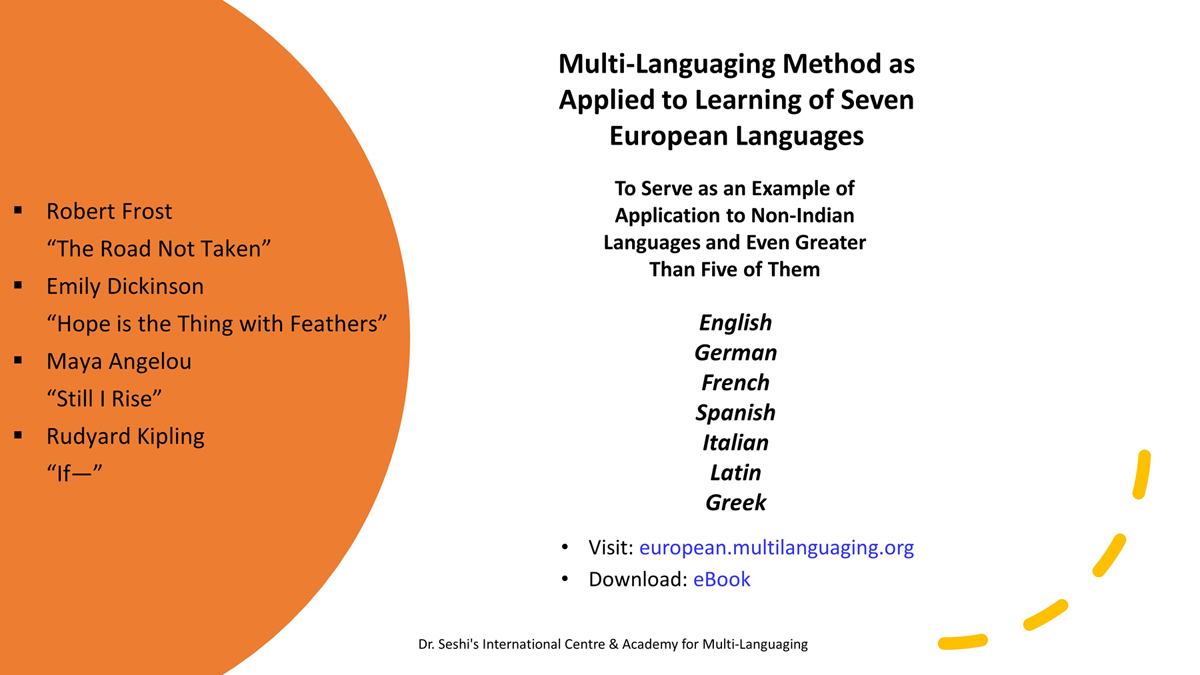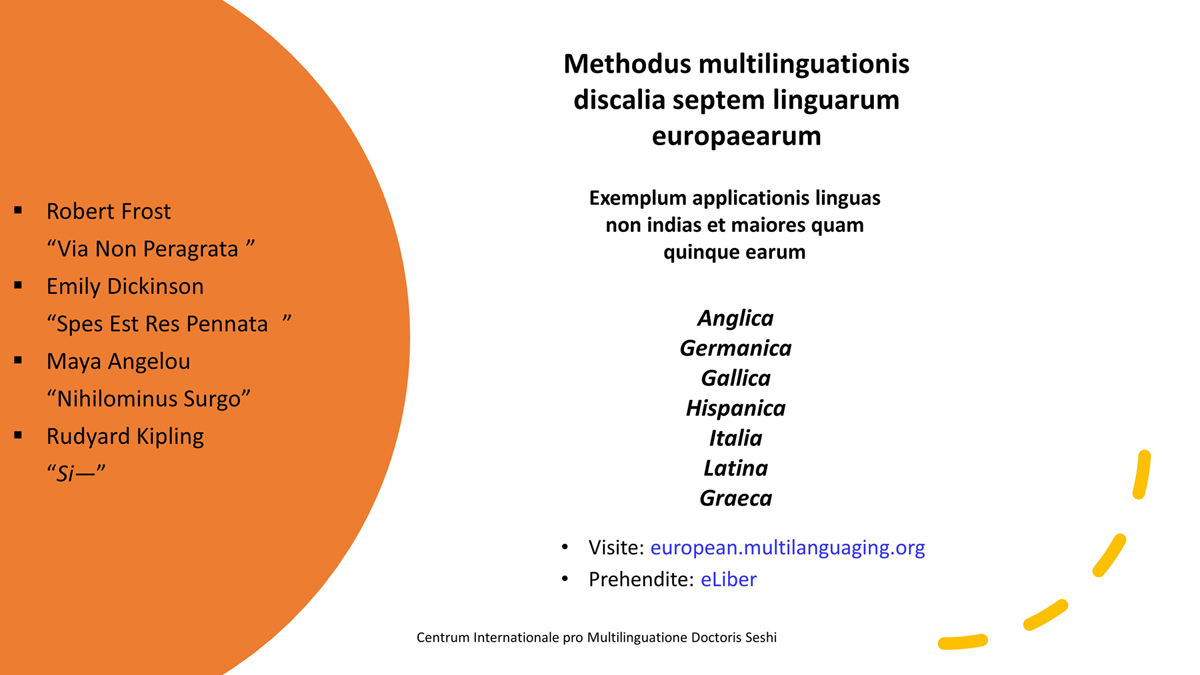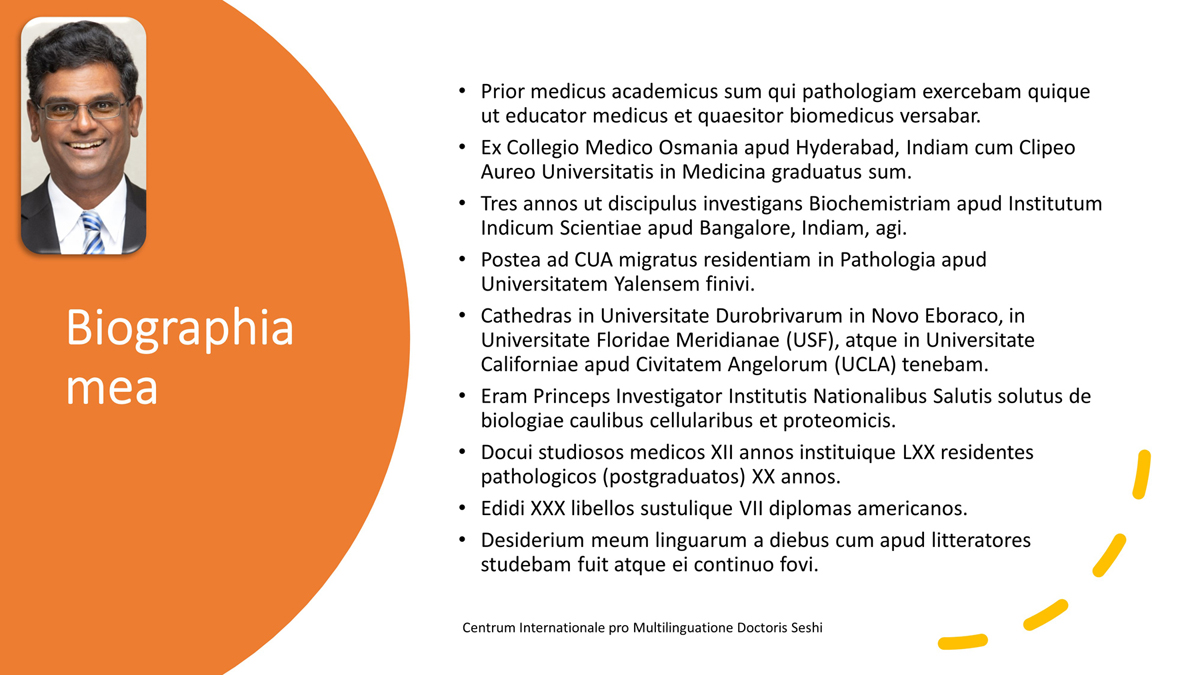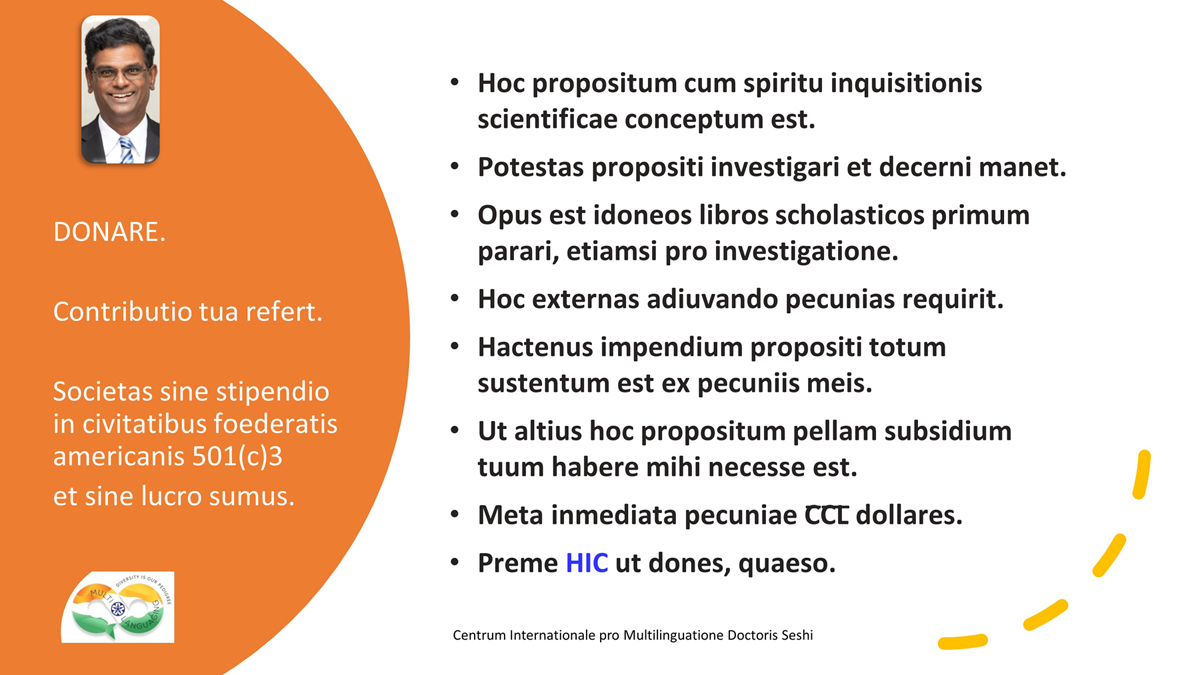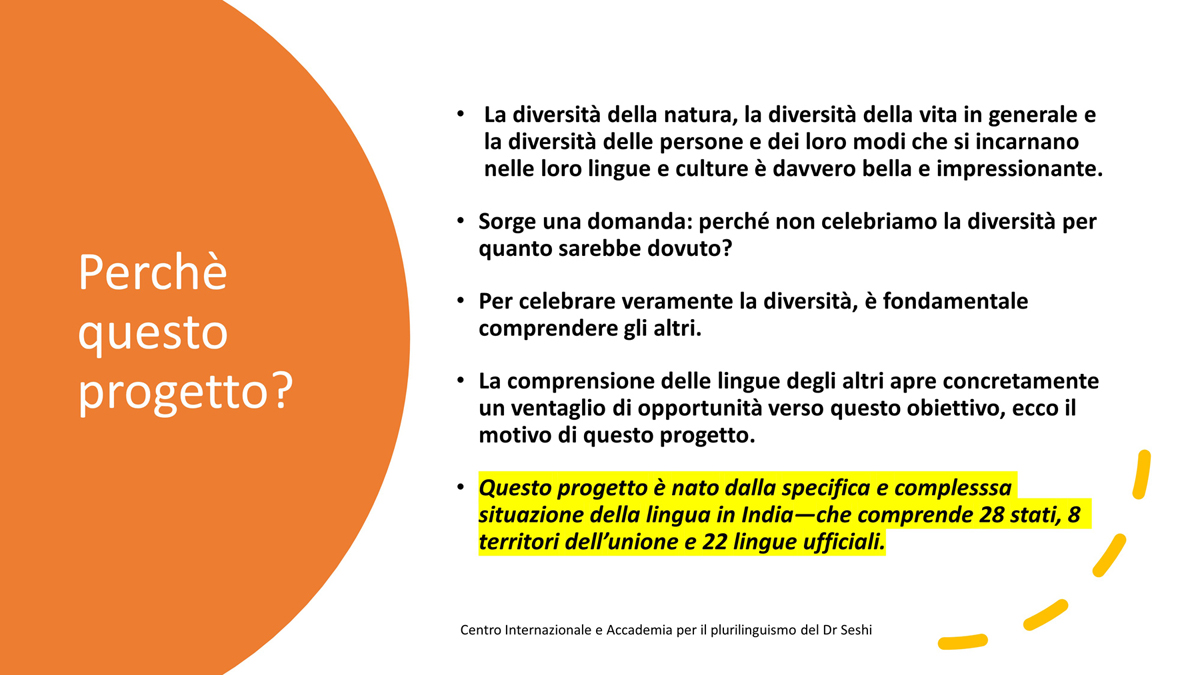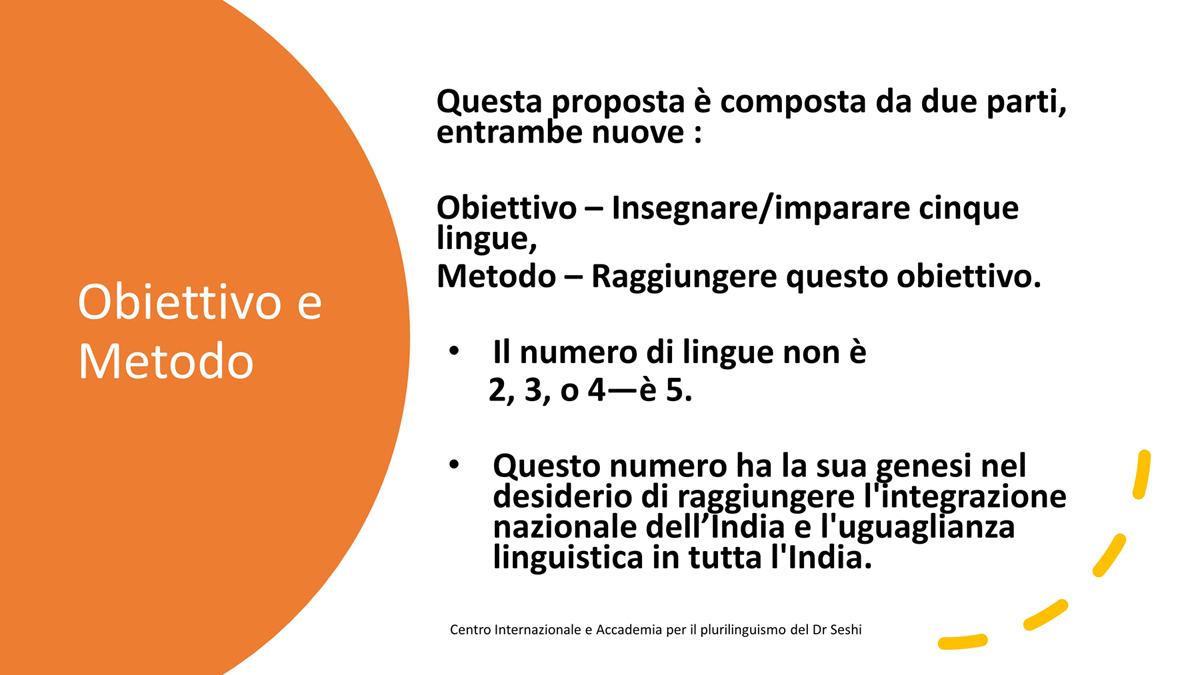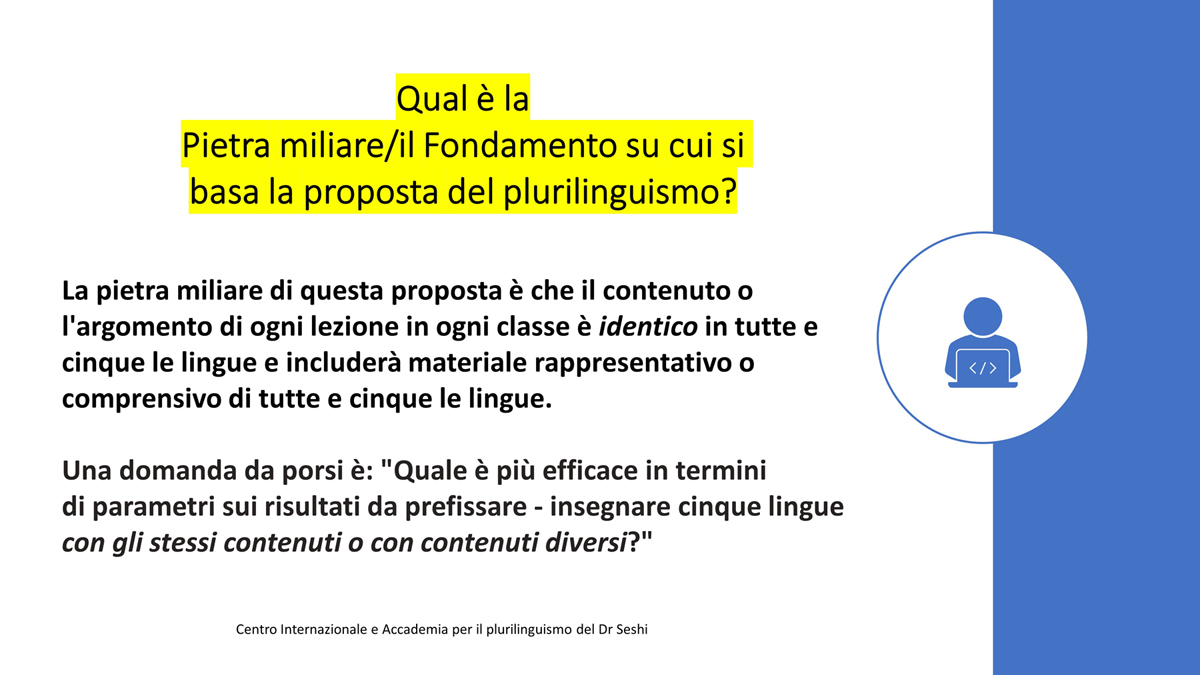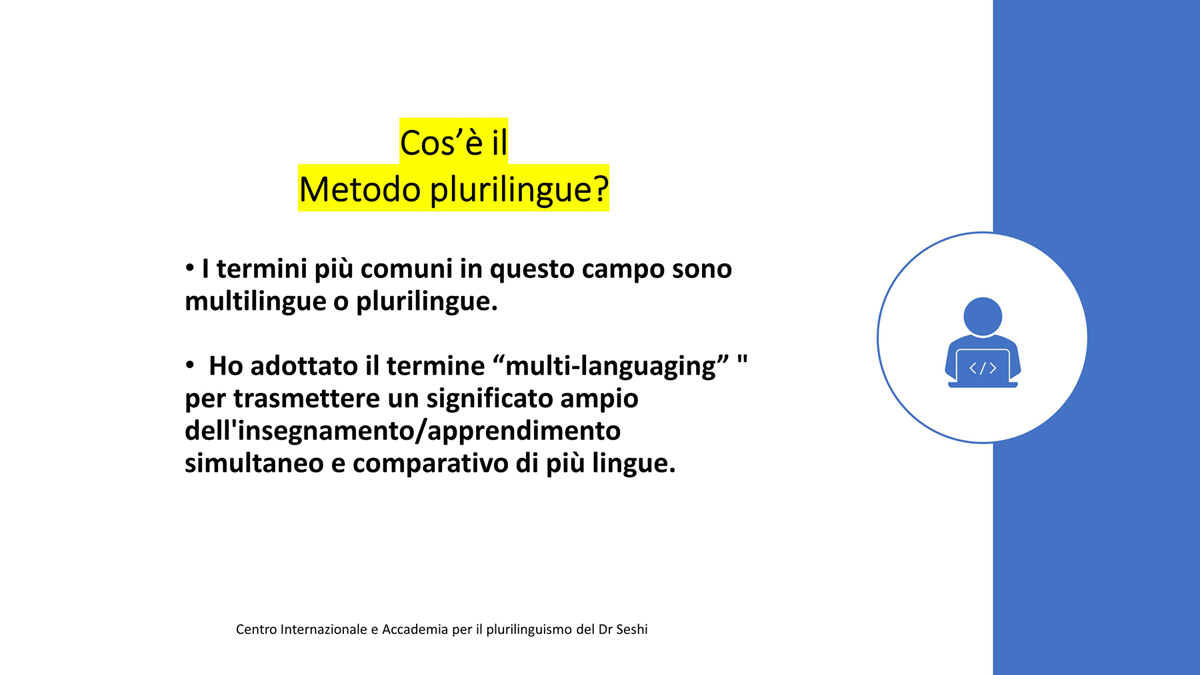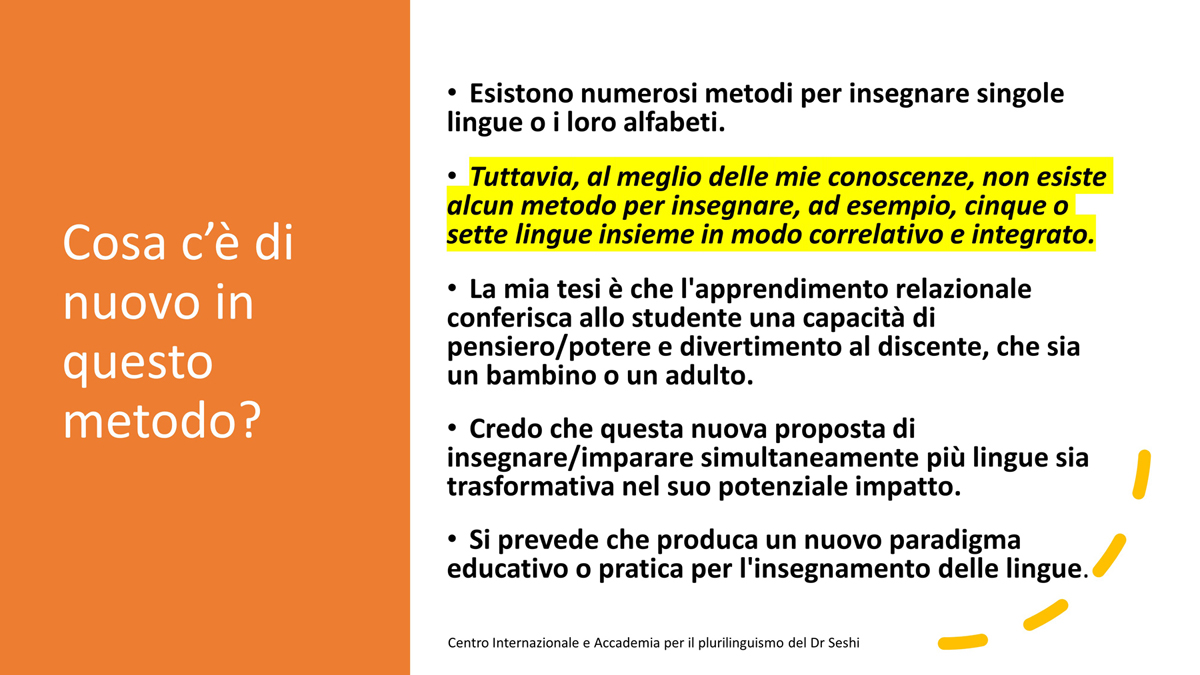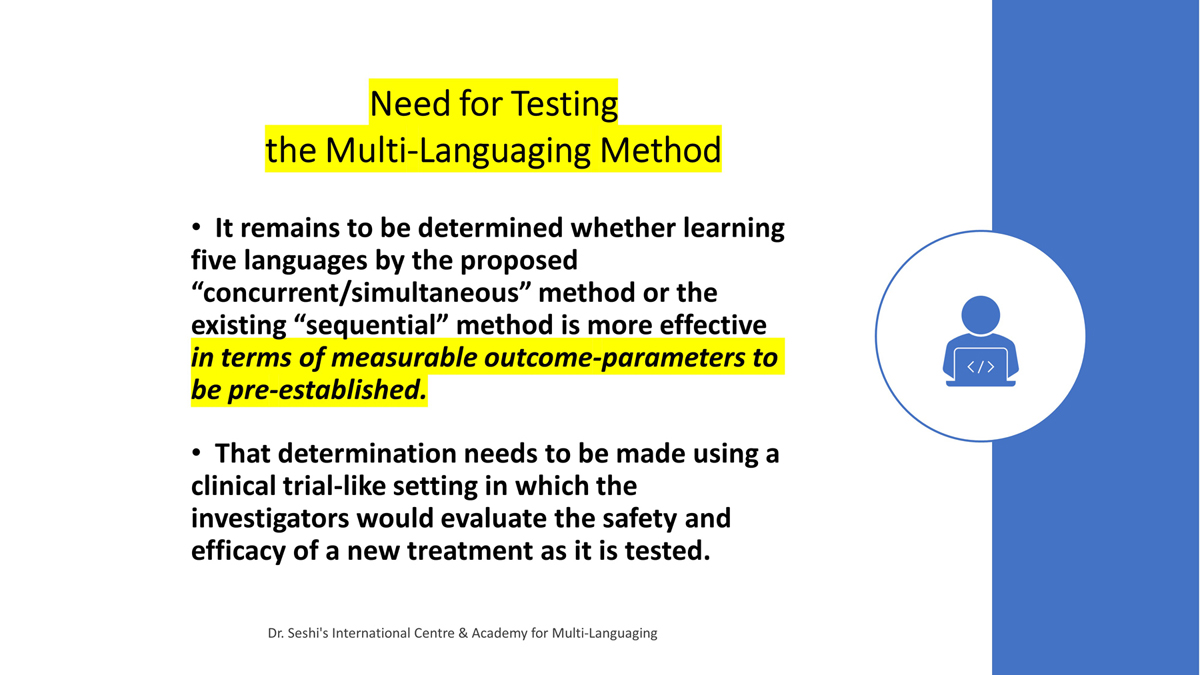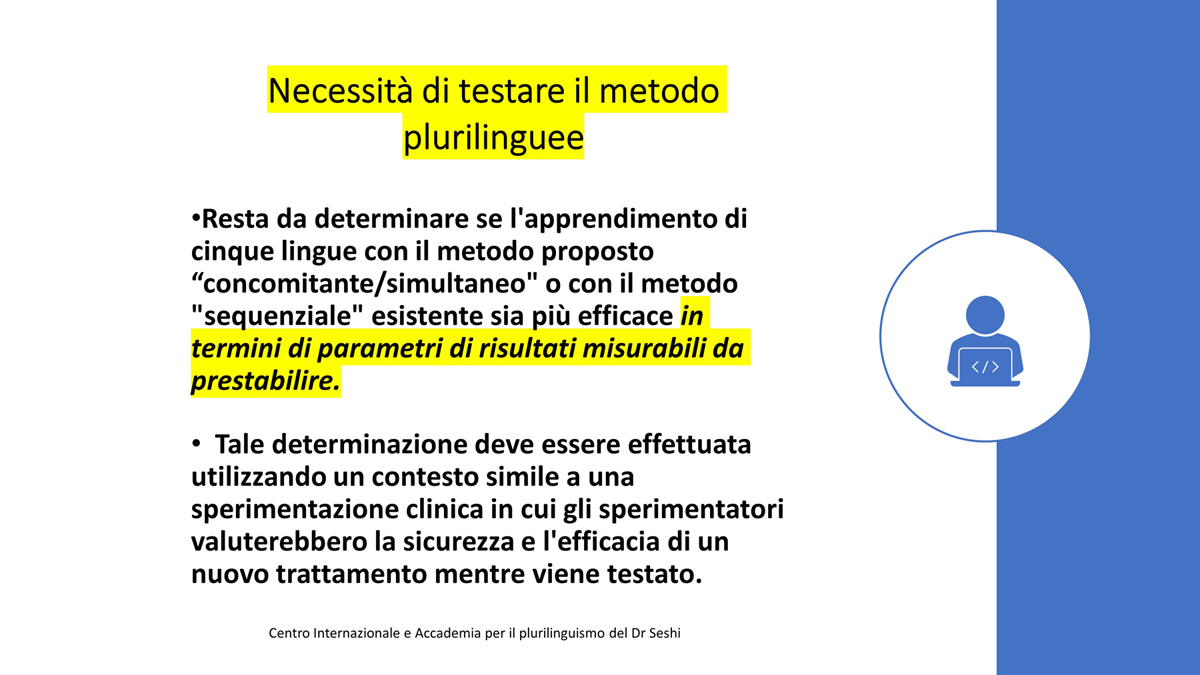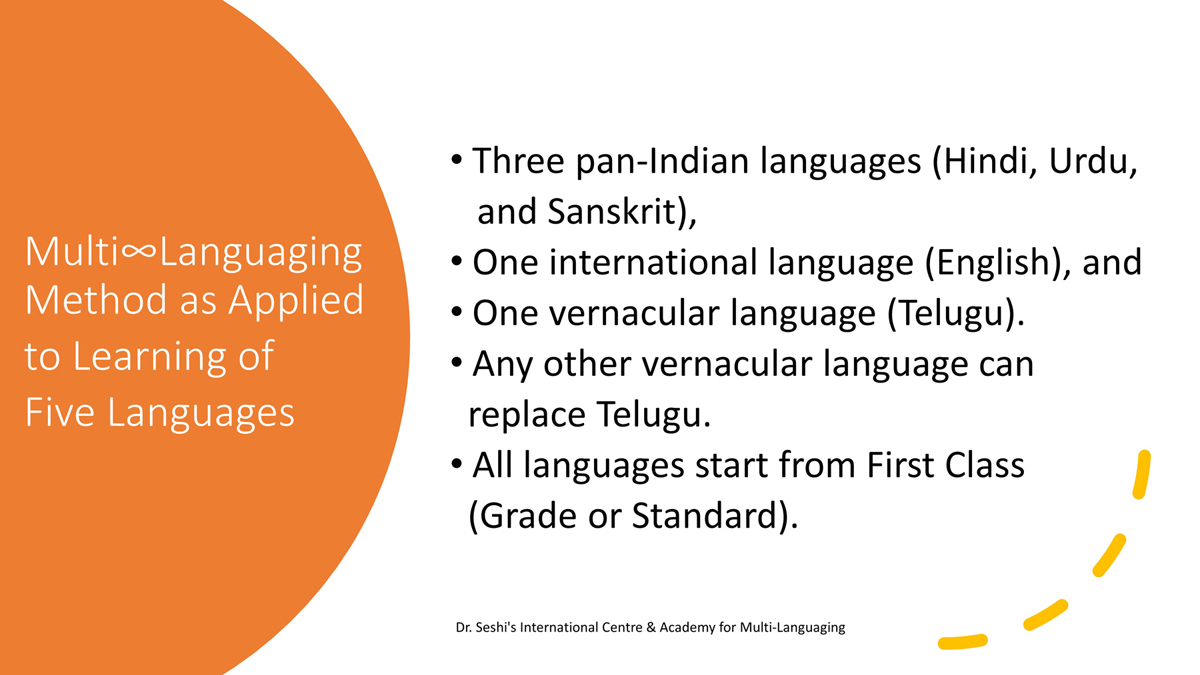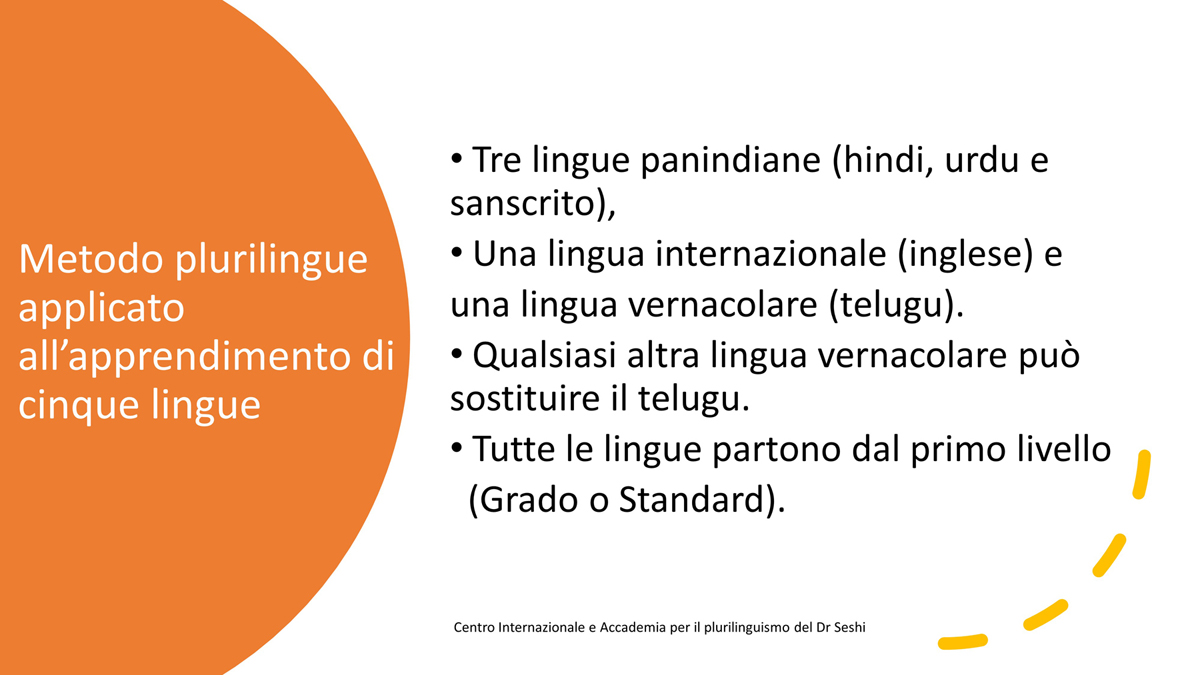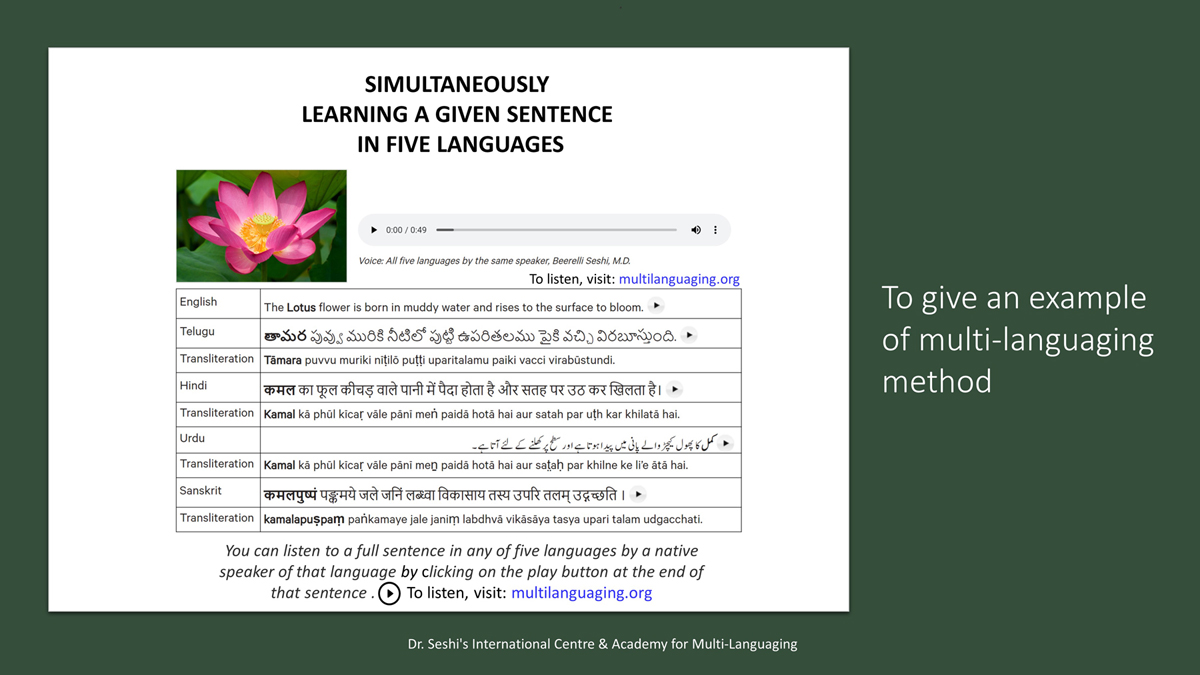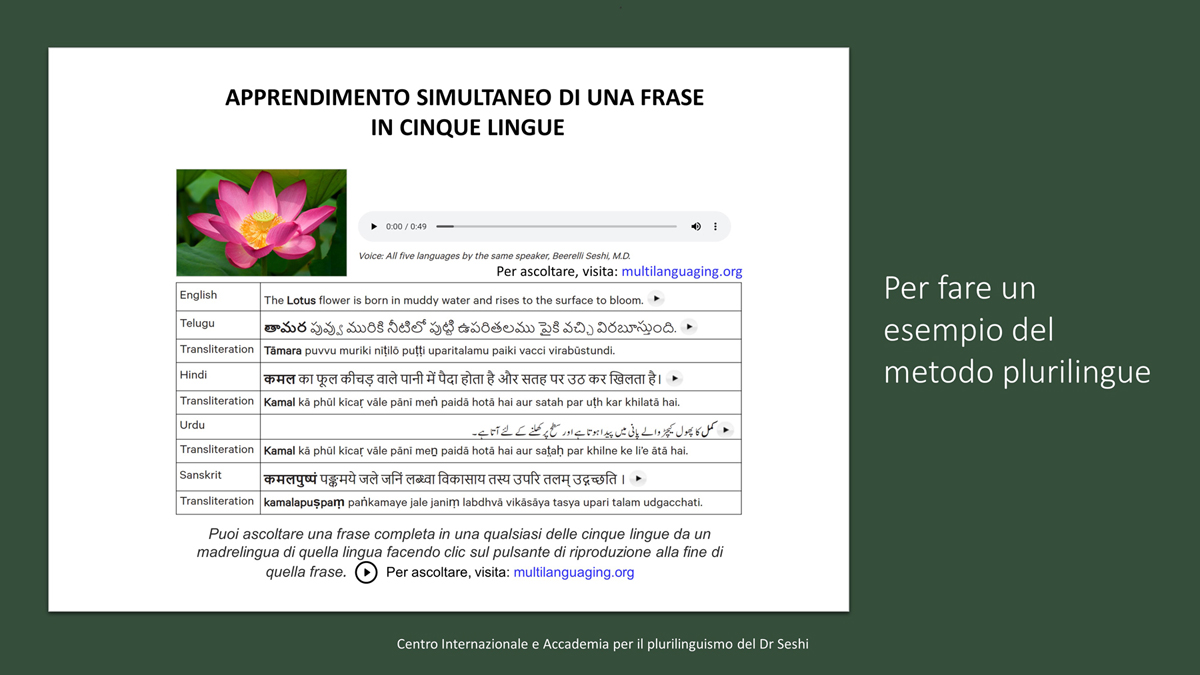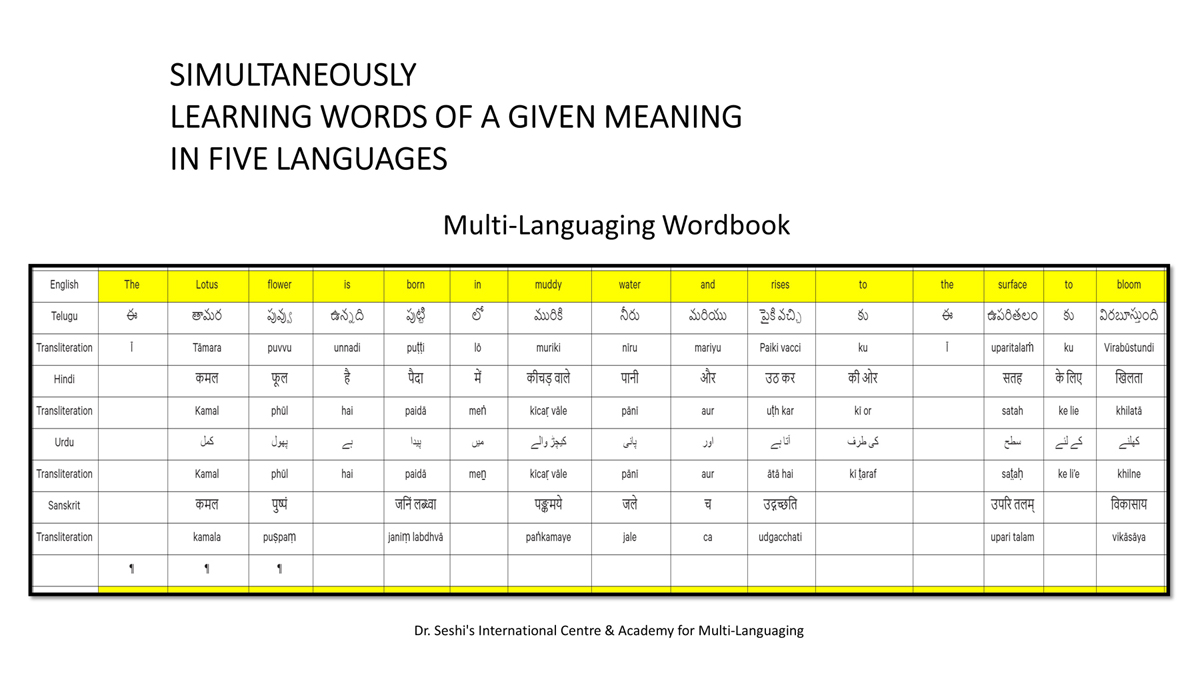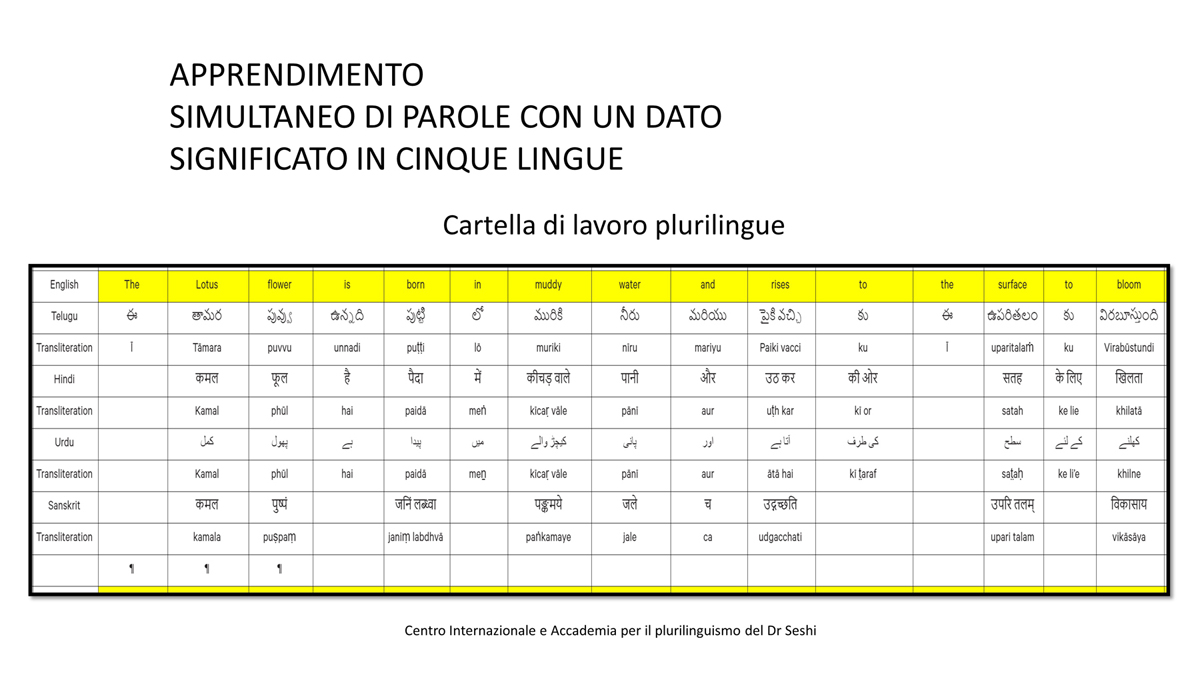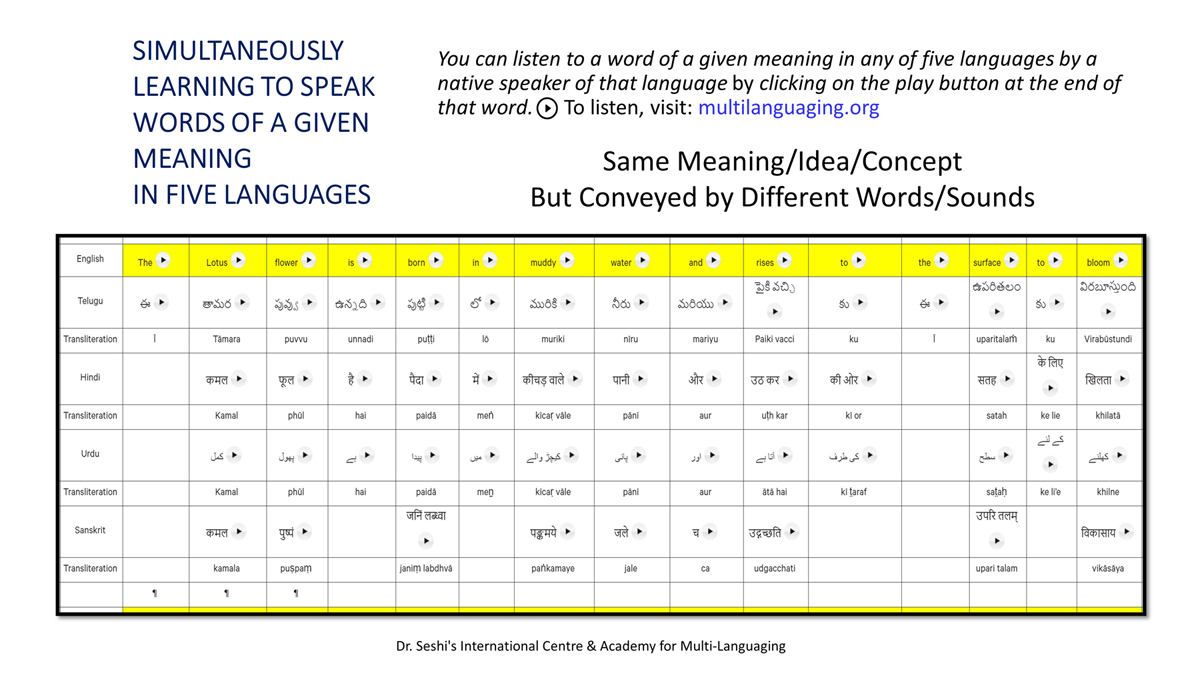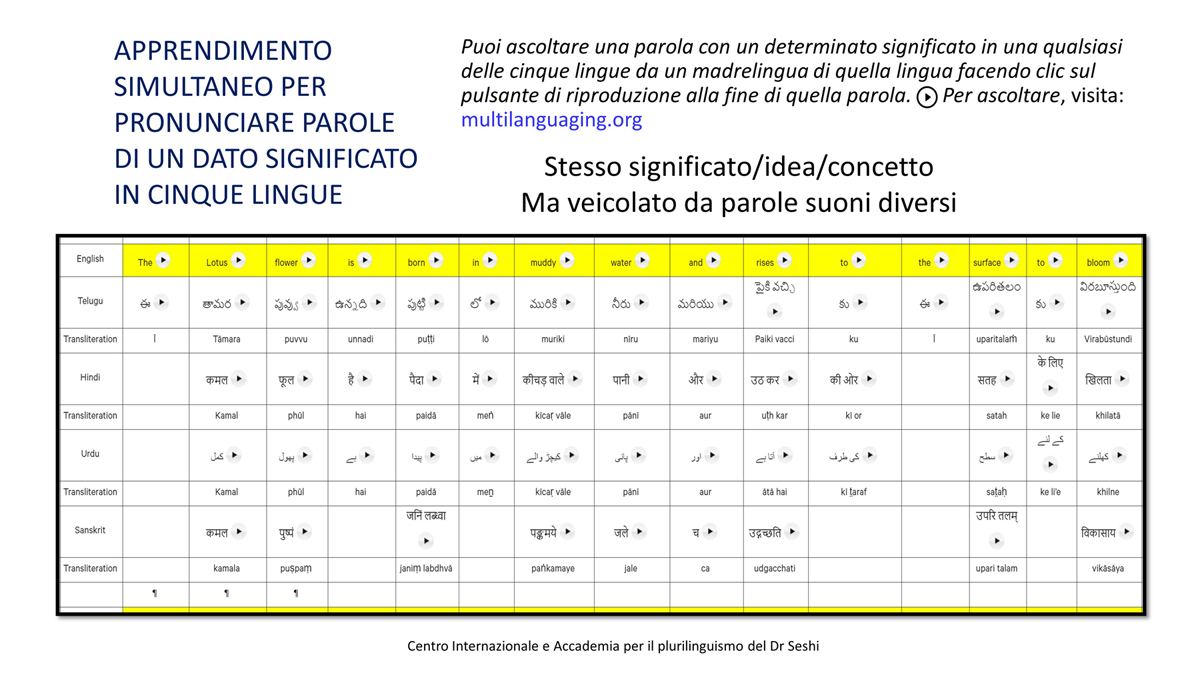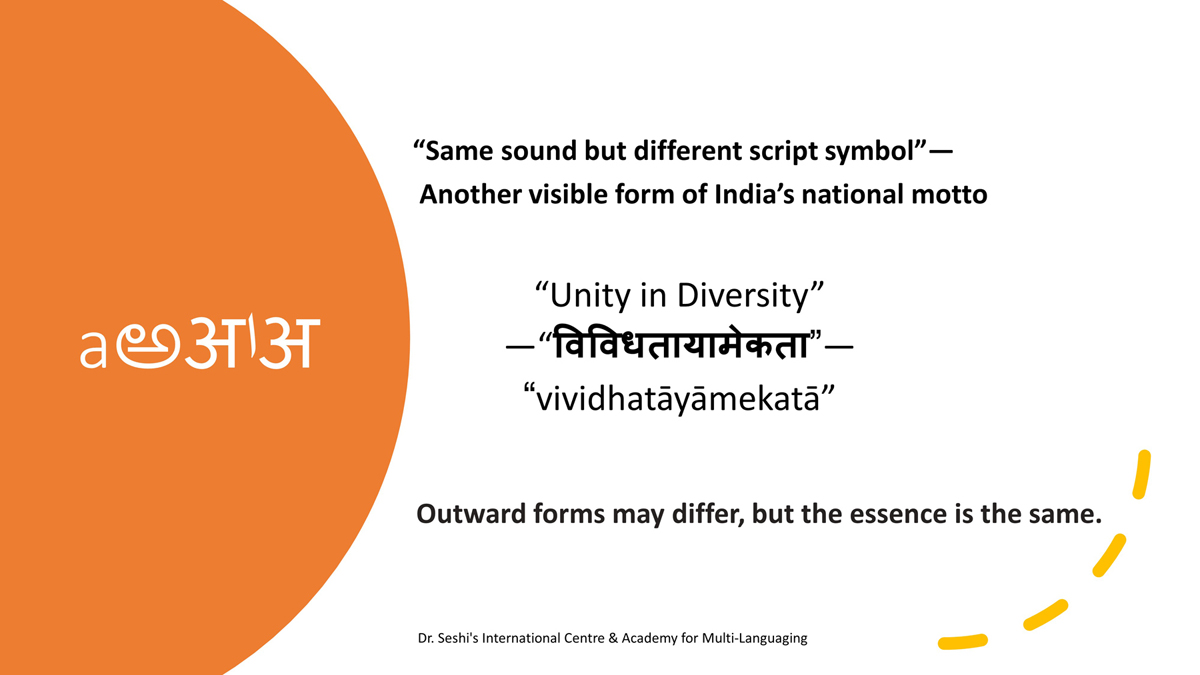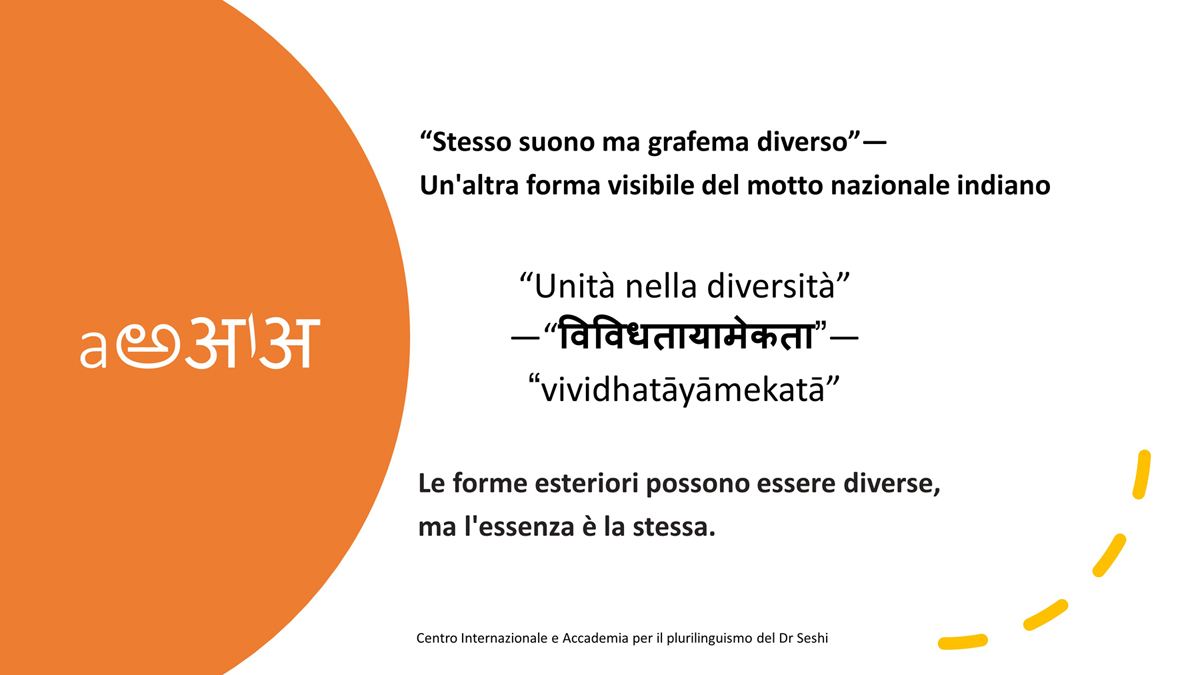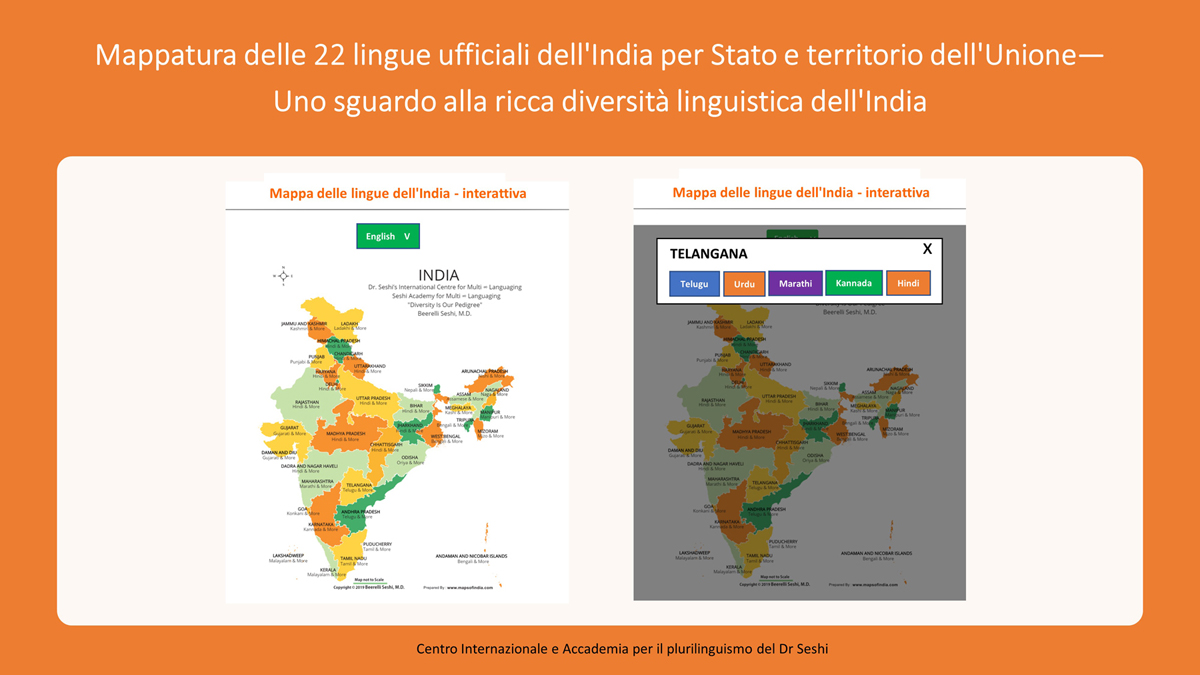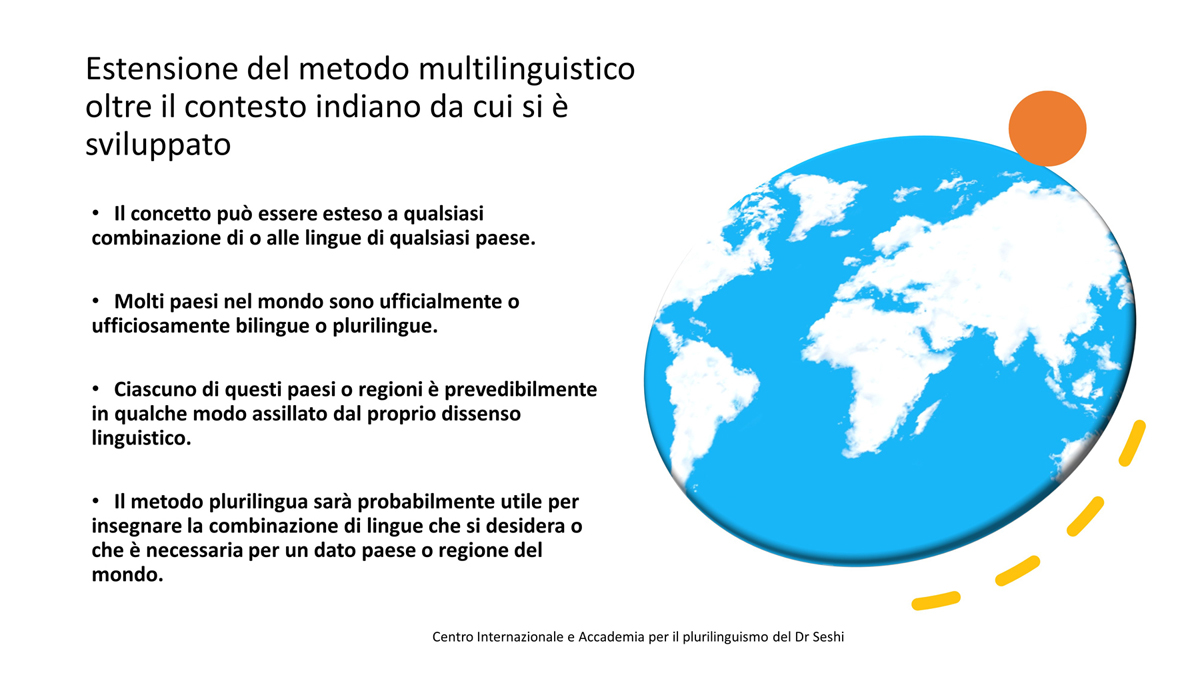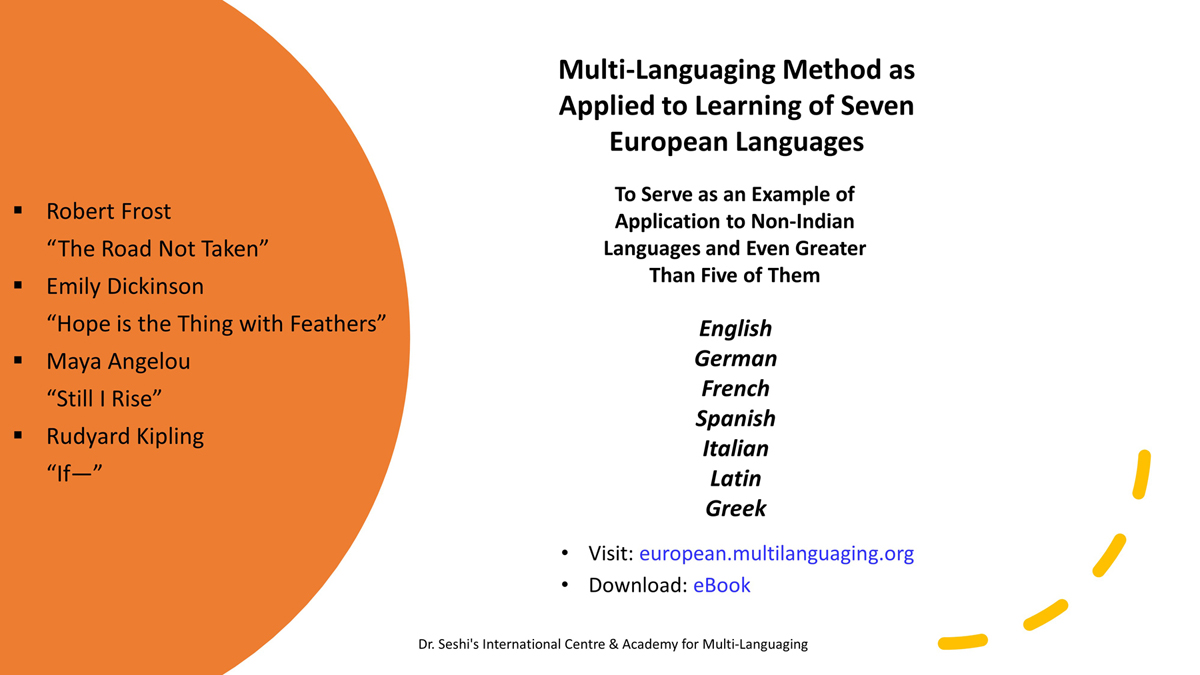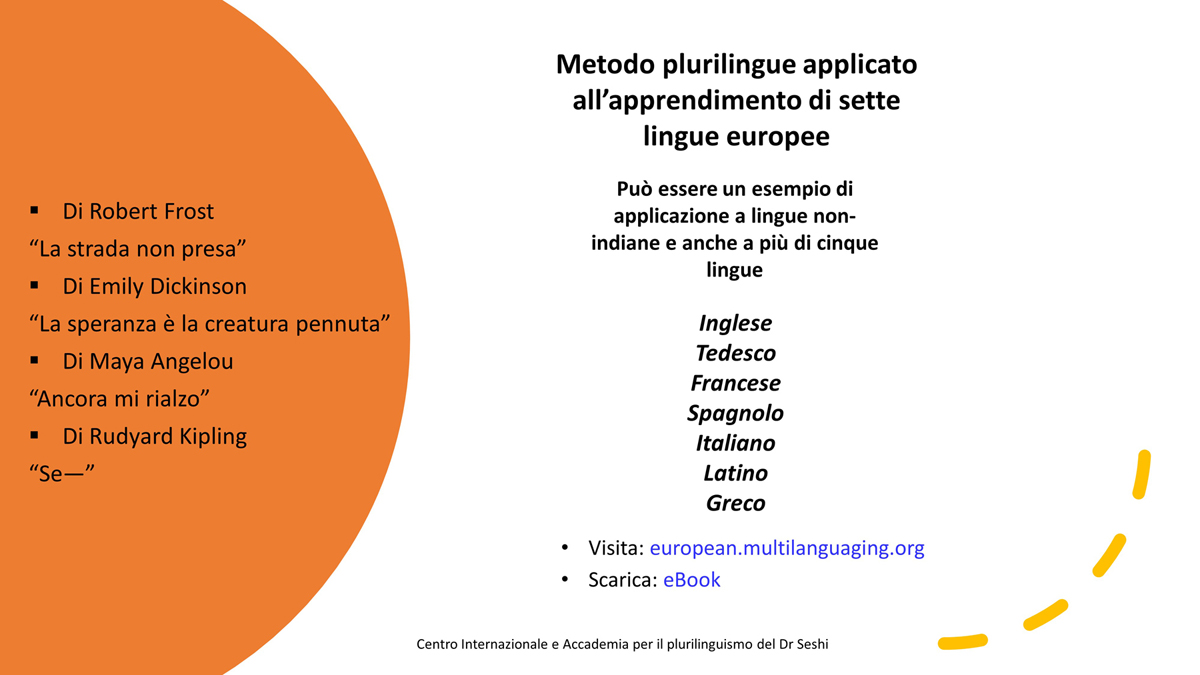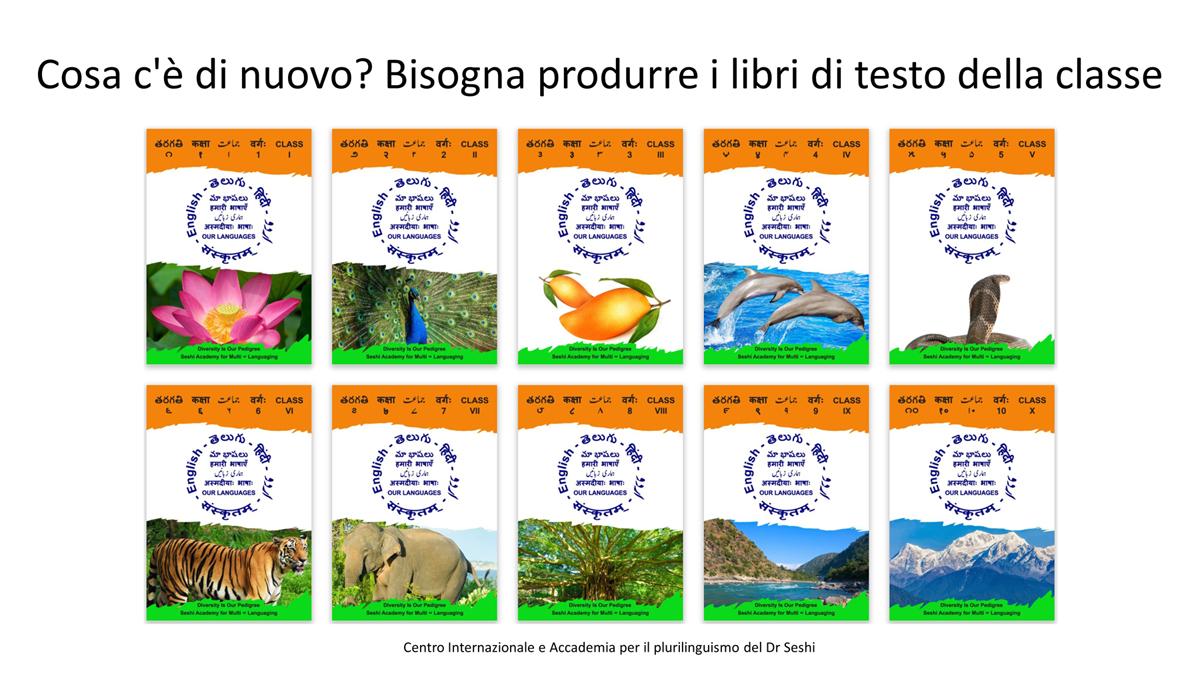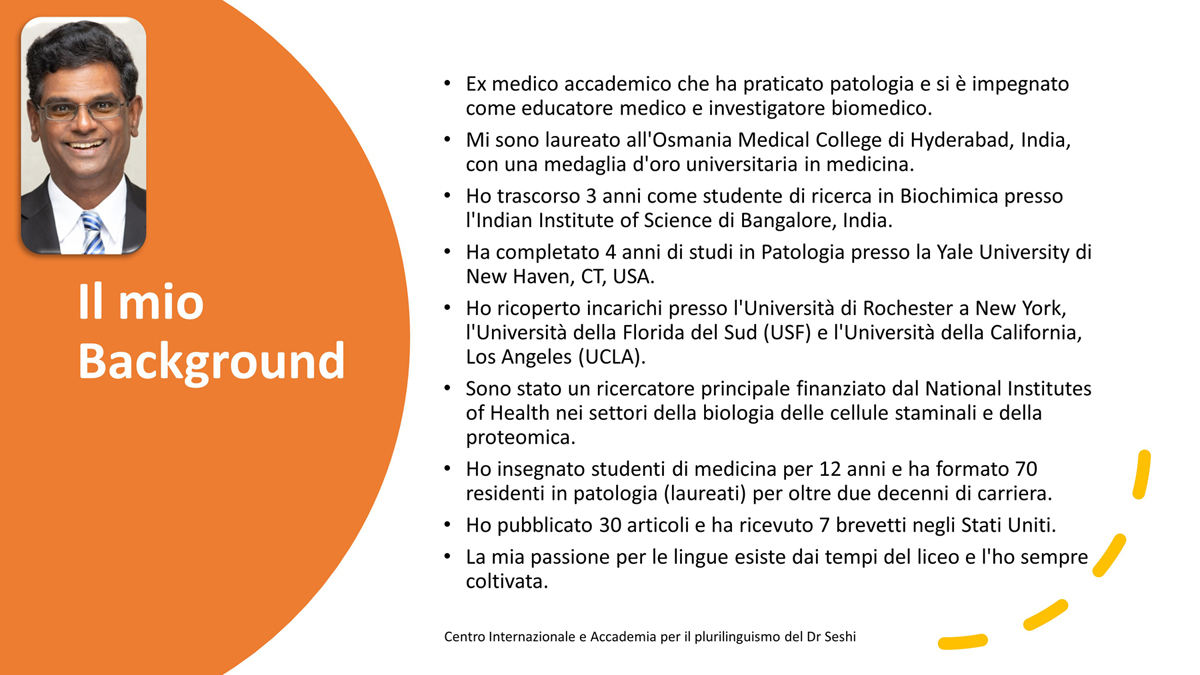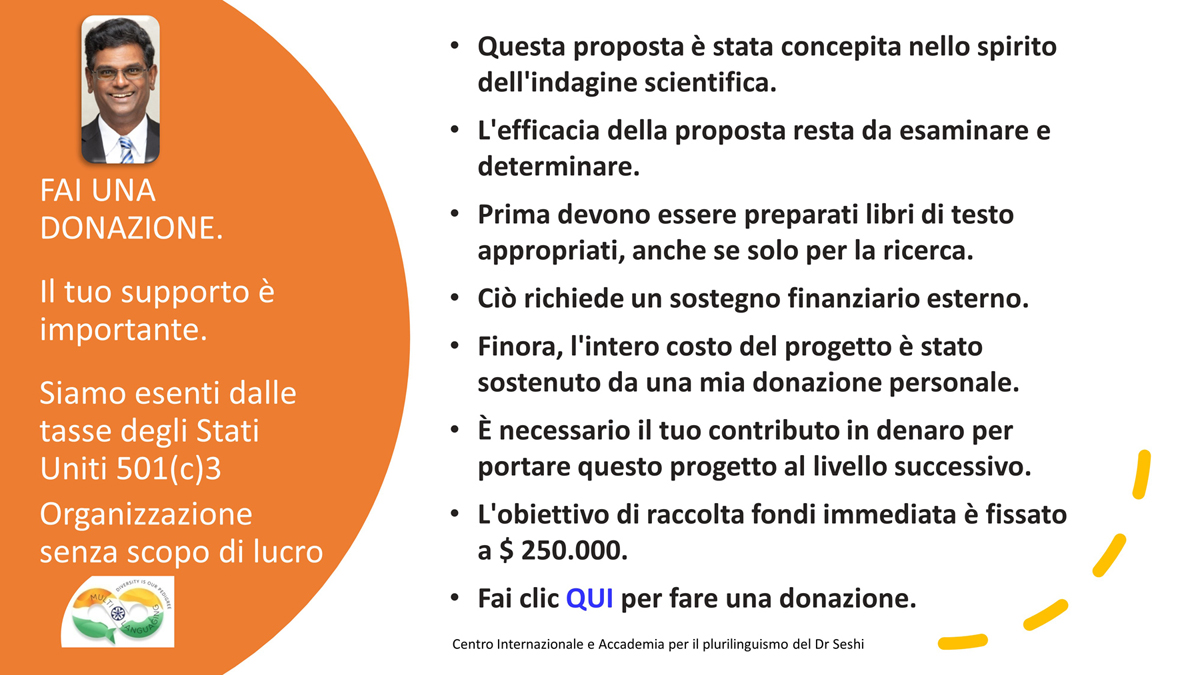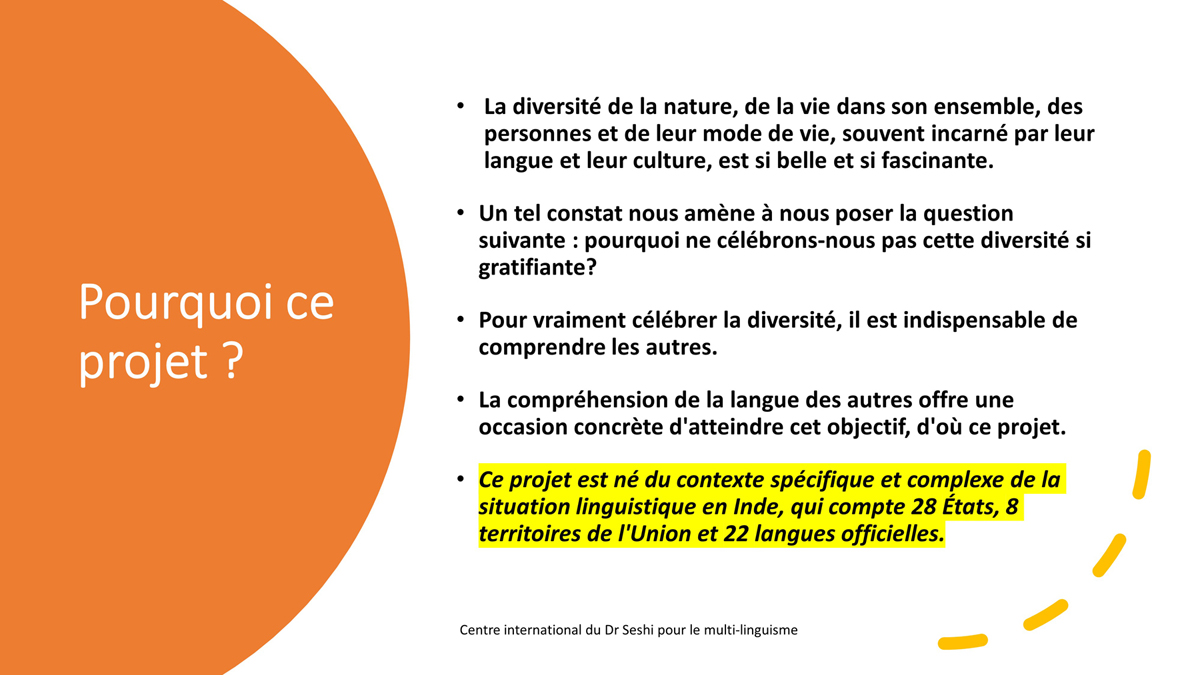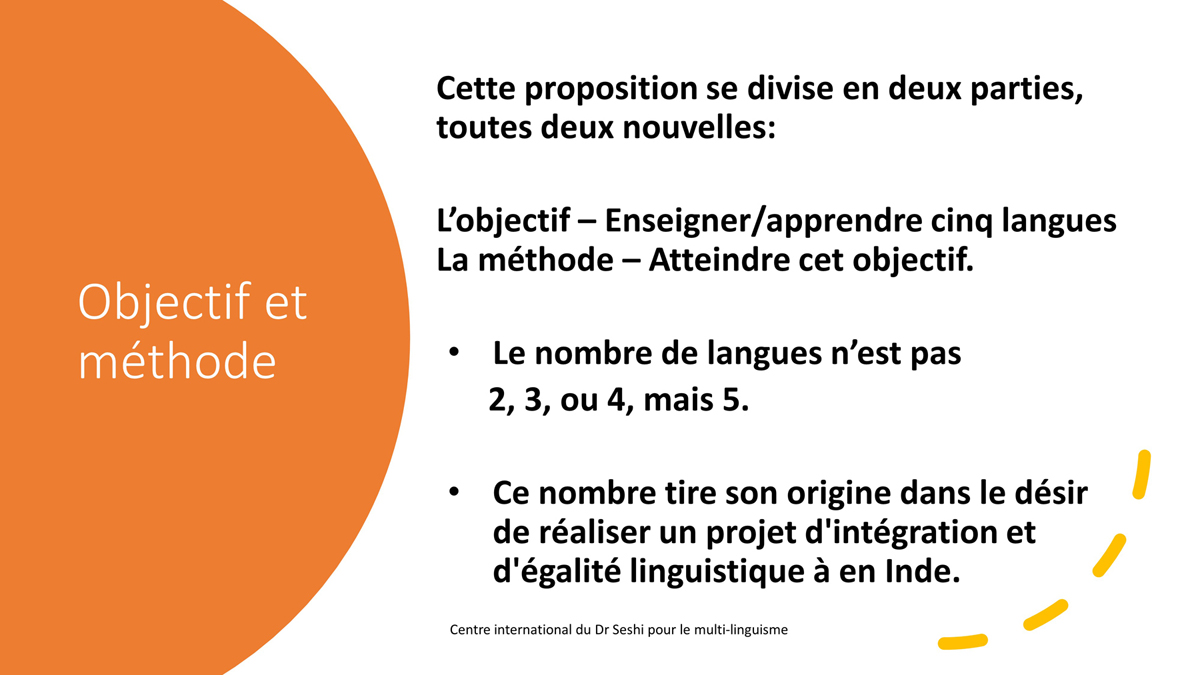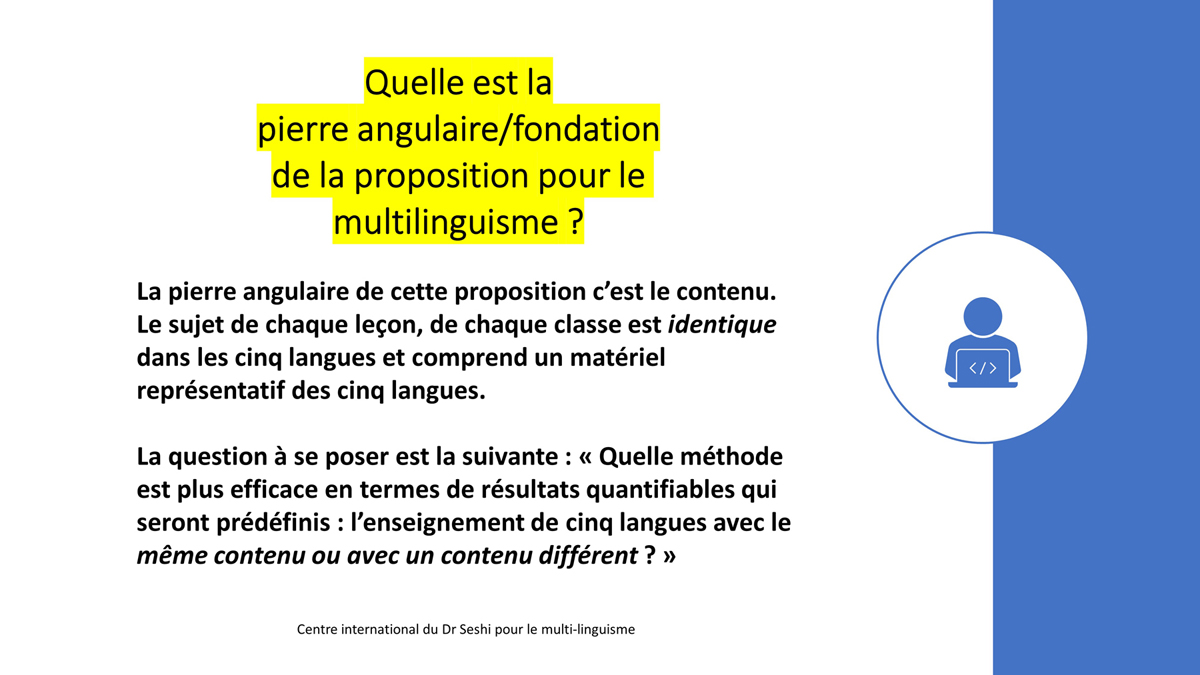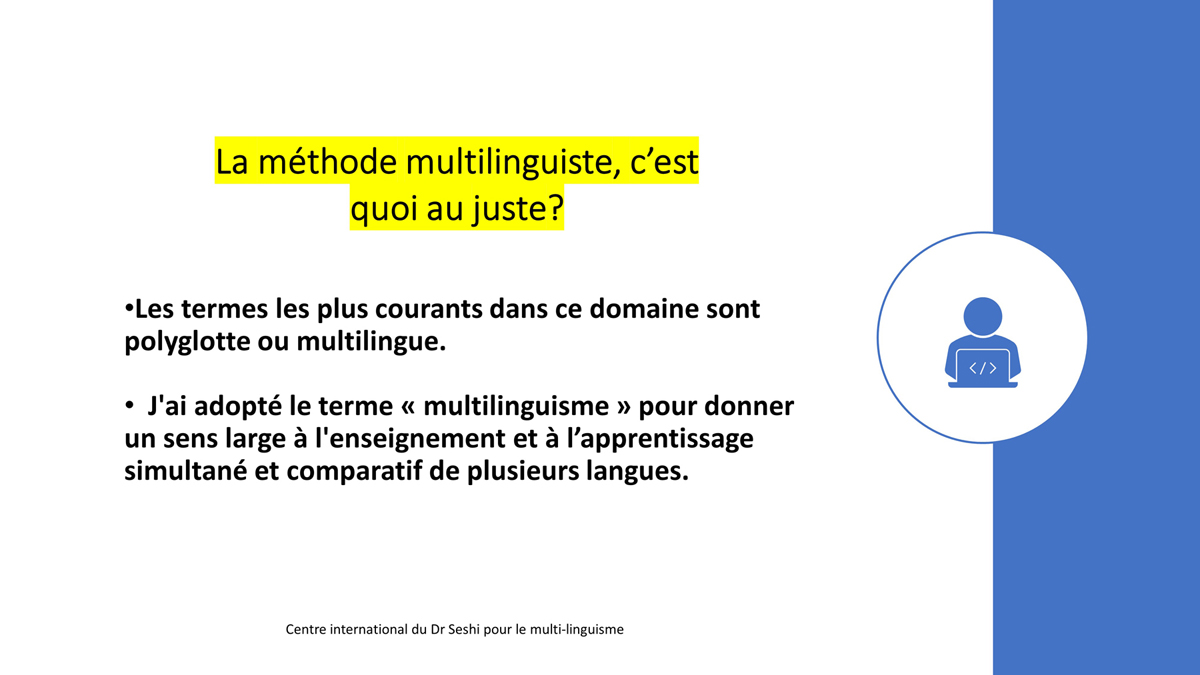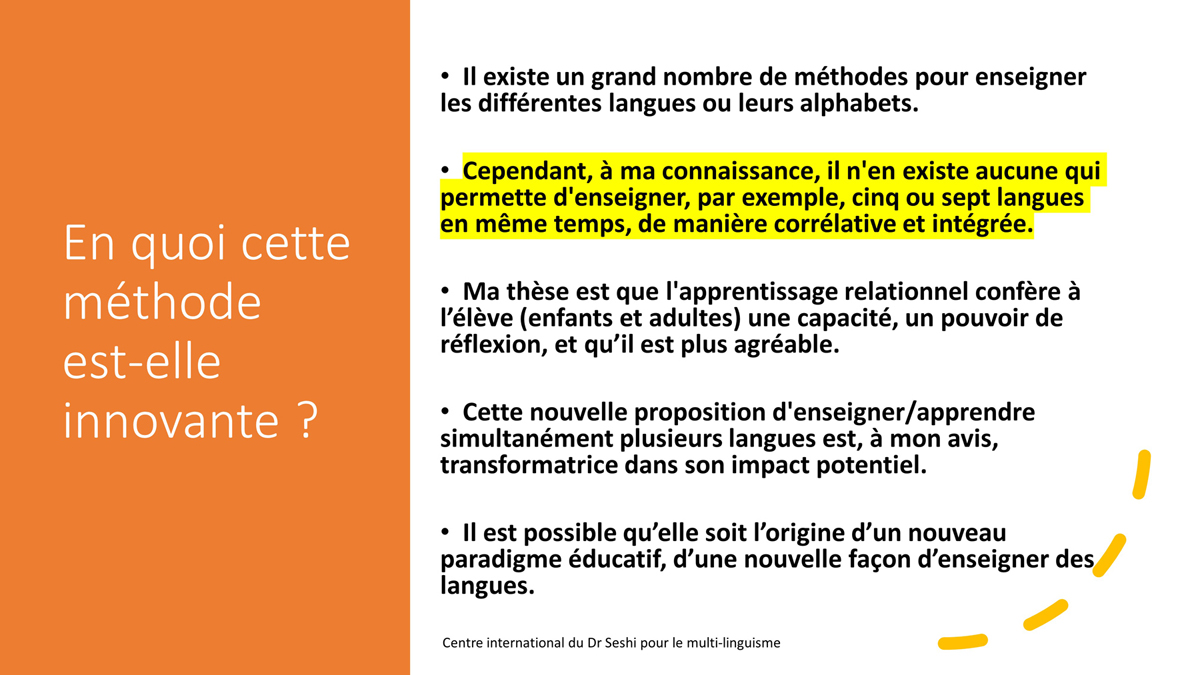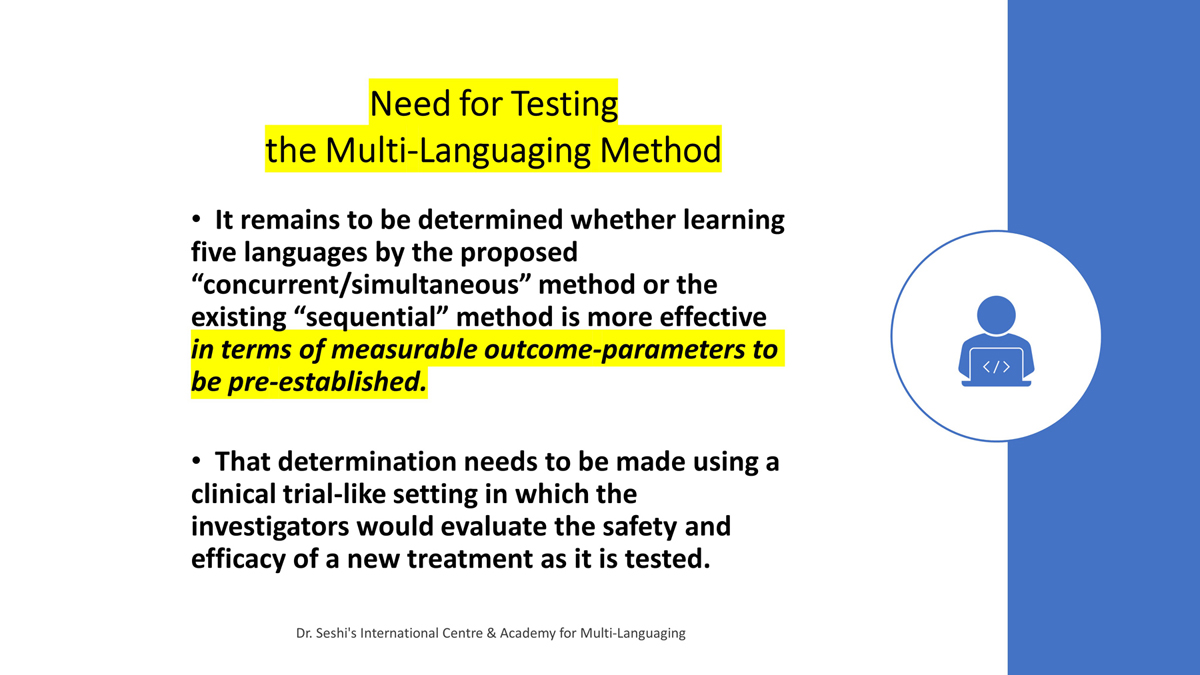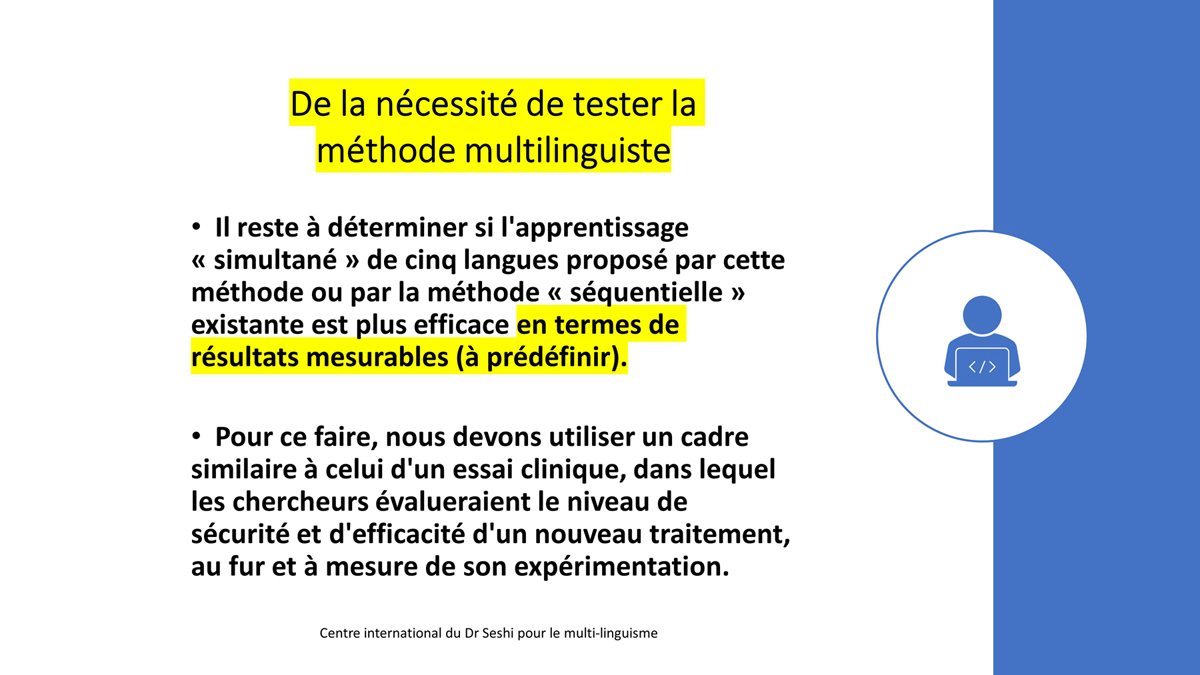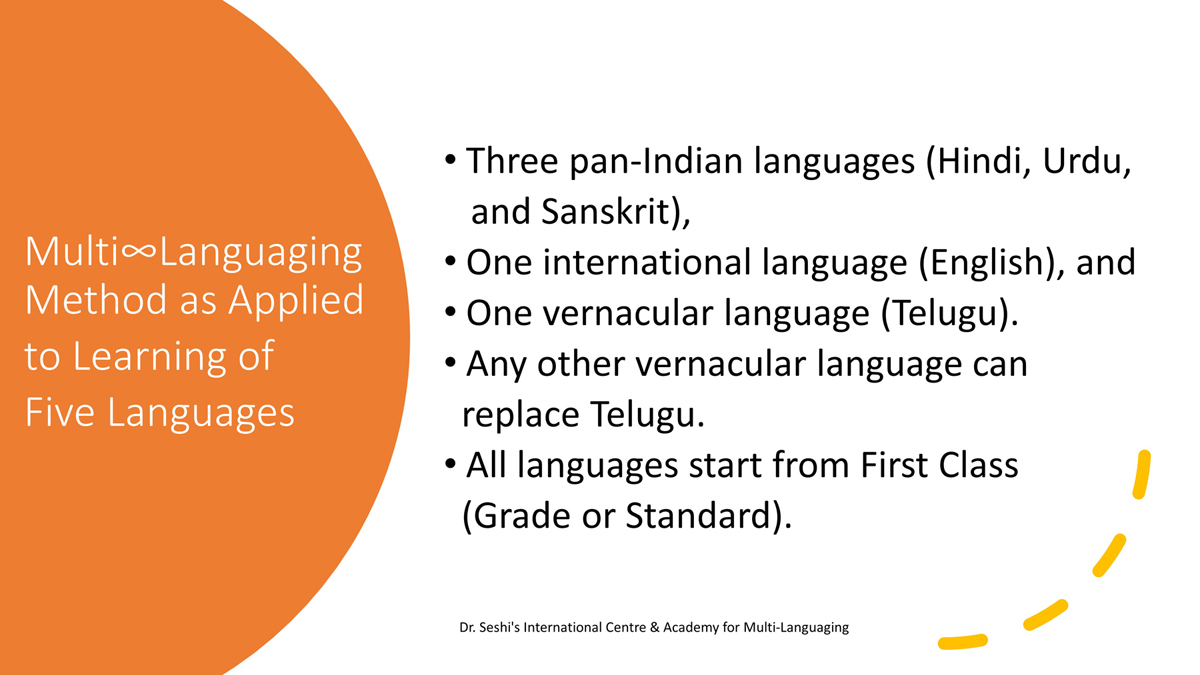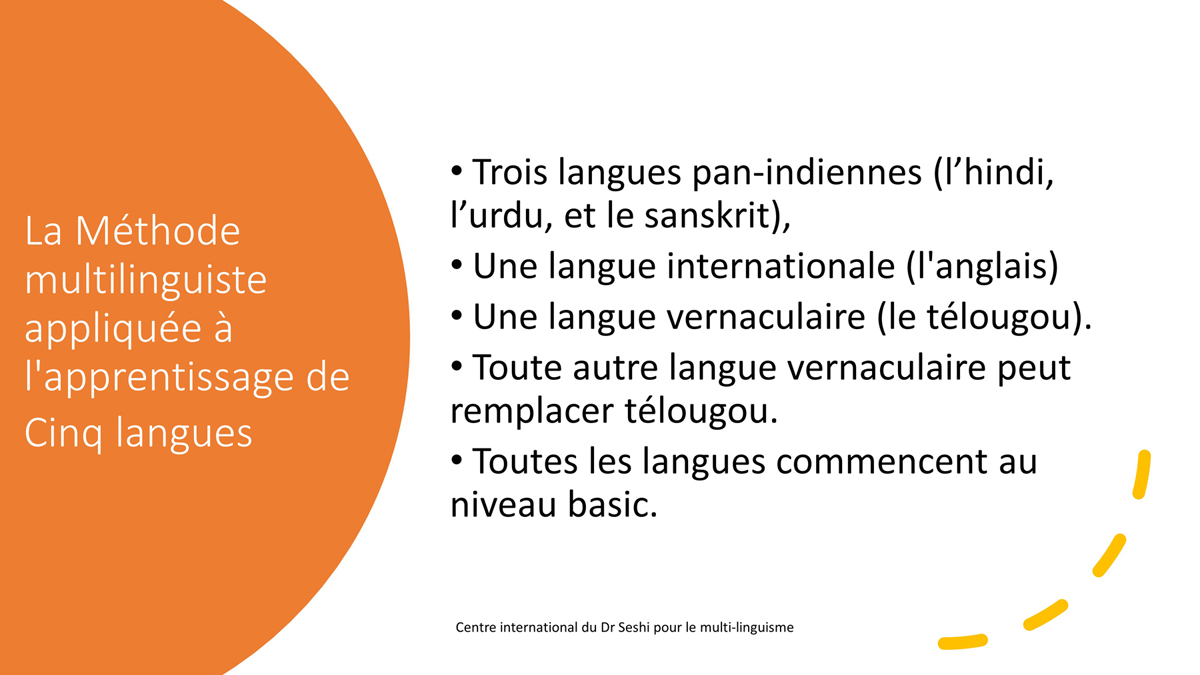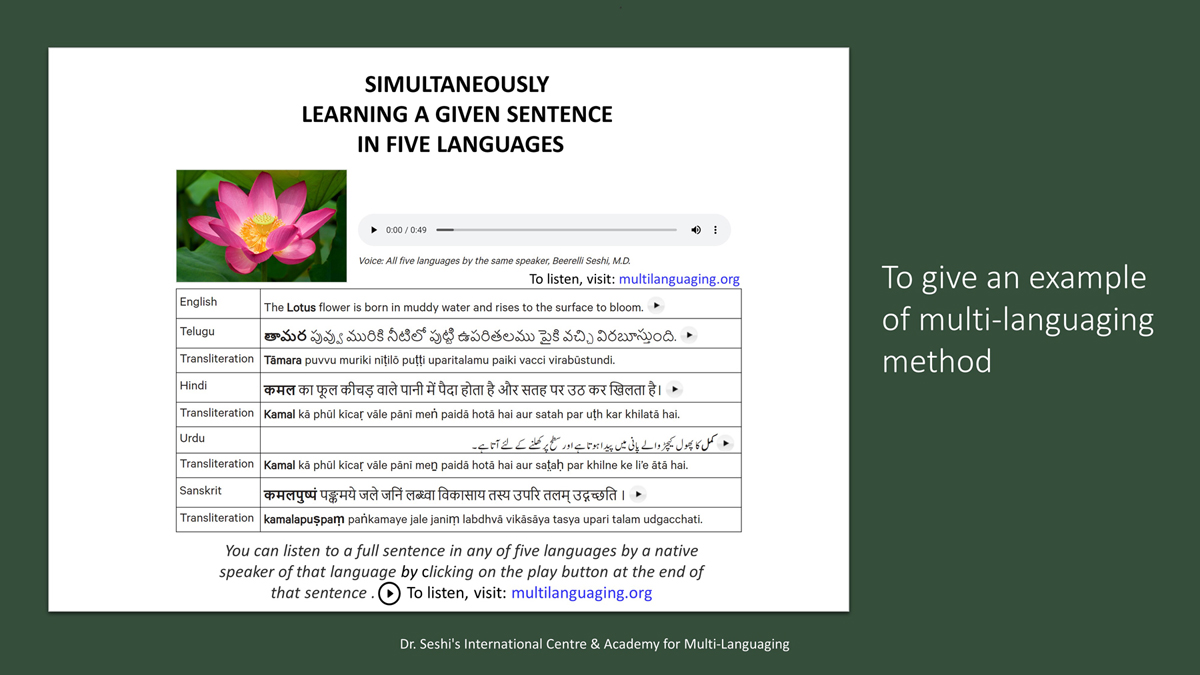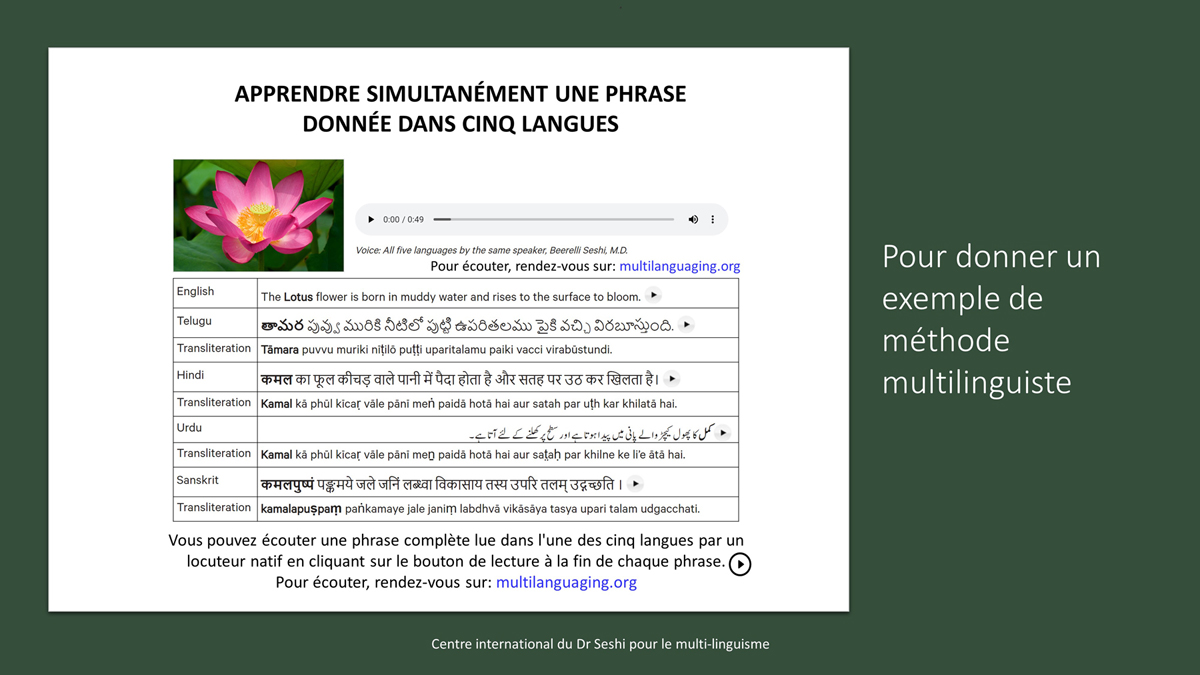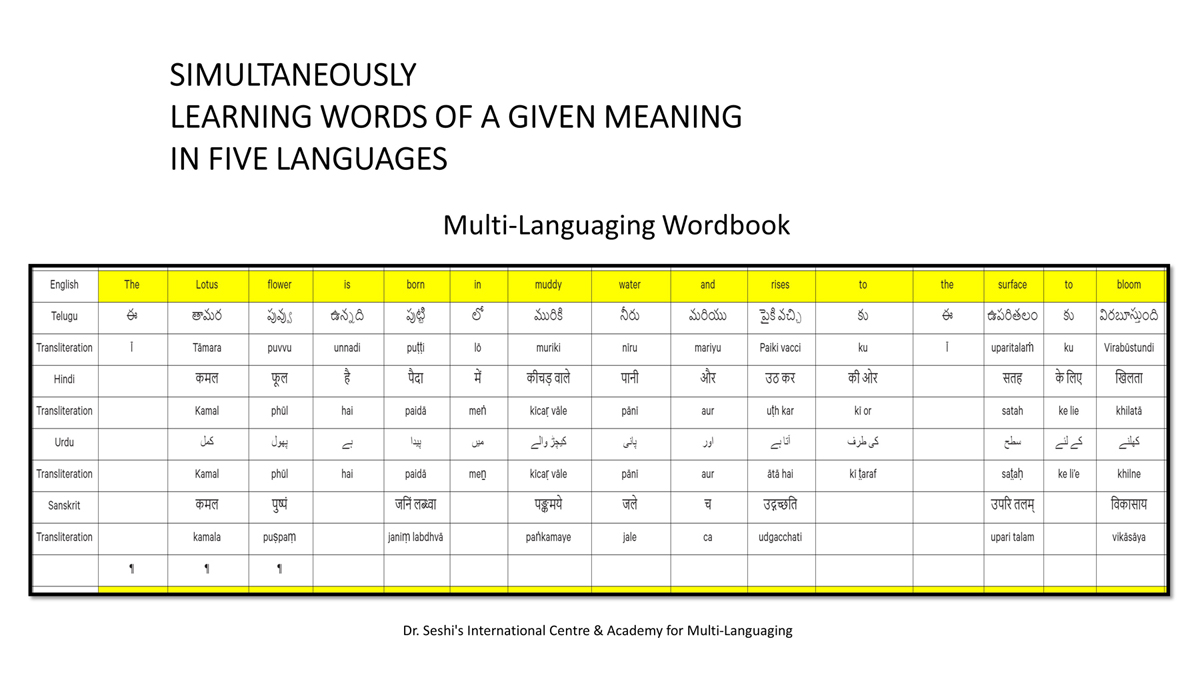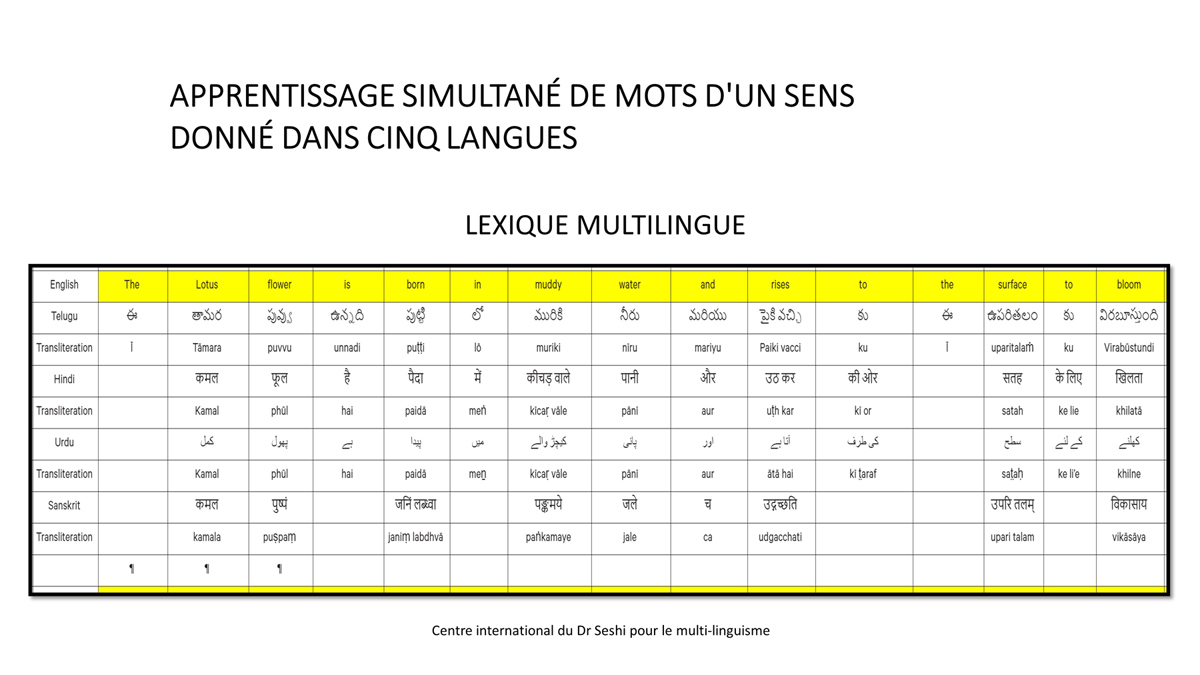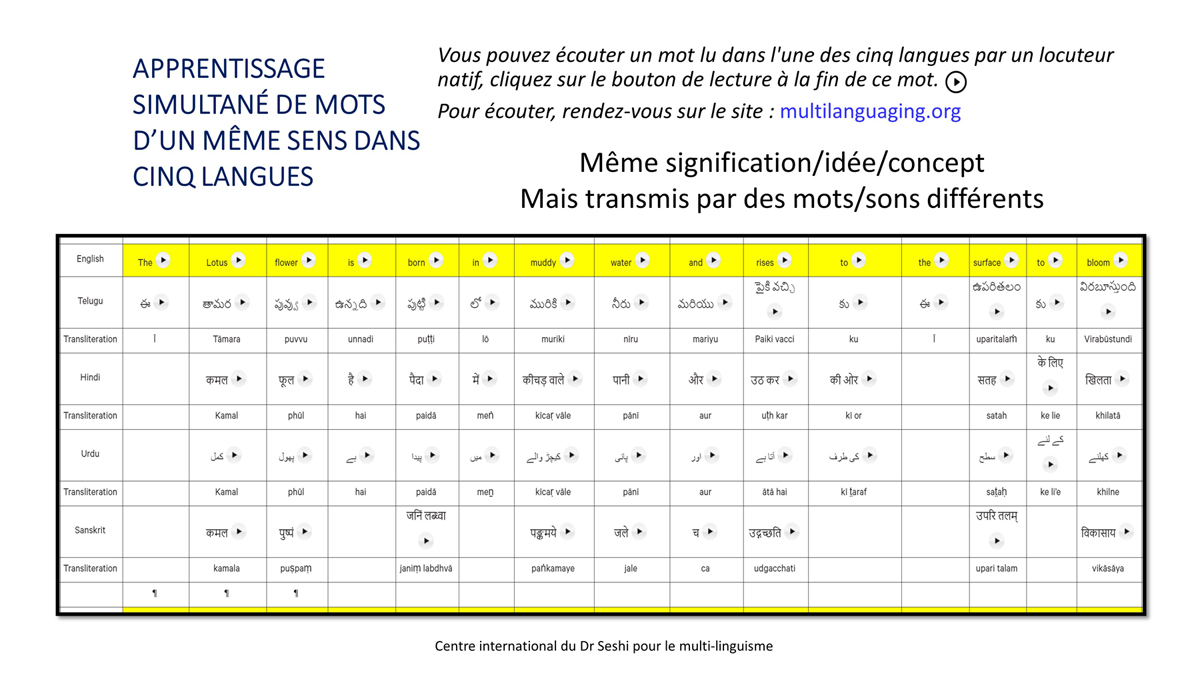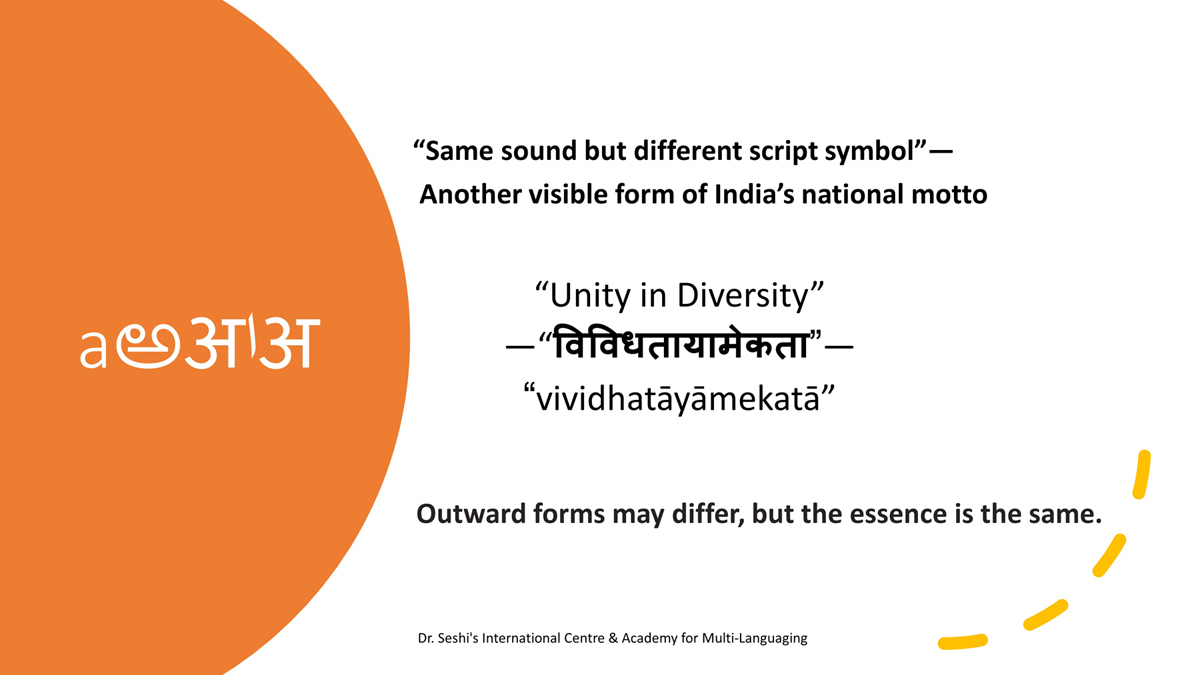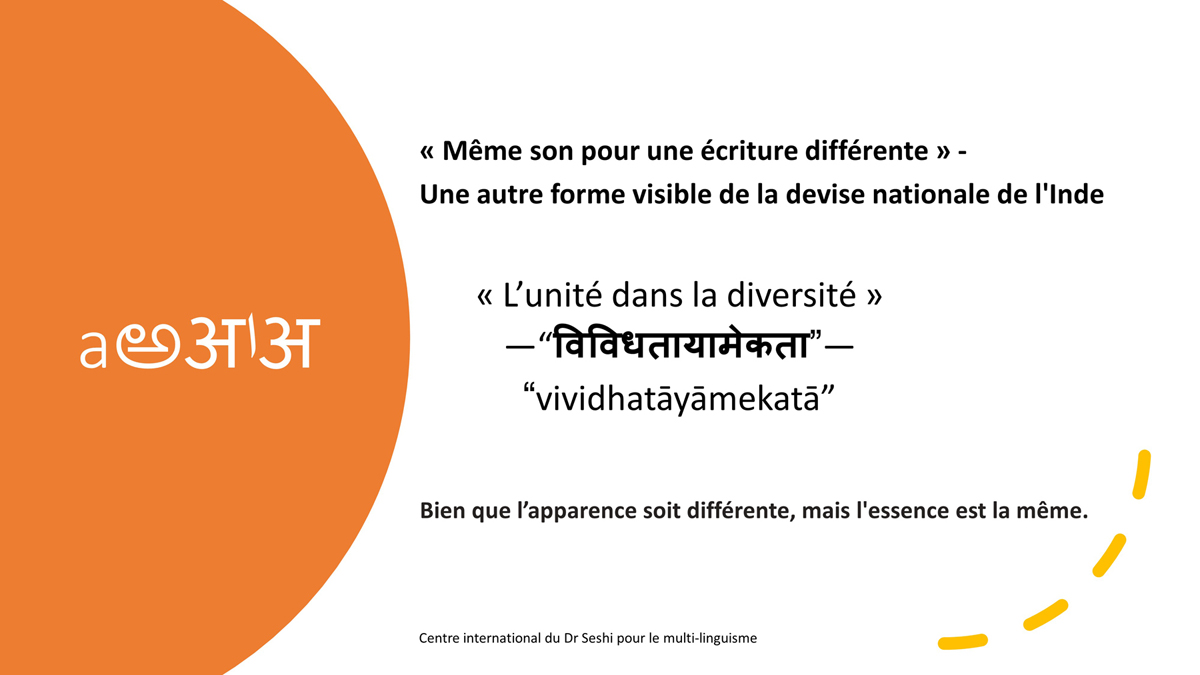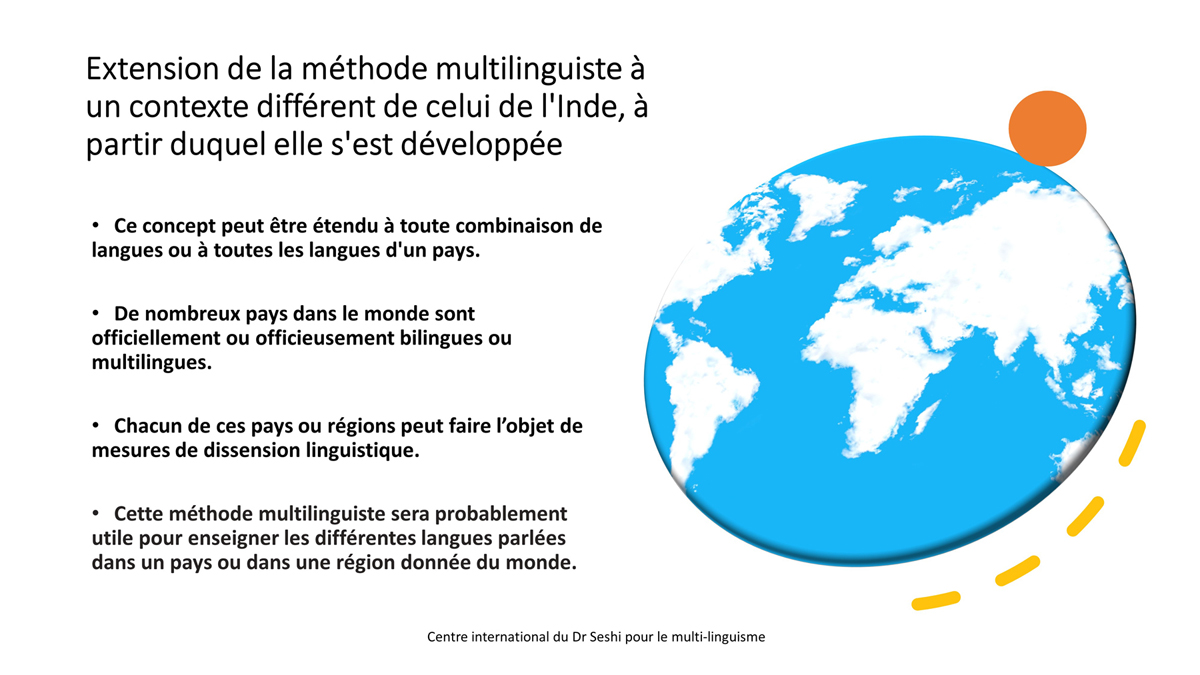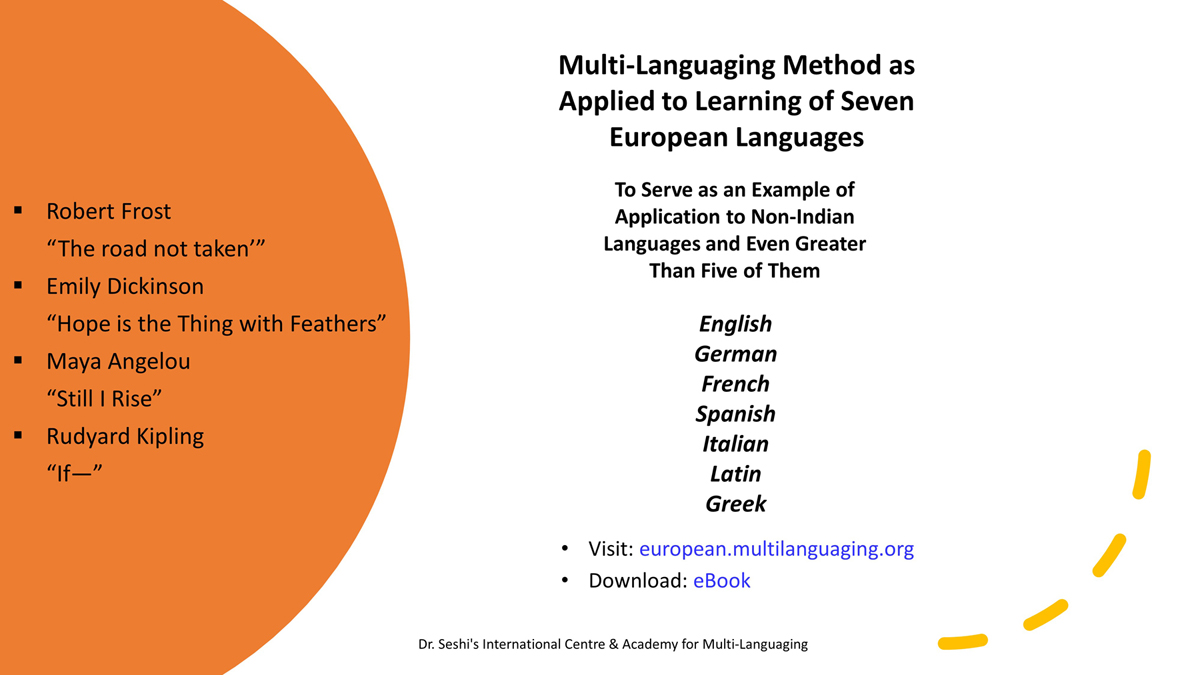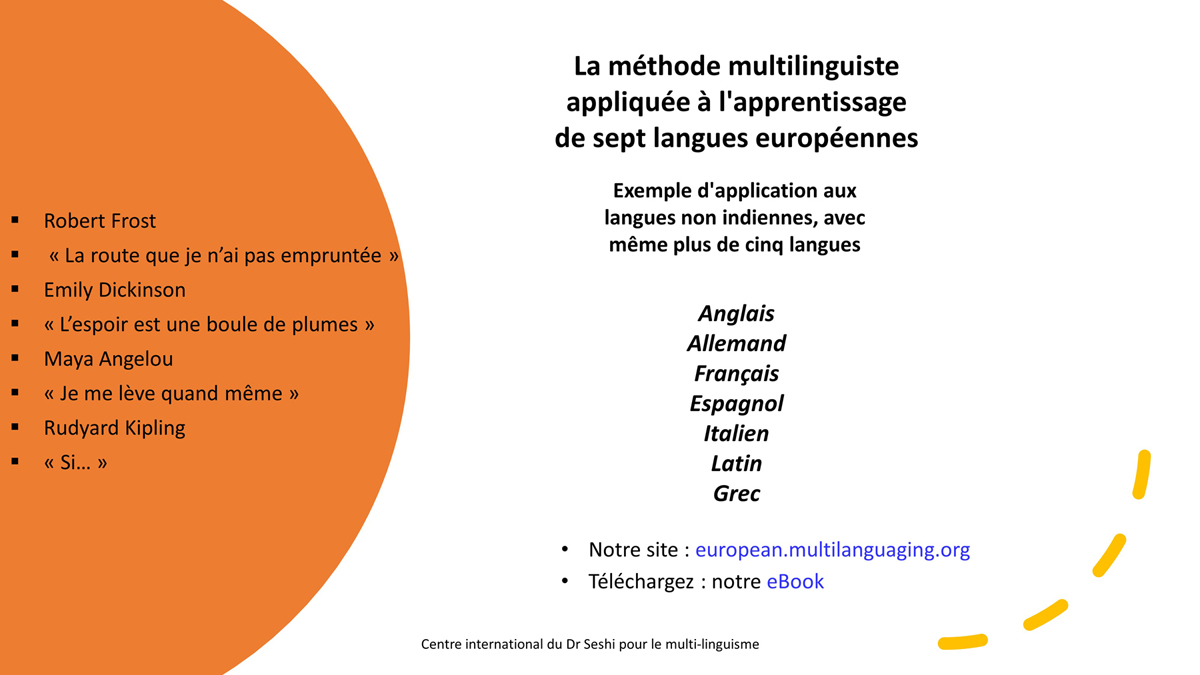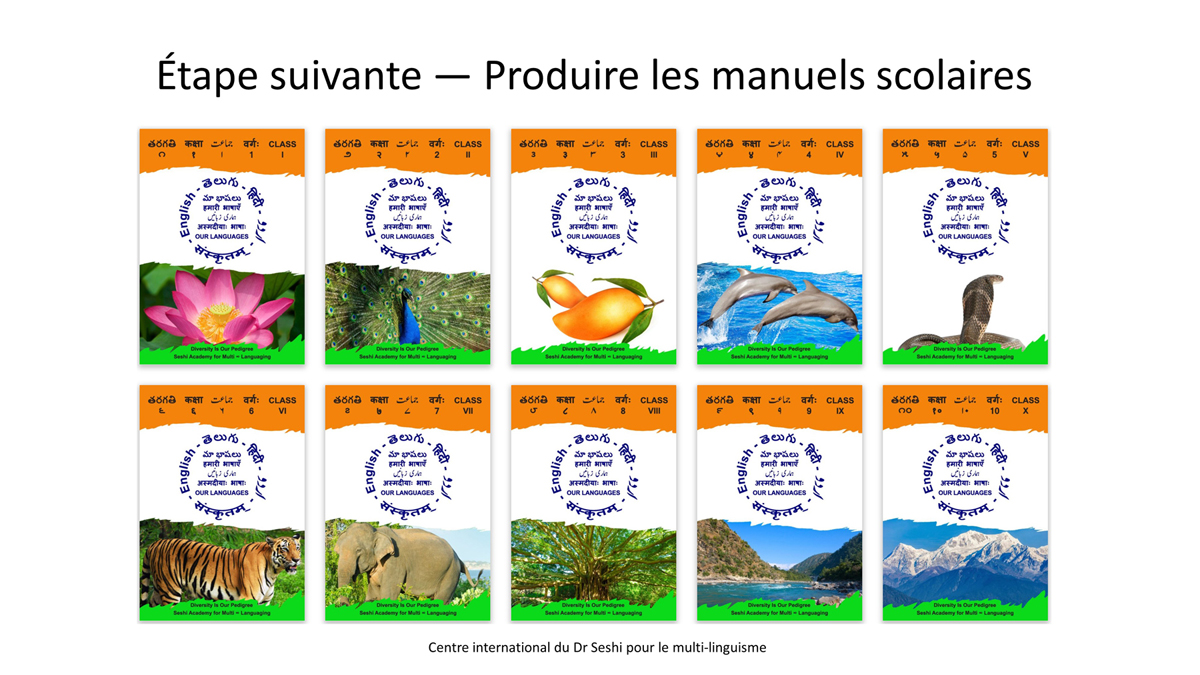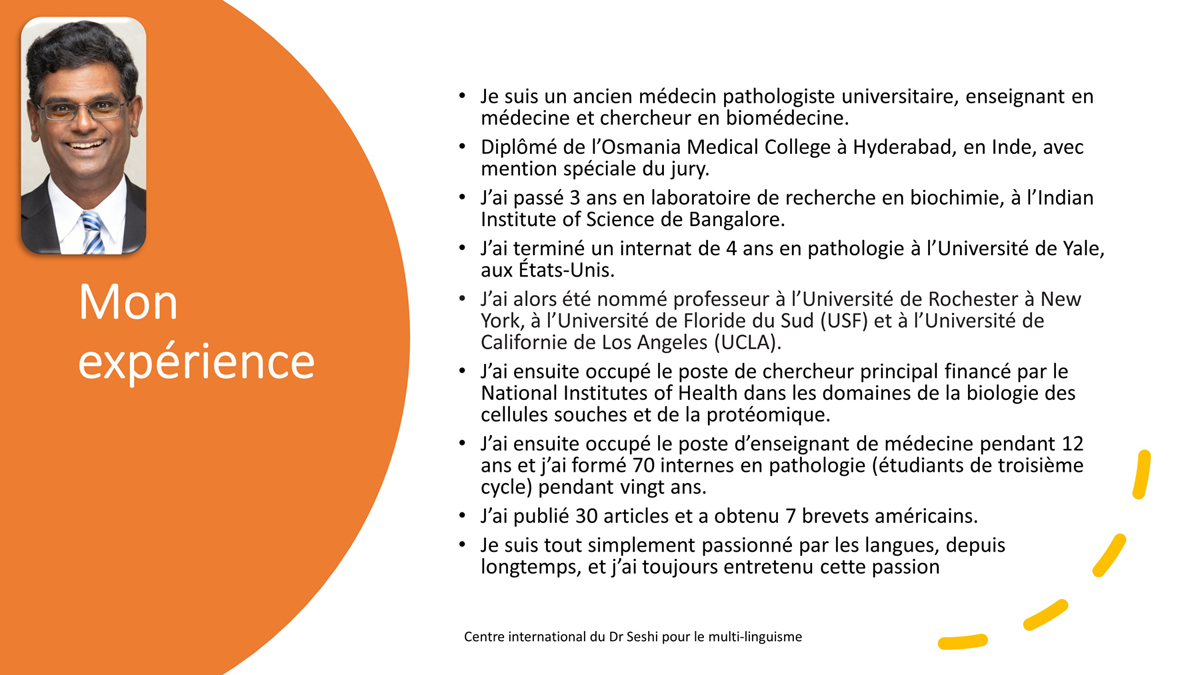La strada non presa
Cartella di lavoro plurilingue
 Di Robert Frost (1916)
Di Robert Frost (1916)
| A | B | C | D | E | F | G | H | I | J | K | L | M | N | O | P | Q | R | |
| 1 | Column1 | Column2 | Column3 | Column4 | Column5 | Column6 | Column7 | Column8 | Column9 | Column10 | Column11 | Column12 | Column13 | Column14 | Column15 | Column16 | Column17 | Column18 |
| 2 | English | The | Road | Not | Taken | |||||||||||||
| 3 | German | Der | Weg | nicht | eingeschlagene | |||||||||||||
| 4 | French | La | route | que je n’ai pas | prise | |||||||||||||
| 5 | Spanish | El | camino | no | tomado | |||||||||||||
| 6 | Italian | La | strada | non | presa | |||||||||||||
| 7 | Latin | (15) | Via | Non | Peragrata | |||||||||||||
| 8 | Greek | Ο | Δρόμος | που δεν ακολουθήθηκε | ||||||||||||||
| 9 | Transliteration | O | Drómos | pou den akolouthíthike | ||||||||||||||
| 10 | ||||||||||||||||||
| 11 | English | By | Robert | Frost | (1916) | |||||||||||||
| 12 | German | von | Robert | Frost | (1916) | |||||||||||||
| 13 | French | De | Robert | Frost | (1916) | |||||||||||||
| 14 | Spanish | Por | Robert | Frost | (1916) | |||||||||||||
| 15 | Italian | Di | Robert | Frost | (1916) | |||||||||||||
| 16 | Latin | Ab | Roberto | Frost | (1916) | |||||||||||||
| 17 | Greek | Του | Ρομπερτ | Φροστ | (1916) | |||||||||||||
| 18 | Transliteration | Tou | Rompert | Frost | (1916) | |||||||||||||
| 19 | ¶ | ¶ | ¶ | |||||||||||||||
| 20 | English | “Two | roads | diverged | in | a | yellow | wood, | ||||||||||
| 21 | German | „Zwei | Straßen | trennten sich | in | einem | gelben | Wald, | ||||||||||
| 22 | French | Deux | routes | divergeaient | dans | un | bois | jaune. | ||||||||||
| 23 | Spanish | “Dos | caminos | se bifurcan | en | un | amarillo | bosque, | ||||||||||
| 24 | Italian | Due | strade | divergevano | in | un | ingiallito | bosco | ||||||||||
| 25 | Latin | Duae | viae | in diversas partes tulerunt | (15) | in | flava | silva, | ||||||||||
| 26 | Greek | Δύο | δρόμοι | απέκλιναν | σε | ένα | κίτρινο | δάσος, | ||||||||||
| 27 | Transliteration | Dýo | drómoi | apéklinan | se | éna | kítrino | dásos, | ||||||||||
| 28 | ||||||||||||||||||
| 29 | English | And | sorry | I | could | not | travel | both | ||||||||||
| 30 | German | Und | es tat mir leid, dass | ich | konnte | nicht | bereisen | beide | ||||||||||
| 31 | French | Triste | de ne pouvoir (2) | emprunter | les deux | |||||||||||||
| 32 | Spanish | Y | apenado | por | poder | no | tomar | los dos | ||||||||||
| 33 | Italian | E | purtroppo | potevo | non | percorrerle | entrambe | |||||||||||
| 34 | Latin | Et | maestus | (15) | potui | non | peragrare | ambas | ||||||||||
| 35 | Greek | Και | λυπημένος | που δεν μπορούσα | να ακολουθήσω | και τους δύο | ||||||||||||
| 36 | Transliteration | Kai | lypiménos | pou den boroúsa | na akolouthíso | kai tous dýo | ||||||||||||
| 37 | ||||||||||||||||||
| 38 | English | And | be | one | traveler, | long | I | stood | ||||||||||
| 39 | German | Und | da ich | ein | einsamer Reisender war, | lange | ich | stand | ||||||||||
| 40 | French | et | d’être | seul, | (3) | un instant. | je | réfléchis | ||||||||||
| 41 | Spanish | Y | ser | un | viajero, | largo tiempo. | estuve de pie | |||||||||||
| 42 | Italian | Ed | essendo | un solo | viaggiatore | a lungo | mi | soffermai | ||||||||||
| 43 | Latin | Et | esse | unus | viator, | diu | (15) | steti | ||||||||||
| 44 | Greek | Και | να παραμείνω | ένας | ταξιδώτης, | επί μακρόν | στάθηκα (στο πεδίο) (16) | |||||||||||
| 45 | Transliteration | Kai | na parameíno | énas | taxidótis, | epí makrón | státhika (sto pedío) | |||||||||||
| 46 | ||||||||||||||||||
| 47 | English | And | looked | down | one | as | far | as | I | could | ||||||||
| 48 | German | Und | schaute | herab | auf den einen | so | weit | wie | ich | möglich | ||||||||
| 49 | French | (3) | J’en suivi une du regard, (4) | aussi | loin | que | je | le pus | ||||||||||
| 50 | Spanish | Y | miré | (13) | uno | tan | lejos | como | (13) | pude | ||||||||
| 51 | Italian | E | guardai | giù | per una | il | più lontano | che | potevo | |||||||||
| 52 | Latin | Et | spectavi | secundum | unam | quam | longissime | (15) | poteram | |||||||||
| 53 | Greek | Και | κοίταξα | σε βάθος | έναν | όσο | πιο μακριά | μπορούσα | ||||||||||
| 54 | Transliteration | Kai | koítaxa | se váthos | énan | óso | pio makriá | boroúsa | ||||||||||
| 55 | ||||||||||||||||||
| 56 | English | To | where | it | bent | in | the | undergrowth; | ||||||||||
| 57 | German | Dorthin, | wo | er sich | bog | im | Unterholz; | |||||||||||
| 58 | French | Jusqu’ | à | ce | virage | dans | les | sous-bois ; | ||||||||||
| 59 | Spanish | Hasta | donde | se | perdía | en | la | espesura; | ||||||||||
| 60 | Italian | Fin | dove | svoltava | nel | (14) | sottobosco; | |||||||||||
| 61 | Latin | Quo | (15) | flectebatur | in | (15) | virgultis; | |||||||||||
| 62 | Greek | Ως | εκεί | που έστριβε | σε | χαμηλή βλάστηση (λες και είναι πάτος).(17) | ||||||||||||
| 63 | Transliteration | Os | ekeí | pou éstrive | se | chamilí vlástisi (kai eínai pátos). | ||||||||||||
| 64 | ¶ | ¶ | ¶ | |||||||||||||||
| 65 | English | Then | took | the | other, | as | just | as | fair, | |||||||||
| 66 | German | Dann | nahm ich | den | anderen, | der | genau | so | gut | |||||||||
| 67 | French | Puis, | je pris | l’autre, | tout | aussi | belle. | |||||||||||
| 68 | Spanish | Entonces | tomé | el | otro, | tan | justo | como | razonable, | |||||||||
| 69 | Italian | Quindi | presi | l’ | altra | altrettanto | buona | |||||||||||
| 70 | Latin | Tum | secutus sum | (15) | alteram, | (15) | ita | ut | pulchram, | |||||||||
| 71 | Greek | Έπειτα | πήρα | τον | άλλο | γιατί δεν νομίζω να κάνω λάθος | ||||||||||||
| 72 | Transliteration | Épeita | píra | ton | állo | giatí den nomízo na káno láthos | ||||||||||||
| 73 | ||||||||||||||||||
| 74 | English | And | having | perhaps | the | better | claim, | |||||||||||
| 75 | German | Und | hatte | vielleicht | den | besseren | Anspruch, | |||||||||||
| 76 | French | (3) | Elle offrait un avantage de taille, (5) | |||||||||||||||
| 77 | Spanish | Y | teniendo | quizás | la | acertada | elección, | |||||||||||
| 78 | Italian | E | avendo | forse | l’ | migliore | aspetto | |||||||||||
| 79 | Latin | Et | habens | fortasse | (15) | meliorem | postulationem, | |||||||||||
| 80 | Greek | Και | το είχε | ίσως | πιο πολύ ζητήσει | |||||||||||||
| 81 | Transliteration | Kai | to eíche | ísos | pio polý zitísei | |||||||||||||
| 82 | ||||||||||||||||||
| 83 | English | Because | it | was | grassy | and | wanted | wear; | ||||||||||
| 84 | German | Weil | er | war | grasig | und | wollte | abgenutzt werden; | ||||||||||
| 85 | French | car | son | herbe me semblait (6) | agréable à fouler ; (6) | |||||||||||||
| 86 | Spanish | porque | (13) | era | tupido | y | requería | uso; | ||||||||||
| 87 | Italian | Perchè | era | erbosa | e | meno | battuta; | |||||||||||
| 88 | Latin | Quod | (15) | erat | herbosa | et | cupiebat | usum; | ||||||||||
| 89 | Greek | Γιατί | ήταν | χορταριασμένος | και | αναζητούσε | χρήση. | |||||||||||
| 90 | Transliteration | Giatí | ítan | chortariasménos | kai | anazitoúse | chrísi. | |||||||||||
| 91 | ||||||||||||||||||
| 92 | English | Though | as | for | that | the | passing | there | ||||||||||
| 93 | German | Obwohl | (1) | das | (1) | Gehen | dort | |||||||||||
| 94 | French | mais | en la parcourant, (7) | je constatait (7) | ||||||||||||||
| 95 | Spanish | aunque | con | lo | que | (13) | pasó | allí | ||||||||||
| 96 | Italian | Anche se | (14) | per | chi | (14) | passava | di lì | ||||||||||
| 97 | Latin | Quamquam | (15) | de | eo | (15) | transitus | ibi | ||||||||||
| 98 | Greek | Αν και | για το | παραπάνω | οι άνθρωποι εκεί που είχαν πατήσει | |||||||||||||
| 99 | Transliteration | An kai | gia to | parapáno | oi ánthropoi ekeí pou eíchan patísei | |||||||||||||
| 100 | ||||||||||||||||||
| 101 | English | Had | worn | them | really | about | the | same, | ||||||||||
| 102 | German | Hatte | abgetragen | sie | wirklich | ungefähr | (1) | gleich, | ||||||||||
| 103 | French | qu’elles étaient en fait (8) | bien similaires. | |||||||||||||||
| 104 | Spanish | hubiera | usado | los | realmente | (13) | igual, | |||||||||||
| 105 | Italian | erano | state percorse | (14) | quasi | quasi | allo | stesso modo, | ||||||||||
| 106 | Latin | (15) | triterat | eas | vero | circiter | (15) | idem, | ||||||||||
| 107 | Greek | τους είχε προκαλέσει φθορά | (18) | περίπου | στον | ίδιο βαθμό, | ||||||||||||
| 108 | Transliteration | tous eíche prokalései fthorá | perípou | ston | ídio vathmó, | |||||||||||||
| 109 | ¶ | ¶ | ¶ | |||||||||||||||
| 110 | English | And | both | that | morning | equally | lay | |||||||||||
| 111 | German | Und | beide | an diesem | Morgen | gleichermaßen | lagen | |||||||||||
| 112 | French | Car | en cette | matinée, | elles étaient toutes deux recouvertes (9) | |||||||||||||
| 113 | Spanish | Y | ambos | esa | mañana | igualmente | yacían | |||||||||||
| 114 | Italian | Ed | entrambe | quella | mattina | uguali | giacevano | |||||||||||
| 115 | Latin | Et | ambae | illo | mane | pariter | iacerunt | |||||||||||
| 116 | Greek | Και | τους δύο | εκείνο το | πρωί | ένα (στρώμα τους είχε καλυψει)(19) | ||||||||||||
| 117 | Transliteration | Kai | tous dýo | ekeíno to | proí | éna (stróma tous eíche kalypsei) | ||||||||||||
| 118 | ||||||||||||||||||
| 119 | English | In | leaves | no | step | had | trodden | black. | ||||||||||
| 120 | German | Im | Laub | kein | Schritt | hat sie | getreten | schwarz. | ||||||||||
| 121 | French | de | feuilles | qu’aucun | pas | n’avait | foulées. | |||||||||||
| 122 | Spanish | En | las hojas | en las que ningún | paso | había | pasado. | |||||||||||
| 123 | Italian | Nelle | foglie che | nessun | passo | aveva | annerito. | |||||||||||
| 124 | Latin | Apud | folia quae | nullus | ingressus | (15) | peragraverat | atra. | ||||||||||
| 125 | Greek | Από | φύλλα | που από βήμα κανενός | δεν άλλαξαν χρώμα (20) | |||||||||||||
| 126 | Transliteration | Apó | fýlla | pou apó víma kanenós | den állaxan chróma | |||||||||||||
| 127 | ||||||||||||||||||
| 128 | English | Oh, | I | kept | the | first | for | another | day! | |||||||||
| 129 | German | Oh, | ich | habe mir vorbehalten | den | ersten | für | einen anderen | Tag! | |||||||||
| 130 | French | Eh bien, | je | découvrirai | la | première | une | autre | fois! | |||||||||
| 131 | Spanish | ¡Oh, | yo | conservé | aquel | primero | para | otro | día! | |||||||||
| 132 | Italian | Oh, | conservai | la | prima | per | un altro | giorno! | ||||||||||
| 133 | Latin | O, | (15) | servavi | (15) | primam | in | alium | diem! | |||||||||
| 134 | Greek | Ω, | κράτησα | τον | πρώτο | για | μια άλλη | μέρα (στην δική μου ζήση)! (21) | ||||||||||
| 135 | Transliteration | O, | krátisa | ton | próto | gia | mia álli | méra (stin dikí mou zísi)! | ||||||||||
| 136 | ||||||||||||||||||
| 137 | English | Yet | knowing | how | way | leads | on | to | way, | |||||||||
| 138 | German | Da ich | weiß | wie | Weg | führt | zu | Weg, | ||||||||||
| 139 | French | Mais | sachant | qu’une route (10) | mène | à une autre, (10) | ||||||||||||
| 140 | Spanish | Aún | sabiendo | como | el sentido | lleva | hacia | el otro | sentido, | |||||||||
| 141 | Italian | Pur | sapendo | come | una strada | conduce | all’altra | strada, | ||||||||||
| 142 | Latin | Attamen | sciens | quomodo | via | ducat | (15) | in | viam, | |||||||||
| 143 | Greek | Όμως | γνωρίζοντας | πως | ο δρόμος | θα οδηγήσει | σε | δρόμο | ||||||||||
| 144 | Transliteration | Ómos | gnorízontas | pos | o drómos | tha odigísei | se | drómo | ||||||||||
| 145 | ||||||||||||||||||
| 146 | English | I | doubted | if | I | should | ever | come | back. | |||||||||
| 147 | German | Ich | bezweifelte | ob | ich | würde | jemals | wiederkommen | ||||||||||
| 148 | French | Je | me demandais | si | je | devais | (3) | revenir | en arrière. | |||||||||
| 149 | Spanish | Dudé | si | yo | debería | jamás | regresar. | |||||||||||
| 150 | Italian | Dubitai | se | sarei | mai | tornato | indietro. | |||||||||||
| 151 | Latin | dubitavi | si | (15) | umquam | redirem. | (15) | |||||||||||
| 152 | Greek | Αμφέβαλα | αν | (ο δρόμος ) ποτέ θα (με πισωγυρίσει.) (22) | ||||||||||||||
| 153 | Transliteration | Amfévala | an | (o drómos) poté tha (me pisogyrísei.) | ||||||||||||||
| 154 | ¶ | ¶ | ¶ | |||||||||||||||
| 155 | English | I | shall | be | telling | this | with | a | sigh | |||||||||
| 156 | German | Ich | sollte | (1) | erzählen | dies | mit | einem | Seufzer | |||||||||
| 157 | French | Je | répéterai (11) | ceci | (3) | en | soupirant | |||||||||||
| 158 | Spanish | Debo | estar | diciendo | esto | con | un | suspiro | ||||||||||
| 159 | Italian | Lo racconterò | (14) | con | un | sospiro | ||||||||||||
| 160 | Latin | (15) | Dicam | hoc | cum | (15) | gemitu | |||||||||||
| 161 | Greek | Θα το λέω | αυτό | με | έναν | αναστεναγμό | ||||||||||||
| 162 | Transliteration | Tha to léo | aftó | me | énan | anastenagmó | ||||||||||||
| 163 | ||||||||||||||||||
| 164 | English | Somewhere | ages | and | ages | hence: | ||||||||||||
| 165 | German | Irgendwo | Altert | und | alt | daher: | ||||||||||||
| 166 | French | pendant une éternité: (12) | ||||||||||||||||
| 167 | Spanish | En algún lugar | siglos | y | siglos, | por ende: | ||||||||||||
| 168 | Italian | Da qualche parte | secoli | e | secoli | a venire: | ||||||||||||
| 169 | Latin | Alicubi | aeva | et | aeva | hinc; | ||||||||||||
| 170 | Greek | Κάπου | έτη | και | έτη | πίσω από τώρα | ||||||||||||
| 171 | Transliteration | Kápou | éti | kai | éti | píso apó tóra | ||||||||||||
| 172 | ||||||||||||||||||
| 173 | English | Two | roads | diverged | in | a | wood, | and | I— | |||||||||
| 174 | German | Zwei | Wege | trennten sich | in | einem | Wald | und | ich | |||||||||
| 175 | French | Deux | routes | divergeaient | dans | un | bois, | et | moi | |||||||||
| 176 | Spanish | Dos | caminos | se bifurcaban | en | un | bosque | y | yo- | |||||||||
| 177 | Italian | Due | strade | divergevano | in | un | bosco | e | io — | |||||||||
| 178 | Latin | Duae | viae | in diversas partes tulerunt | in | (15) | silva | et | ego– | |||||||||
| 179 | Greek | Δύο | δρόμοι | απέκλιναν | σε | ένα | δάσος, | και | εγώ– | |||||||||
| 180 | Transliteration | Dýo | drómoi | apéklinan | se | éna | dásos, | kai | egó– | |||||||||
| 181 | ||||||||||||||||||
| 182 | English | I | took | the | one | less | traveled | by, | ||||||||||
| 183 | German | Ich | nahm | den | (1) | weniger | bereisten | (1) | ||||||||||
| 184 | French | j’ai | suivi | la | moins | fréquentée | ||||||||||||
| 185 | Spanish | Yo | tomé | el | (13) | menos | transitado, | (13) | ||||||||||
| 186 | Italian | Io | presi | quella | meno | percorsa, | (14) | |||||||||||
| 187 | Latin | (15) | secutus sum | (15) | eam | minus | peragratam, | |||||||||||
| 188 | Greek | πήρα | τον | λιγότερο | περπατημένο | |||||||||||||
| 189 | Transliteration | píra | ton | ligótero | perpatiméno | |||||||||||||
| 190 | ||||||||||||||||||
| 191 | English | And | that | has | made | all | the | difference.” | ||||||||||
| 192 | German | Und | das | war | (1) | der | Unterschied.” | |||||||||||
| 193 | French | Et | c’est ça | qui a fait | toute | la | différence. » | |||||||||||
| 194 | Spanish | Y | eso | ha | hecho | toda | la | diferencia.” | ||||||||||
| 195 | Italian | E | ciò | ha | fatto | tutta | la | differenza.” | ||||||||||
| 196 | Latin | Et | illud | (15) | fecit | omnem | (15) | mutavit. | ||||||||||
| 197 | Greek | Και | αυτό | κάνει | όλη | την | διαφορά.” | |||||||||||
| 198 | Transliteration | Kai | aftó | kánei | óli | tin | diaforá.” | |||||||||||
| 199 | ¶ | ¶ | ¶ | |||||||||||||||
| 200 | ||||||||||||||||||
| 201 | * | * | * | |||||||||||||||
| 202 | ||||||||||||||||||
| 203 | English | Here | is | a | weblink | to | a | recitation | of | the | poem | in | English. | |||||
| 204 | German | Hier | ist | ein | Weblink | zu | einer | Rezitation | des | Gedichts | in | englischer Sprache | ||||||
| 205 | French | Voici | un | lien | vers | une | récitation | du | poème | en | anglais. | |||||||
| 206 | Spanish | Aquí | está | un | enlace web | de | la | recitación | del | (13) | poema | en | inglés. | |||||
| 207 | Italian | Qui | trovi | un | collegamento | alla | (14) | recitazione | della | (14) | poesia | in | inglese. | |||||
| 208 | Latin | Ecce | (15) | vinculum retiale | (15) | recitationi | (15) | poematis | in | Anglica. | ||||||||
| 209 | Greek | Εδώ | είναι | ένας | σύνδεσμος | σε | μια | απαγγελία | του | ποιήματος | στα | Αγγλικά. | ||||||
| 210 | Transliteration | Edó | eínai | énas | sýndesmos | se | mia | apangelía | tou | poiímatos | sta | Angliká. | ||||||
| 211 | ||||||||||||||||||
| 212 | English | https://www.youtube.com/watch?v=KUaQgRiJukA | ||||||||||||||||
| 213 | German | https://www.youtube.com/watch?v=KUaQgRiJukA | ||||||||||||||||
| 214 | French | https://www.youtube.com/watch?v=KUaQgRiJukA | ||||||||||||||||
| 215 | Spanish | https://www.youtube.com/watch?v=KUaQgRiJukA | ||||||||||||||||
| 216 | Italian | https://www.youtube.com/watch?v=KUaQgRiJukA | ||||||||||||||||
| 217 | Latin | https://www.youtube.com/watch?v=KUaQgRiJukA | ||||||||||||||||
| 218 | Greek | https://www.youtube.com/watch?v=KUaQgRiJukA | ||||||||||||||||
| 219 | Transliteration | https://www.youtube.com/watch?v=KUaQgRiJukA | ||||||||||||||||
| 220 | ||||||||||||||||||
| 221 | English | I | extend | an | open | invitation | to | the | readers | to | submit | recordings | of | their | recitations | of | its | translations. |
| 222 | German | Ich | richte | eine | offene | Einladung | an | die | Leser, | einzureichen | Aufnahmen | ihrer | Rezitationen | der | Übersetzungen | |||
| 223 | French | J’ | (3) | ouvertement | invite | les | lecteurs | à me soumettre | l’enregistrement | de | la | récitation | de | ces | traductions. | |||
| 224 | Spanish | Extiendo | una | abierta | invitación | para que | los | lectores | nos manden | las grabaciones | de | sus | recitaciones | de | las | traducciones | ||
| 225 | Italian | Estendo | (14) | aperto | l’invito | ai | (14) | lettori | a | presentare | le registrazioni | delle | loro | recitazioni | delle | traduzioni | ||
| 226 | Latin | Ego | porrigo | (15) | apertam | invitationem | (15) | Lectoribus | (15) | submittant | recordationes | (15) | suarum | recitationum | (15) | eius | translationum | |
| 227 | Greek | Προσκαλώ οποτεδήποτε θέλουν | οι | αναγνώστες | να | υποβάλουν | ηχογραφήσεις | των | απαγγελιών τους | των μεταφράσεών του. | ||||||||
| 228 | Transliteration | Proskaló opotedípote théloun | oi | anagnóstes | na | ypováloun | ichografíseis | ton | apangelión tous | ton metafráseón tou. | ||||||||
| 229 | ||||||||||||||||||
| 230 | English | If | selected, | their | audio/video | clips | will | be | hosted | on | this | website. | ||||||
| 231 | German | Wenn | sie ausgewählt, | ihre | Audio/Video | Clips | werden | werden | gehostet | auf | dieser | Website. | ||||||
| 232 | French | (3) | sélectionnés | Les meilleurs | audio/vidéo | clips | seront | et publiés | sur | ce | site. | |||||||
| 233 | Spanish | Si | selecionamos, | vuestros | de audio/video | clips | serán | publicados | en | este | sitio web. | |||||||
| 234 | Italian | Se | selezionato | il tuo | audio/video | clip | sarà | pubblicato | su | questo | sito Web. | |||||||
| 235 | Latin | Si | selecta, | eorum | audibilia/visibilia | praecisa | (15) | divulgabuntur | in | hac | pagina retiali. | |||||||
| 236 | Greek | Αν | επιλεγούν, | τους | τα ηχητικά/βίντεο | κλίπ | θα | φιλοξενηθούν | σε | αυτόν τον | ιστότοπο. | |||||||
| 237 | Transliteration | An | epilegoún, | tous | ta ichitiká/vínteo | klip | tha | filoxenithoún | se | aftón ton | istótopo. | |||||||
| 238 | ¶ | ¶ | ¶ | |||||||||||||||
© Copyright 2020. All Rights Reserved By Multilanguaging.org
German
1 “as for”, “the”, “be”, “one”, “by” and “made all” – Translation of these words in German in this context is not necessary because of the language structure, which is different from English.
French
2 “I could not” translated as “de ne pouvoir” which means “I couldn’t”
3 “traveler”, “And”, “ever”, “with” and “extend an”- Translation of these words in French in this context is not necessary because of the language structure, which is different from English.
Below are some of the words with explanation.
4 “looked down one” translated as “J’en suivi une du regard” which means “I kept watching one”
5 “having perhaps the better claim” translated as “Elle offrait un avantage de taille” which means “It offered a considerable advantage”
6 “was grassy” translated as “herbe me semblait” which means “As it grass seemed” and “and wanted wear” translated as “agréable à fouler” which means “enjoyable to set foot on”
7 “as for that” translated as “en la parcourant” which means “But walking on it” and “the passing there” translated as “je constatais” which means “I noticed”
8 “Had worn them really” translated as “qu’elles étaient en fait” which means “That actually both of them looked” and “about the same” translated as “bien similaires” which means “quite the same”
9 “equally lay” translated as “elles étaient toutes deux recouvertes” which means “they were both covered”
10 “how way” translated as “qu’une route” which means “one road” and “on to way” translated as “à une autre” which means “to another”
11 “shall be telling” translated as “répéterai” which means “will repeat”
12 “Somewhere ages and ages hence” translated as “pendant une éternité” which means “during an eternity”
Spanish
13 “down”, “I”, “it”, “the”, “about the”, “one” and “by”- Translation of these words in Spanish in this context is not necessary because of the language structure, which is different from English.
Italian
14 “the”, “as”, “them”, “this”, “by”, “a”, and “an” – Translation of these words in Italian in this context is not necessary because of the language structure, which is different from English.
Latin
15 “The”, “in”, “I”, “as I”, “where it”, “as”, “it”, “Had”, ”on”, “I should”, “back”, “I shall be”, “a”, “is a”, “to a”, “of the”, “an”, “to the”, “to”, “of” and “will be”- Translation of these words in Latin in this context is not necessary because of the language structure, which is different from English.
Greek
16 “And be one traveler, long I stood” translated as “Και να παραμένω ένας ταξιδιώτης, στάθηκα επί μακρόν (στο πεδίο)” Back translation: Back translation: And remain one traveler, I stood long (upon the field).
17 “To where it bent in the undergrowth;”translated as “Ως εκεί που έστριβε με χαμηλή βλάστηση (λες και είναι πάτος).” Back translation: To where it bent in the undergrowth (as if it was way too shallow)
18 “really” – Translation of these words in Greek in this context is not necessary because of the language structure, which is different from English.
19 “And both that morning equally lay” translated as “Και το πρωί εκείνο και τους δύο ένα όμοιο (στρώμα τους είχε καλύψει)” Back translation: And that morning both a similar layer (had covered them)
20 “In leaves no step had trodden black.” Translated as “Από φύλλα που δεν άλλαξαν χρώμα από βήμα κανενός.” Back translation: from leaves that had not changed color from the step of anyone
21 “Oh, I kept the first for another day!” translated as “Ω, κράτησα τον πρώτο για μια άλλη μέρα (στην δική μου ζήση)!” Back translation: I kept the first for another day (in my own life!)
22 “I doubted if I should ever come back.” translated as “Αμφέβαλα αν (ο δρόμος)22 ποτέ θα (με πισωγυρίσει).” Back translation: I doubted if (the way) will ever (lead me back)





